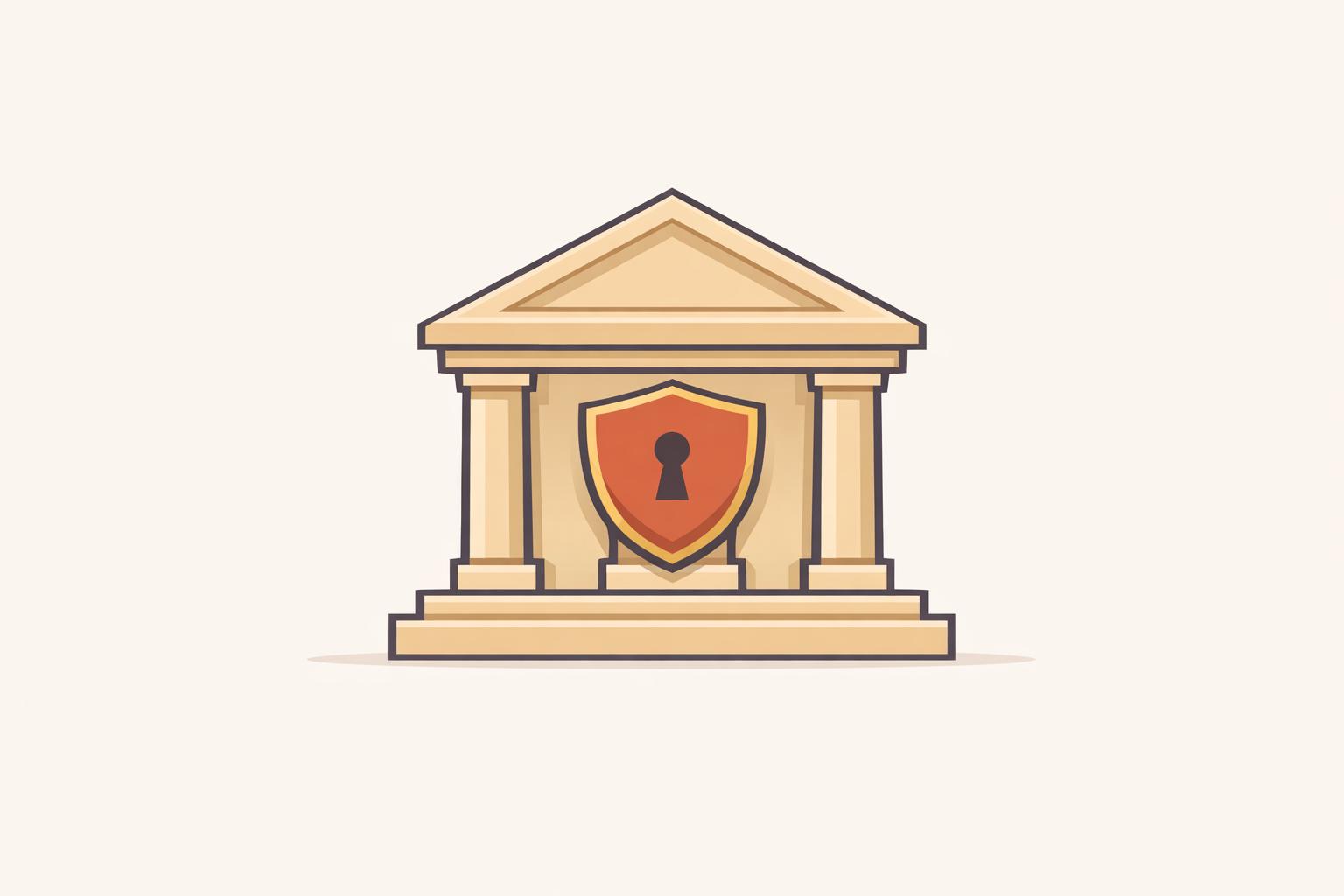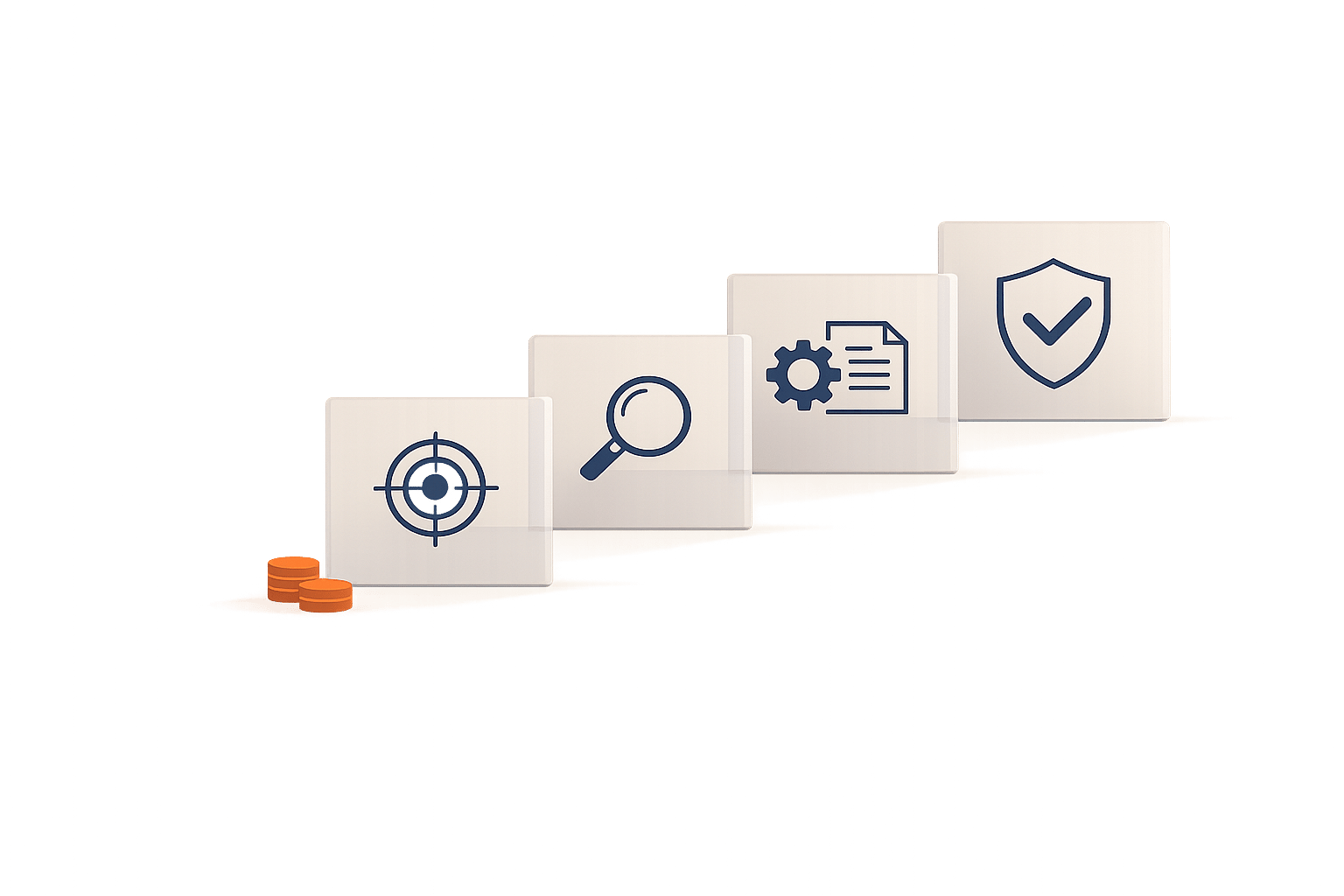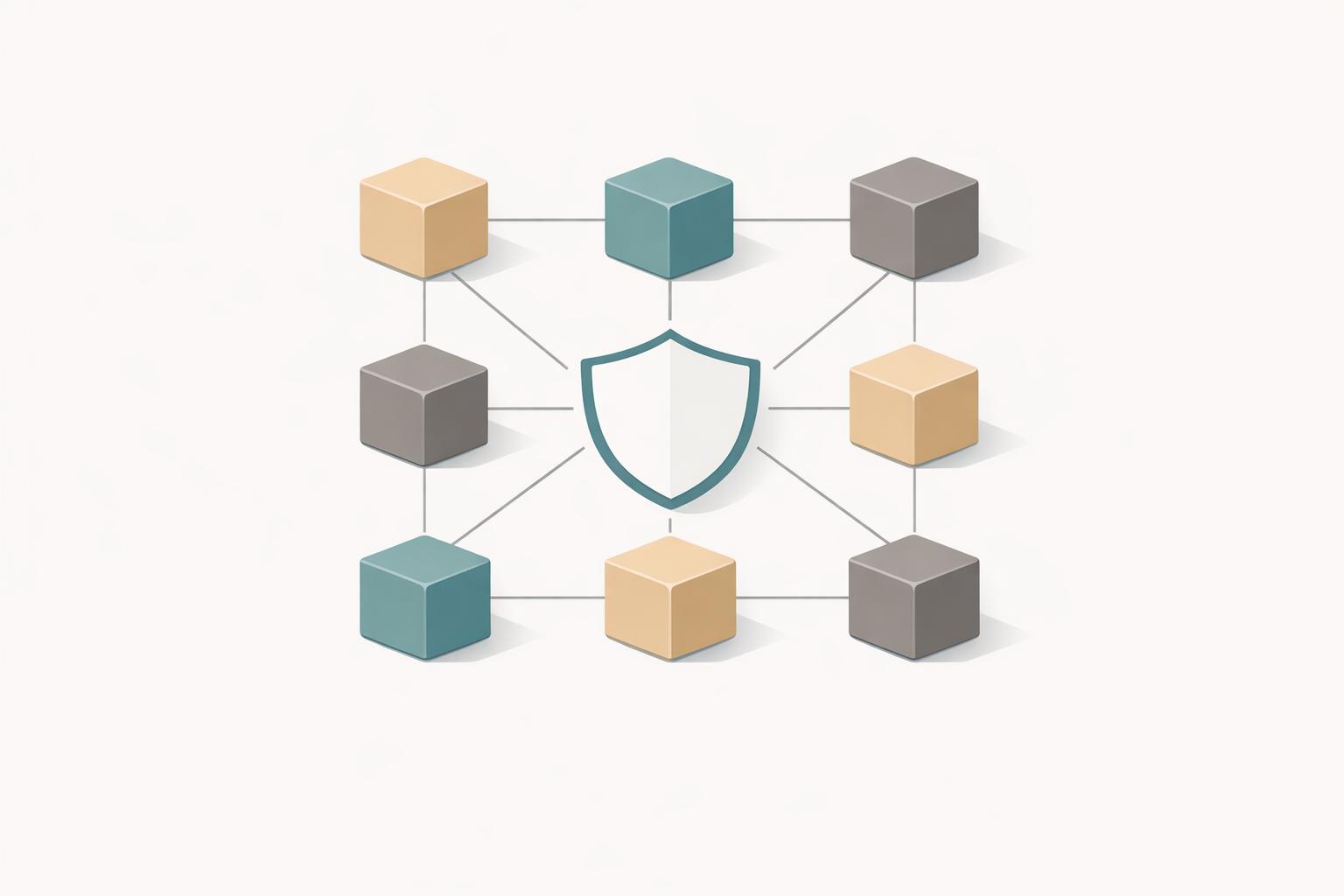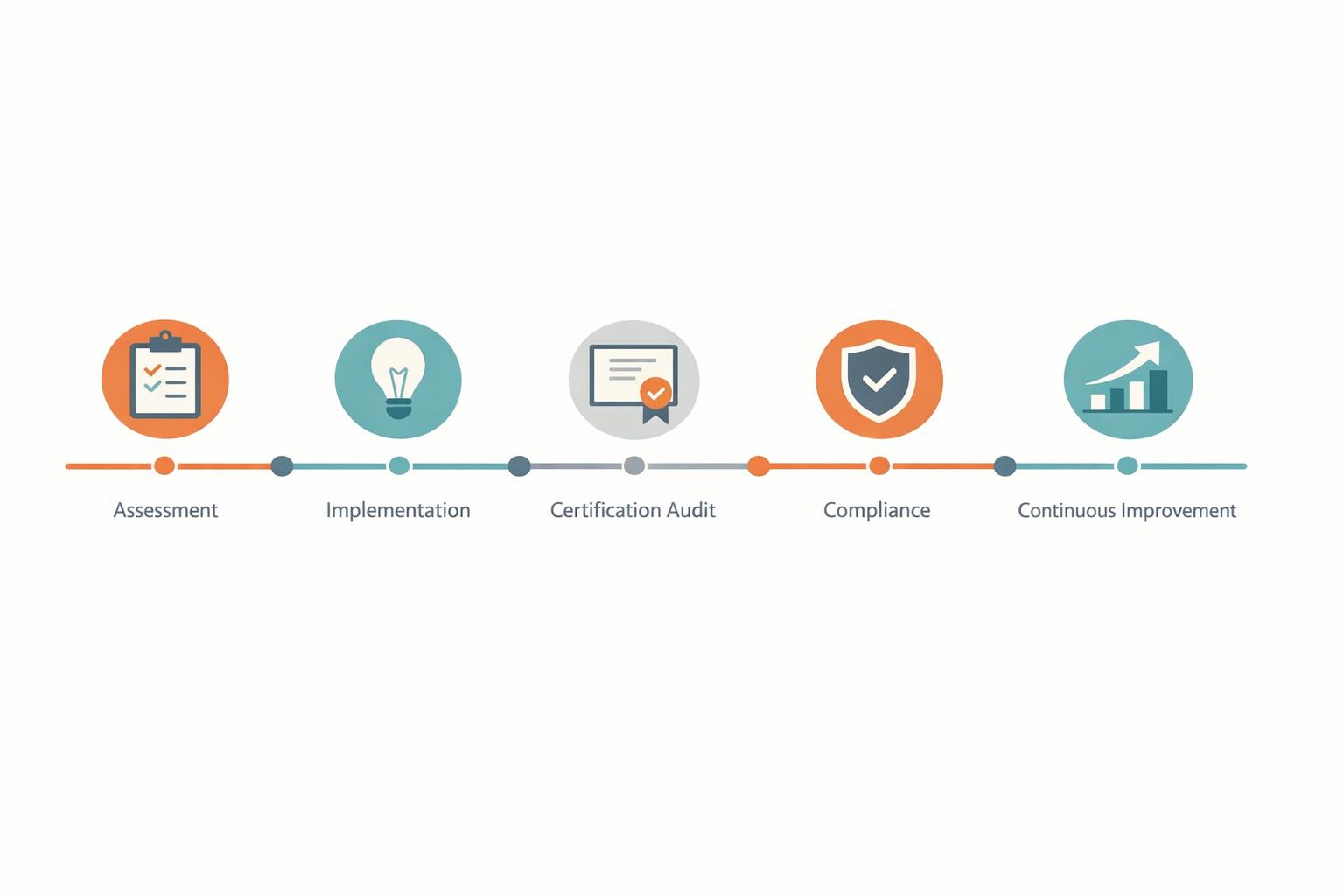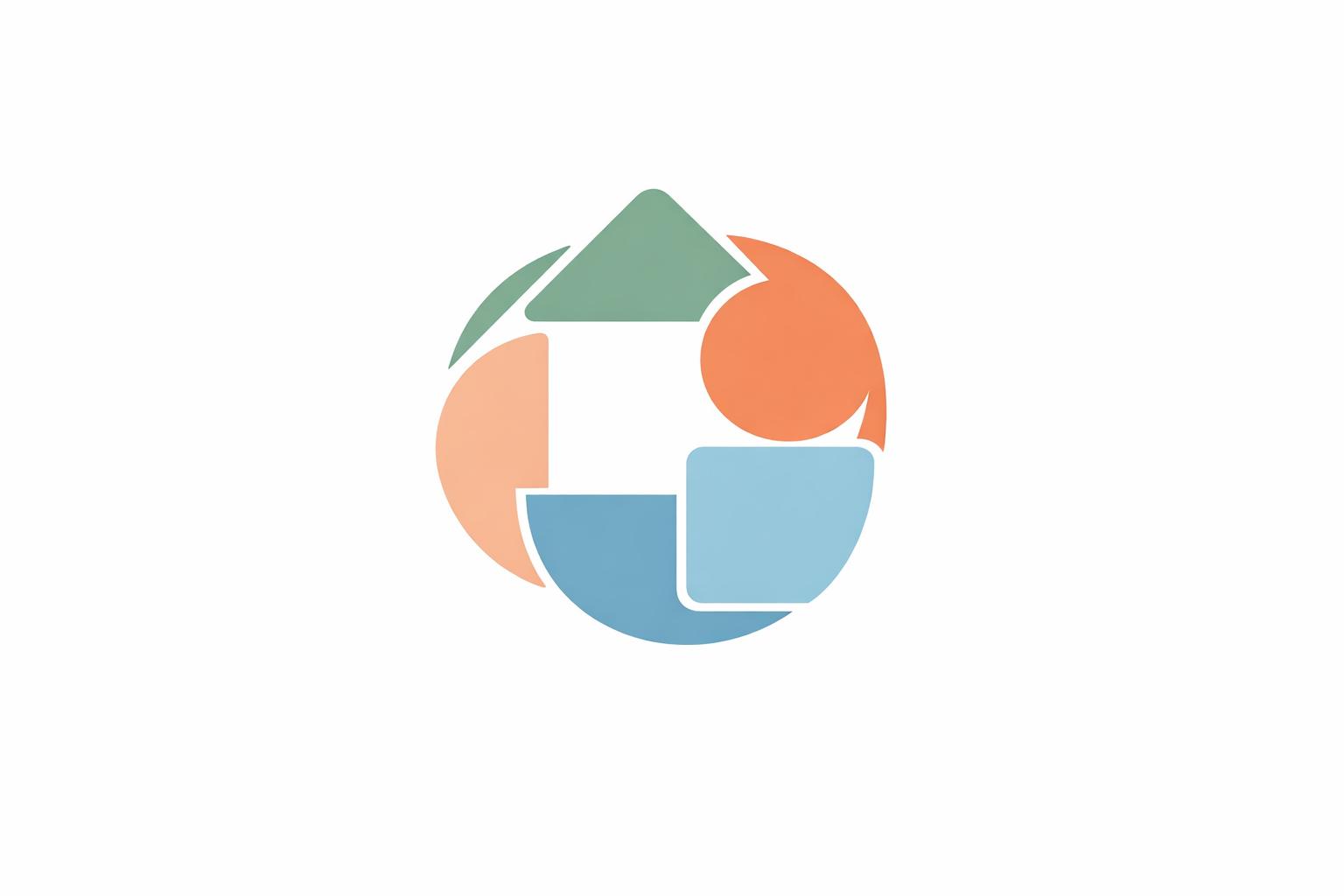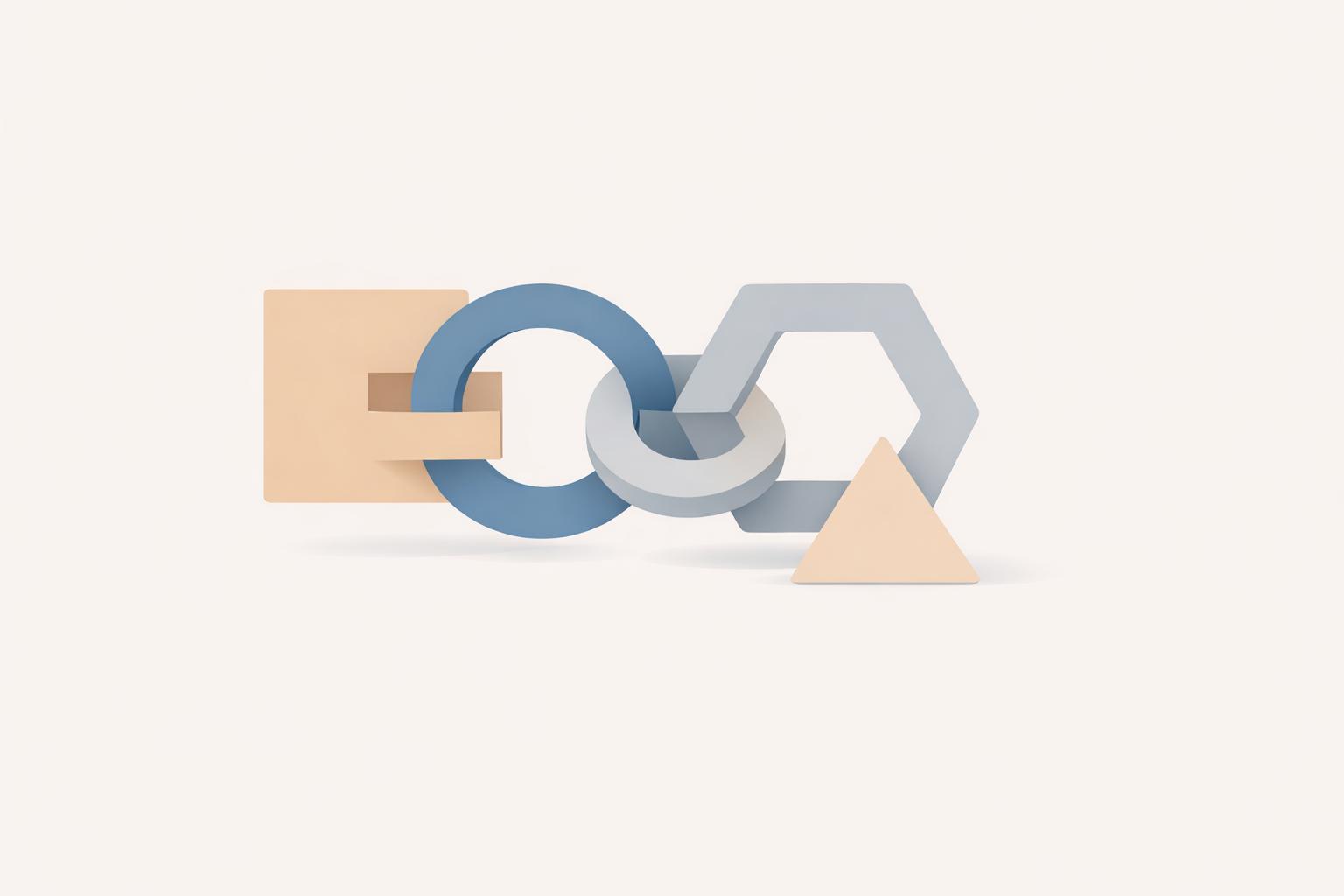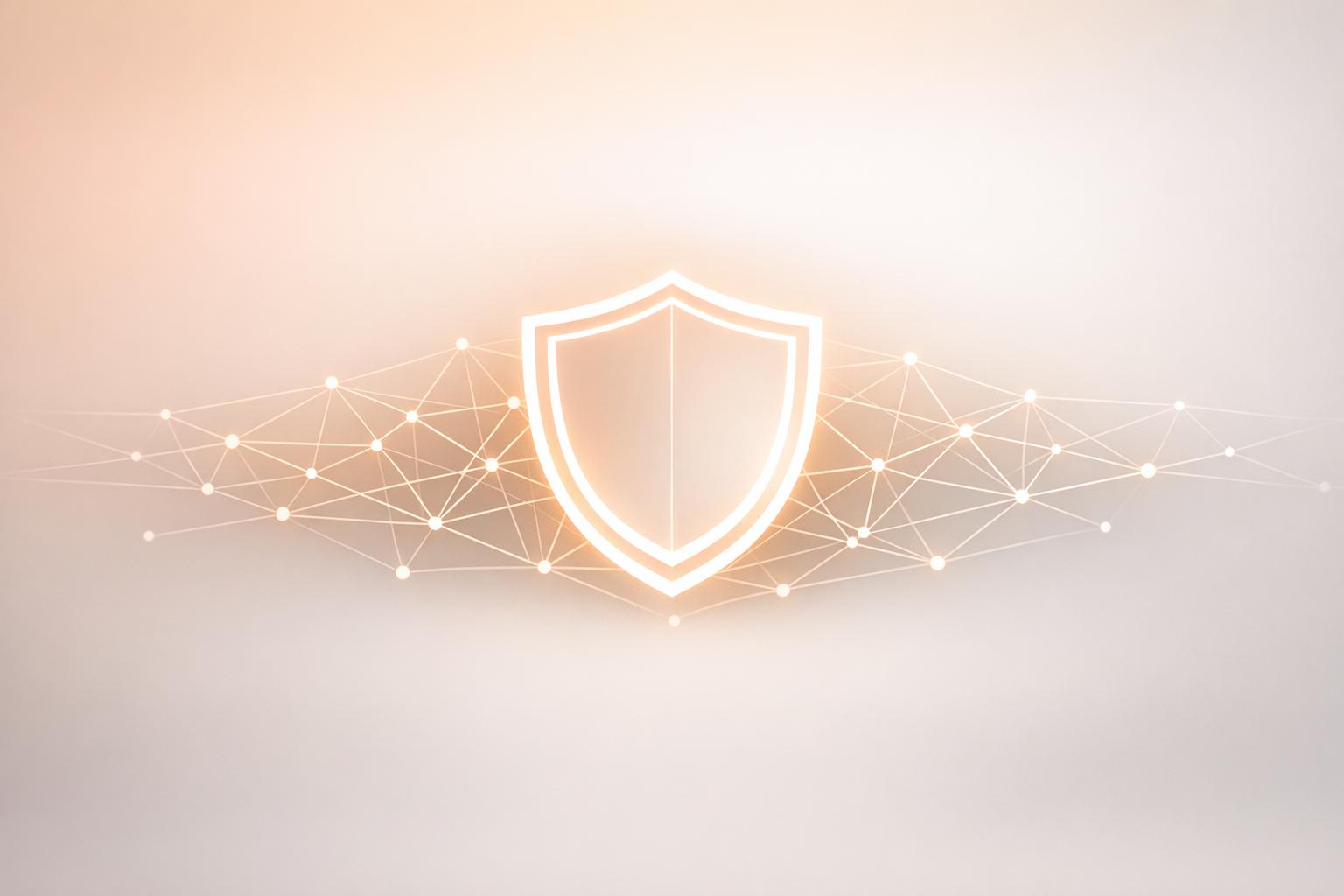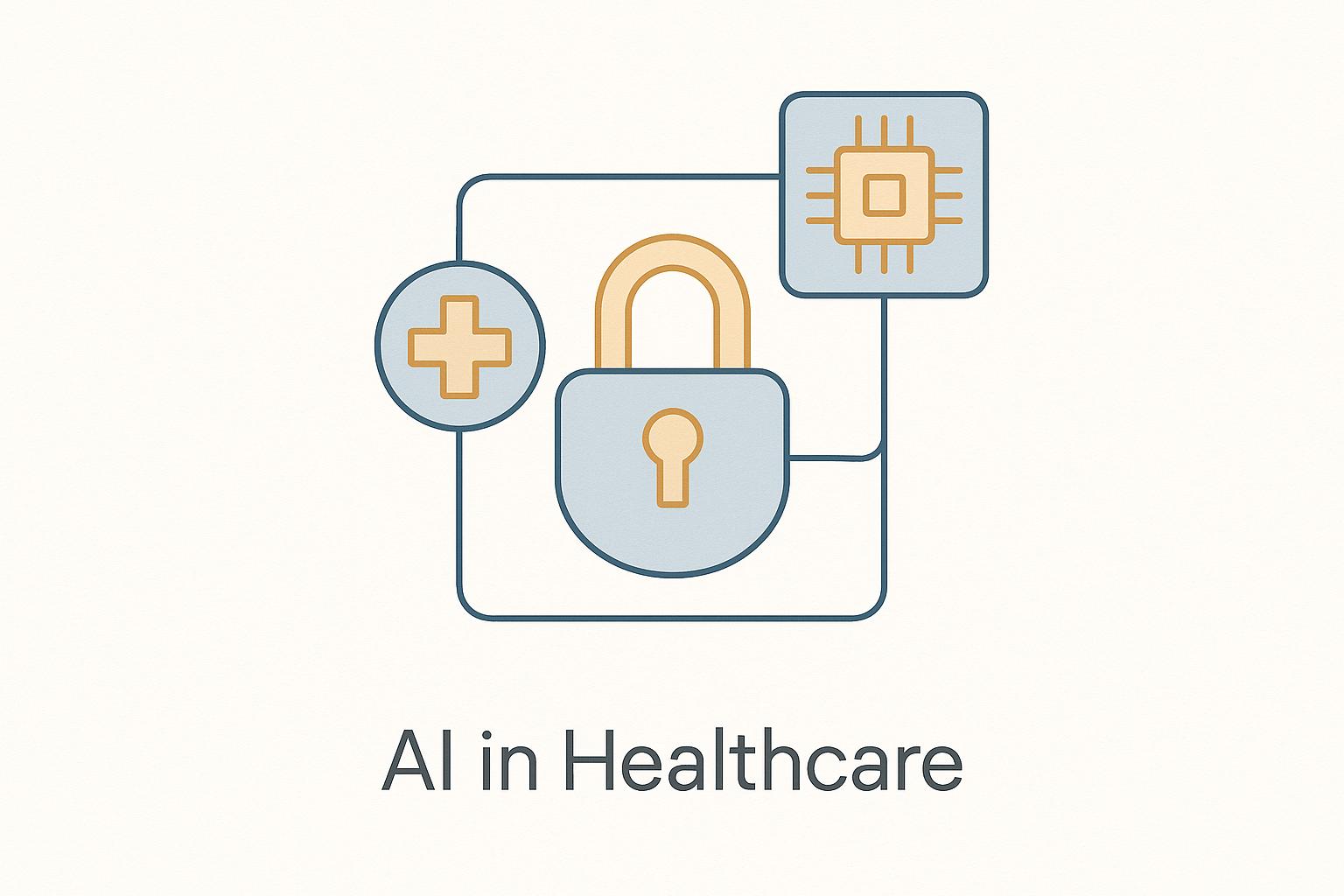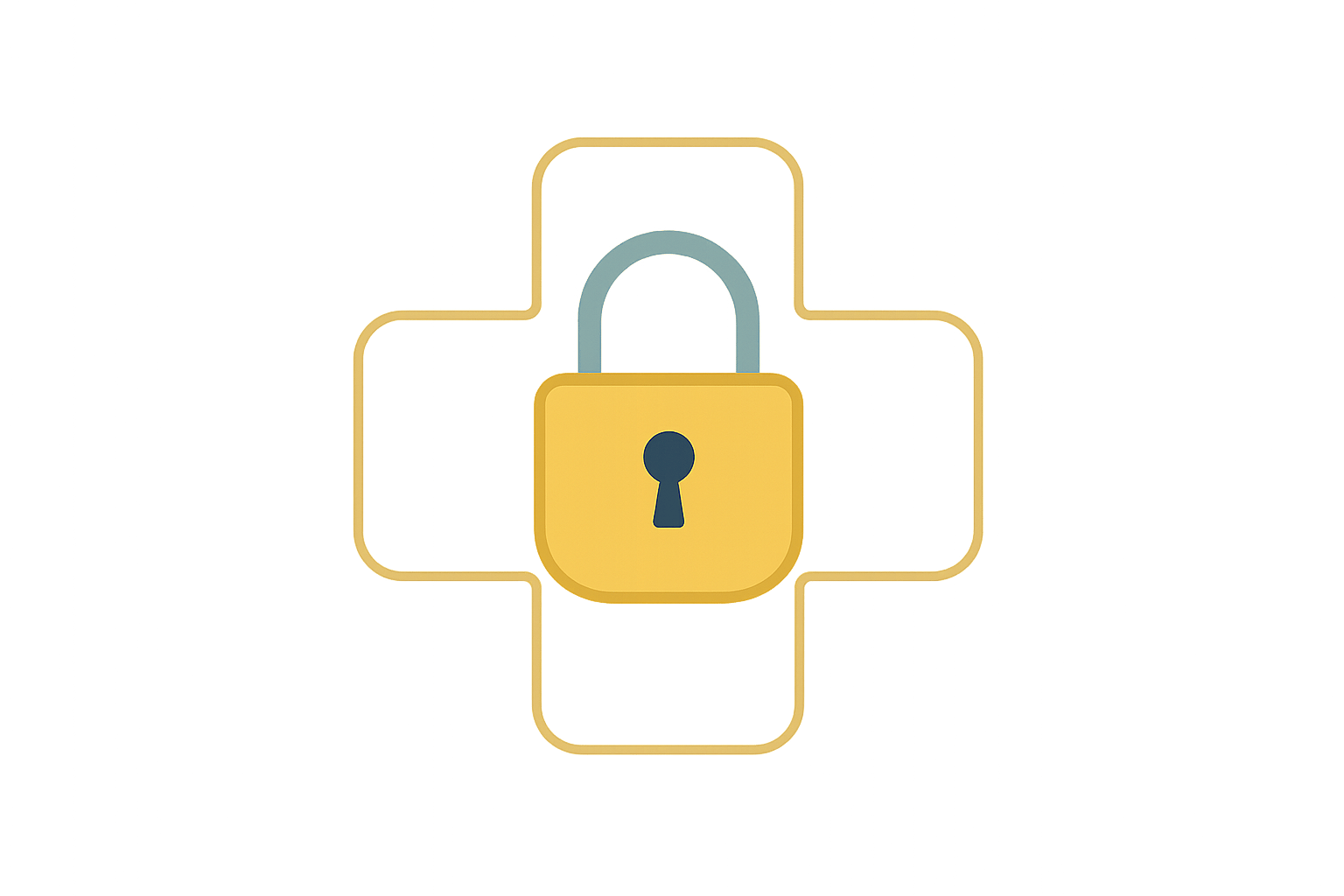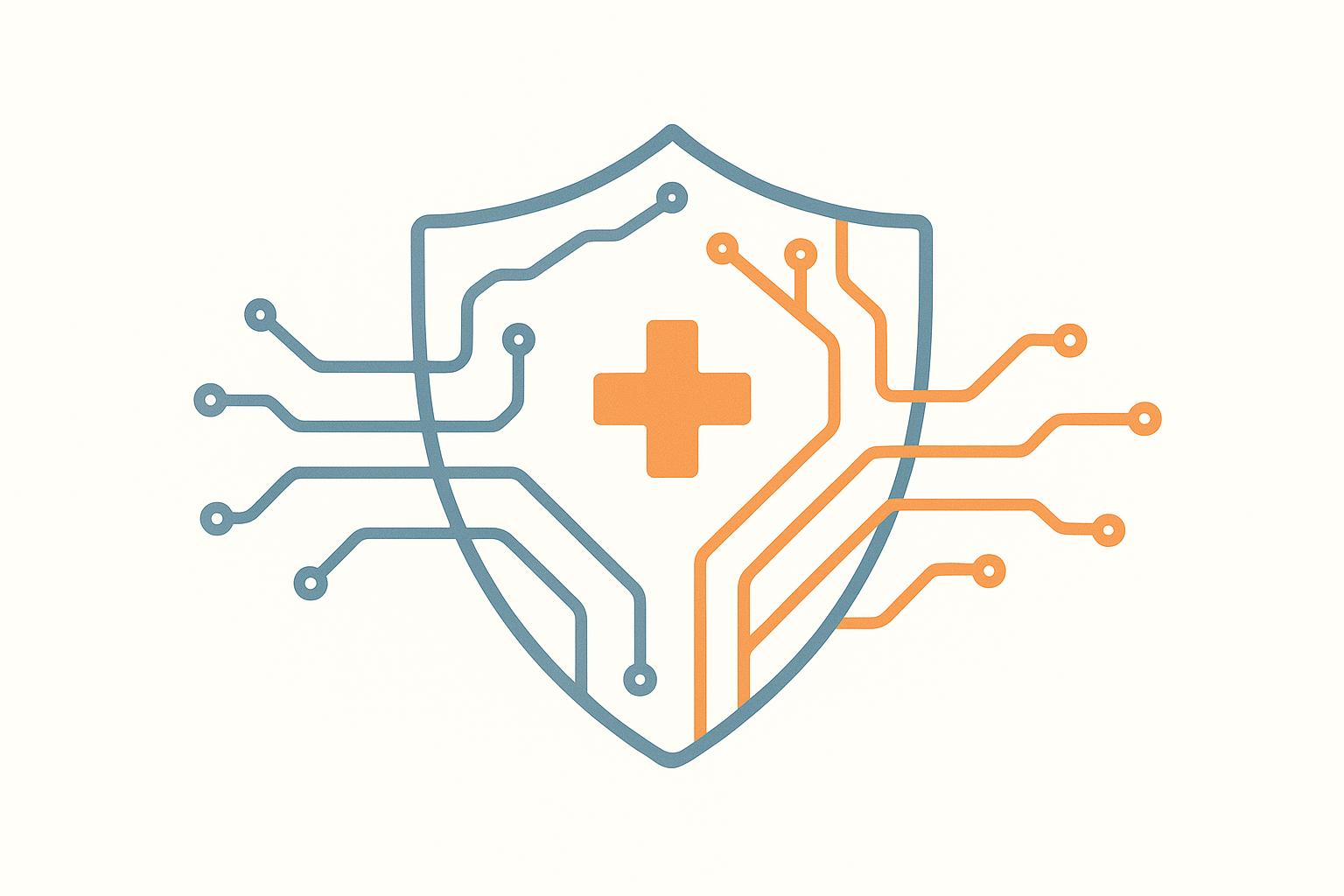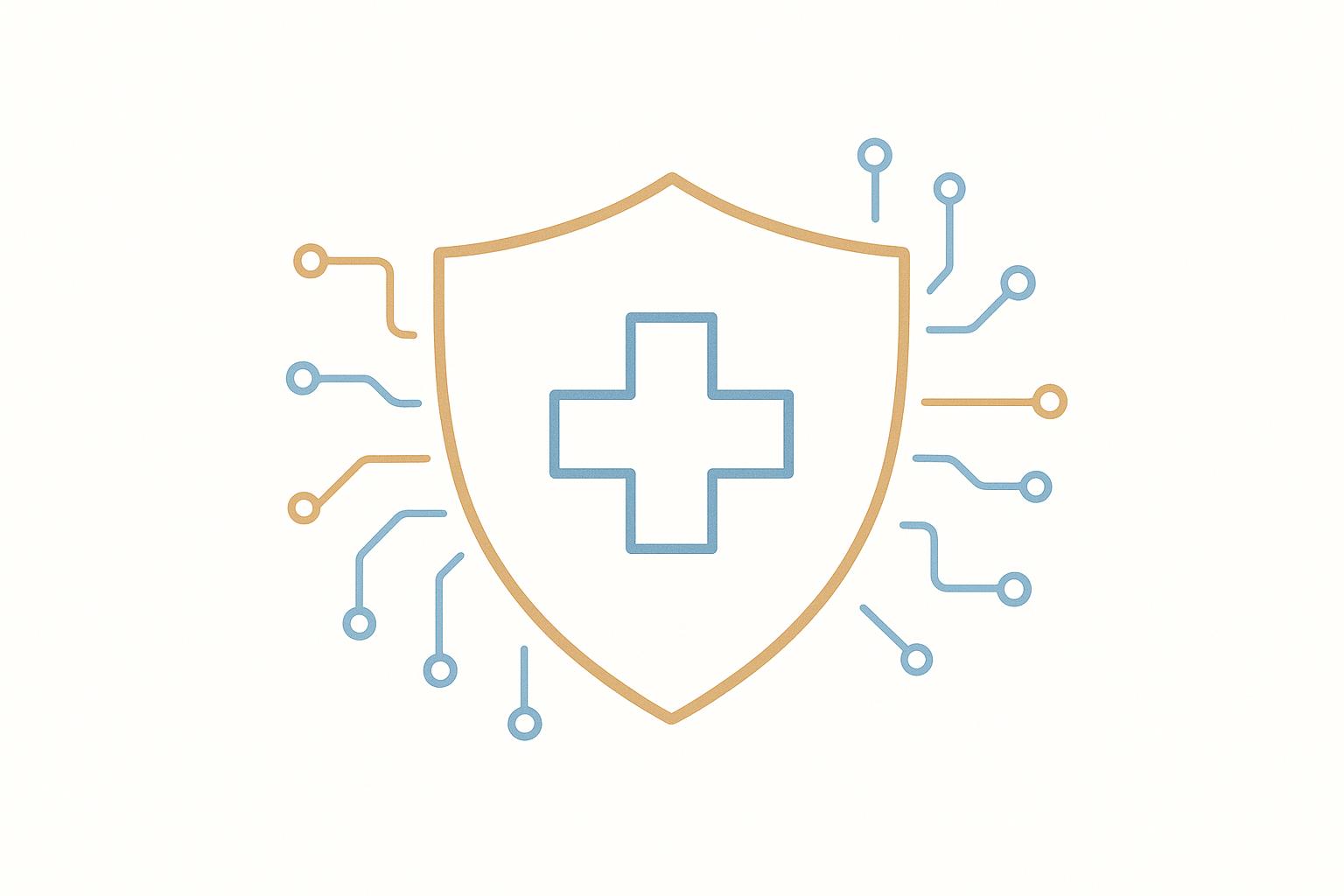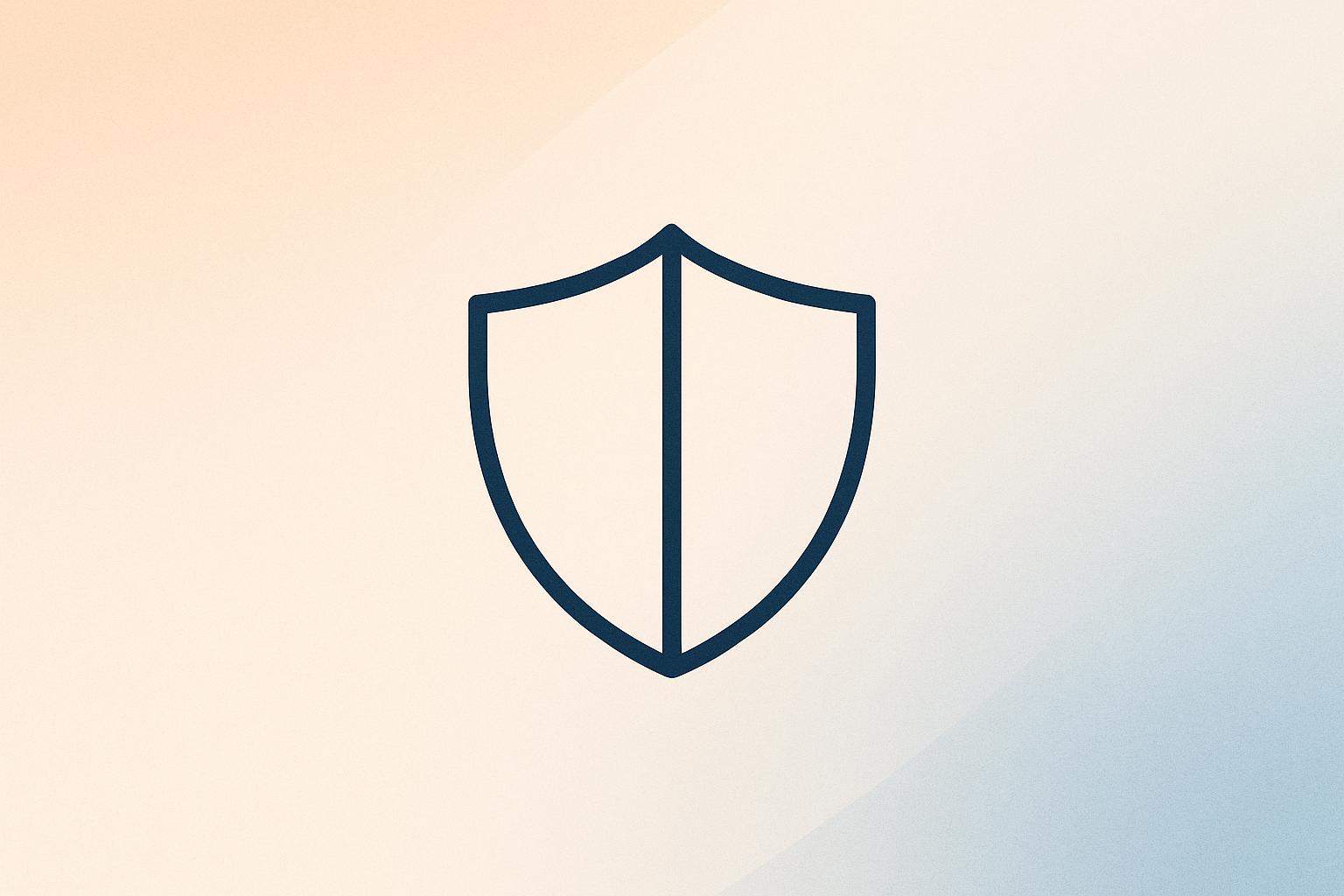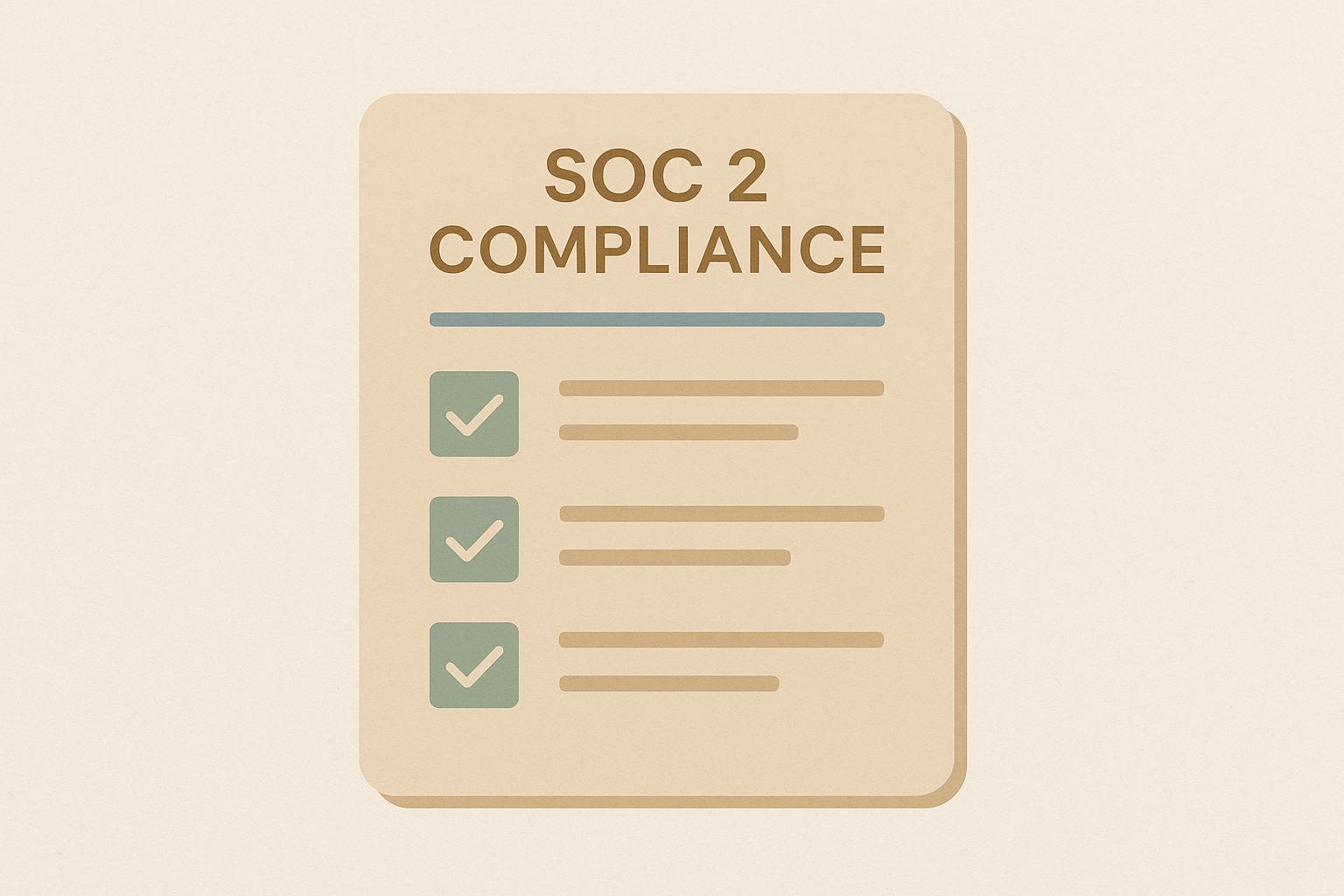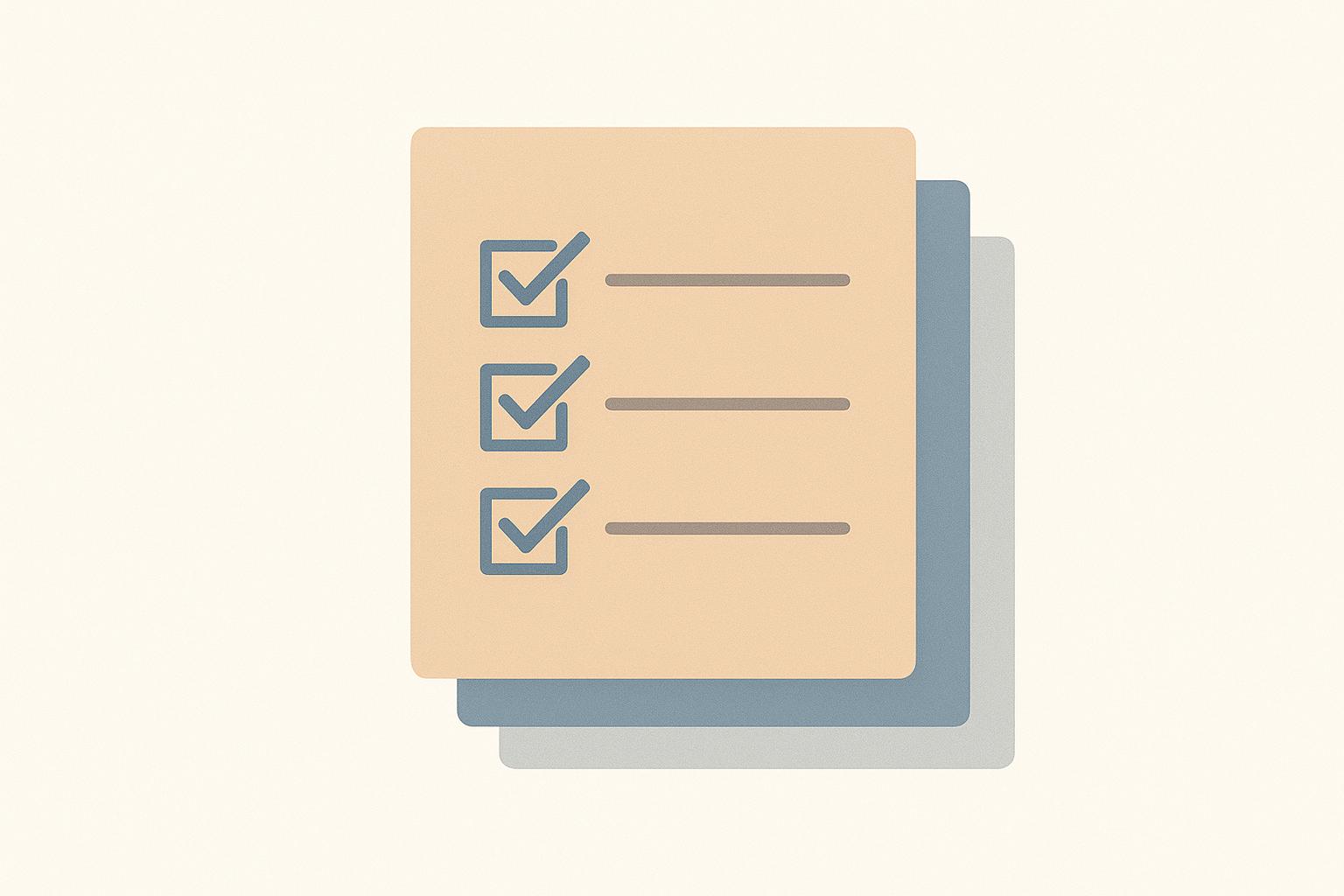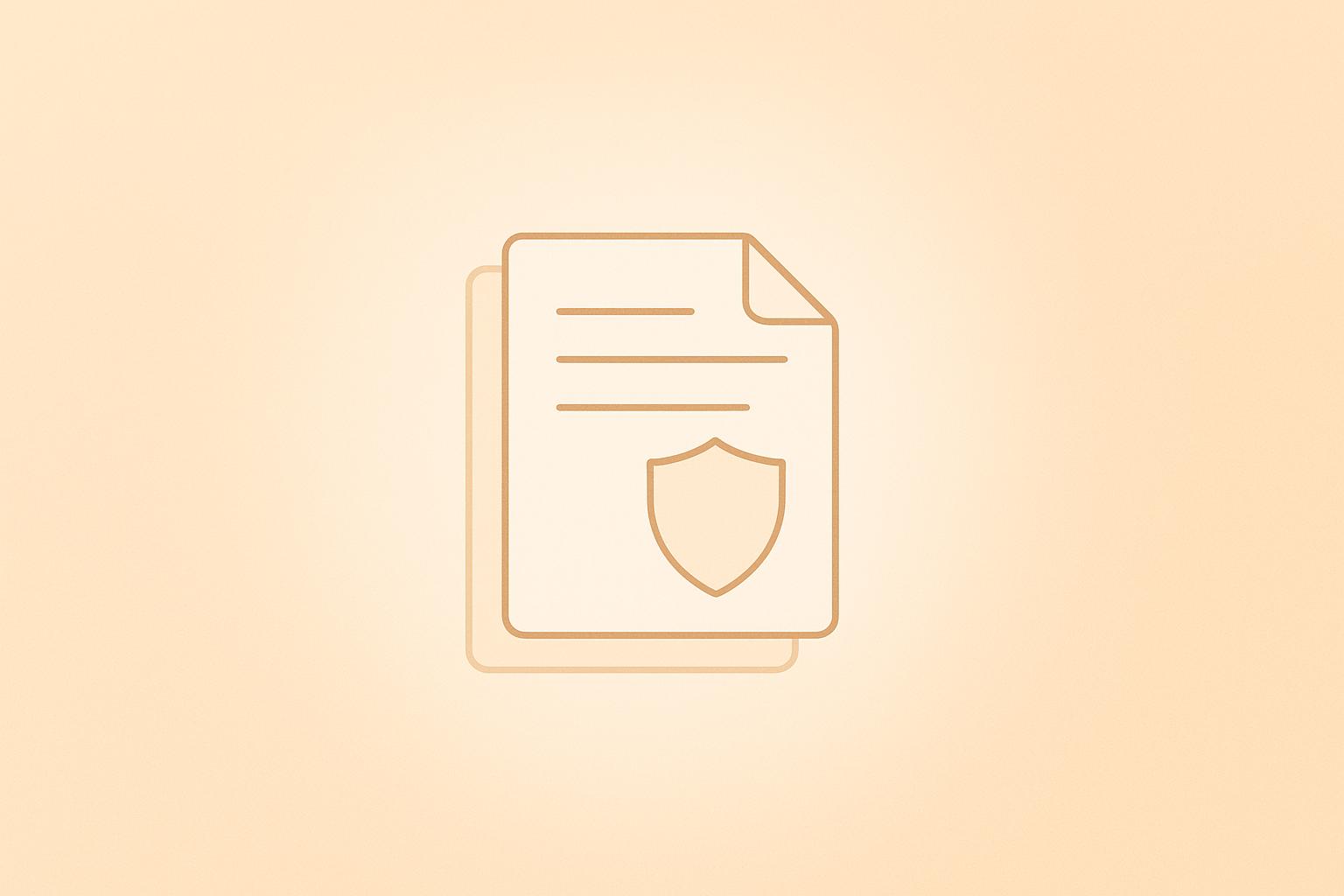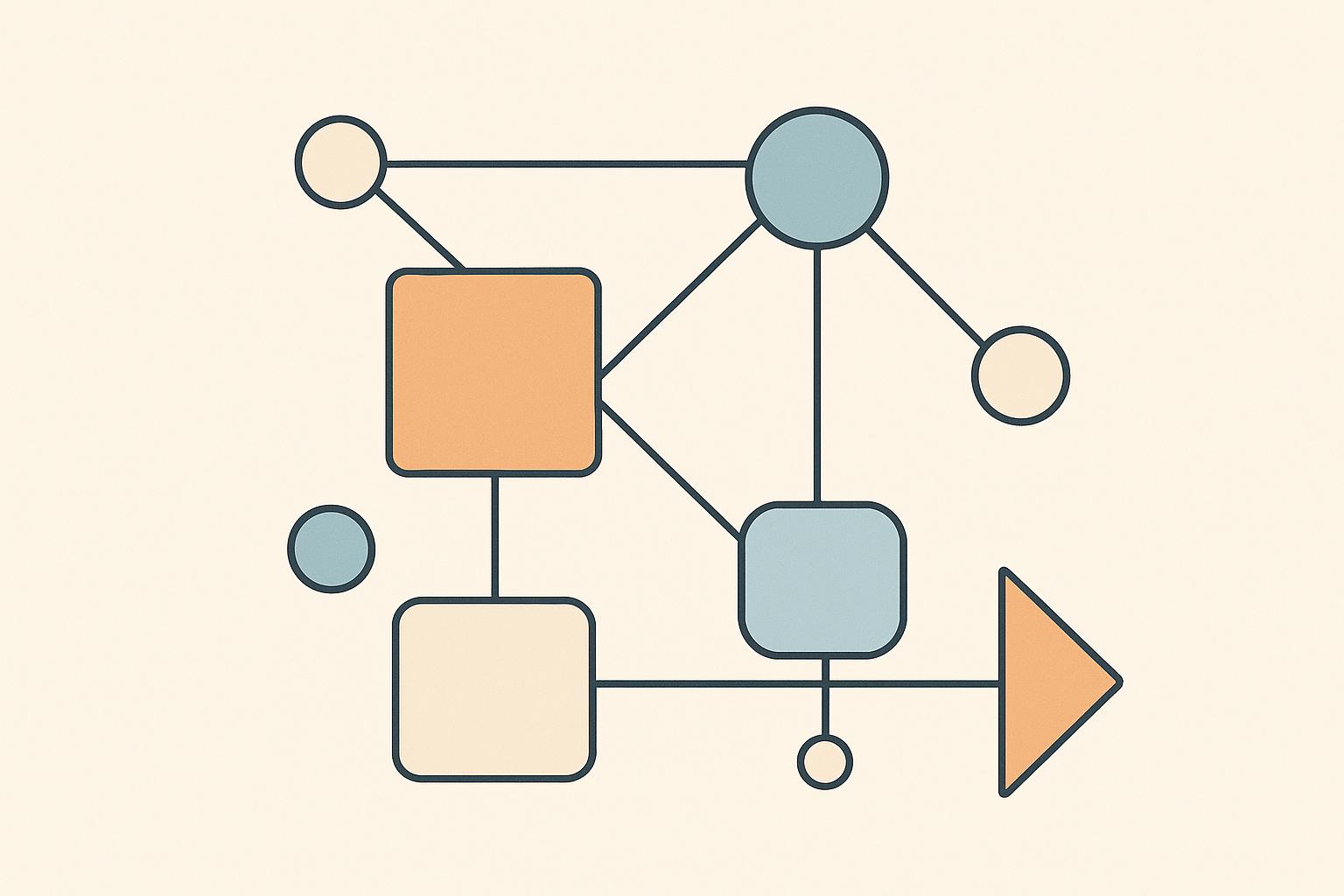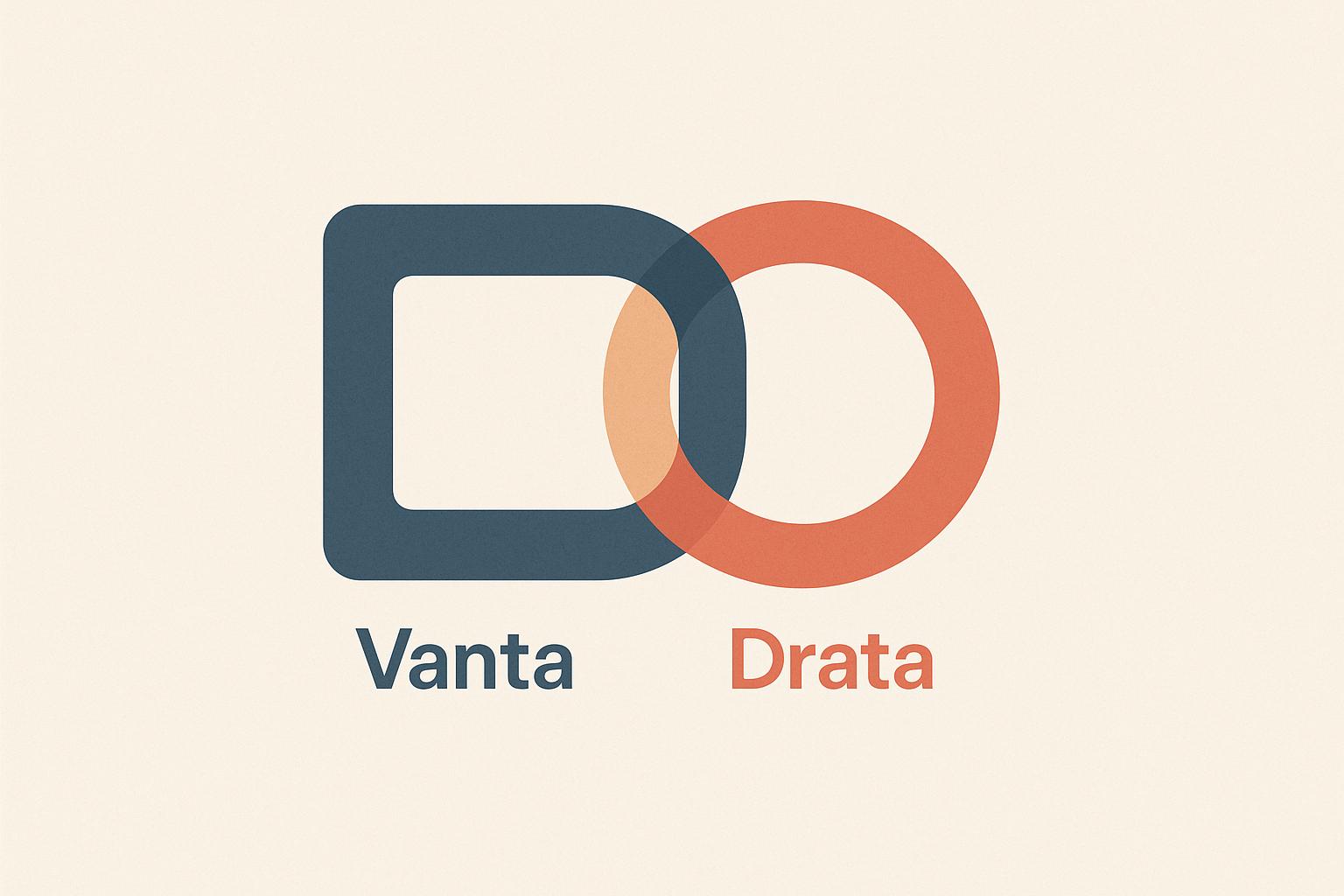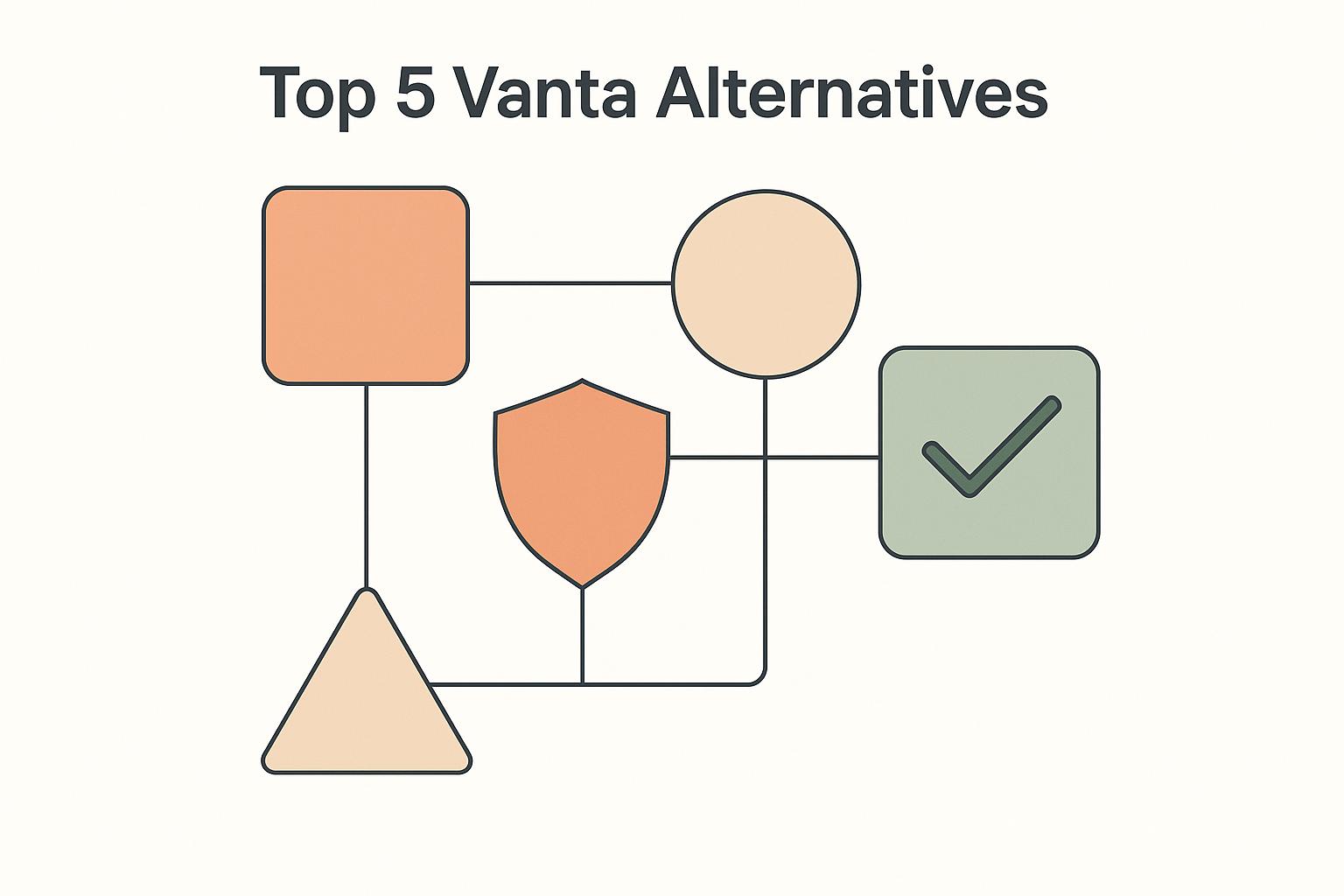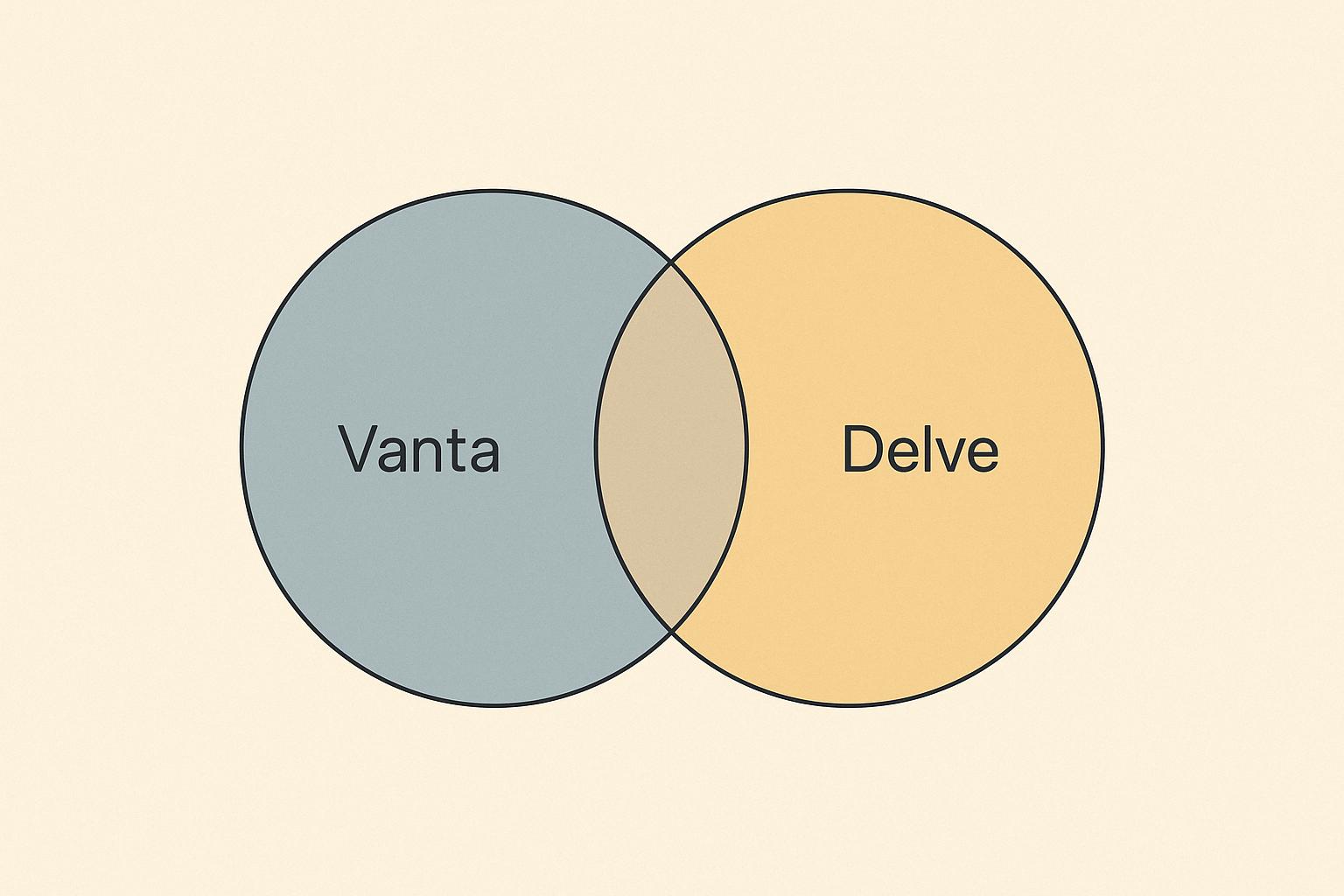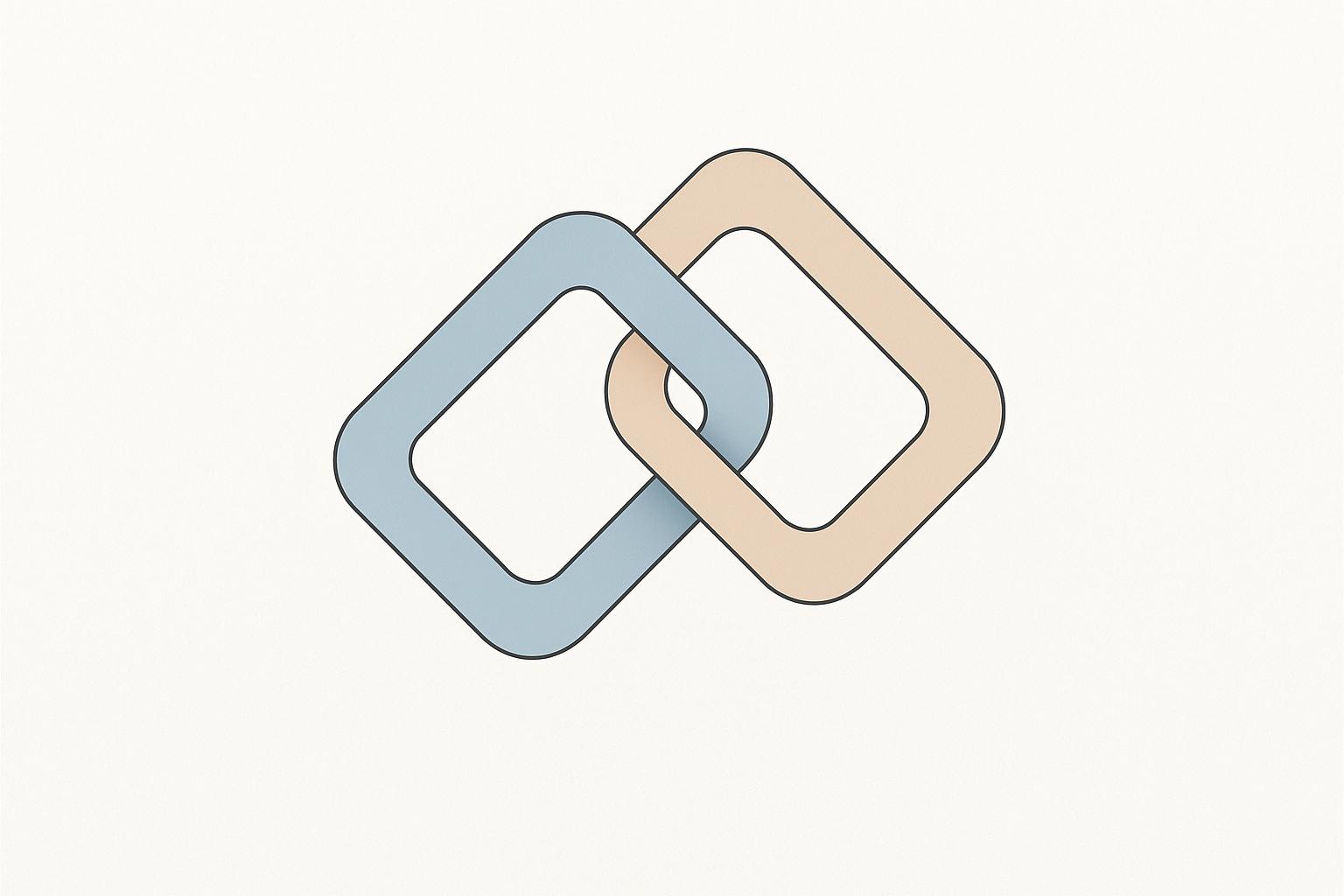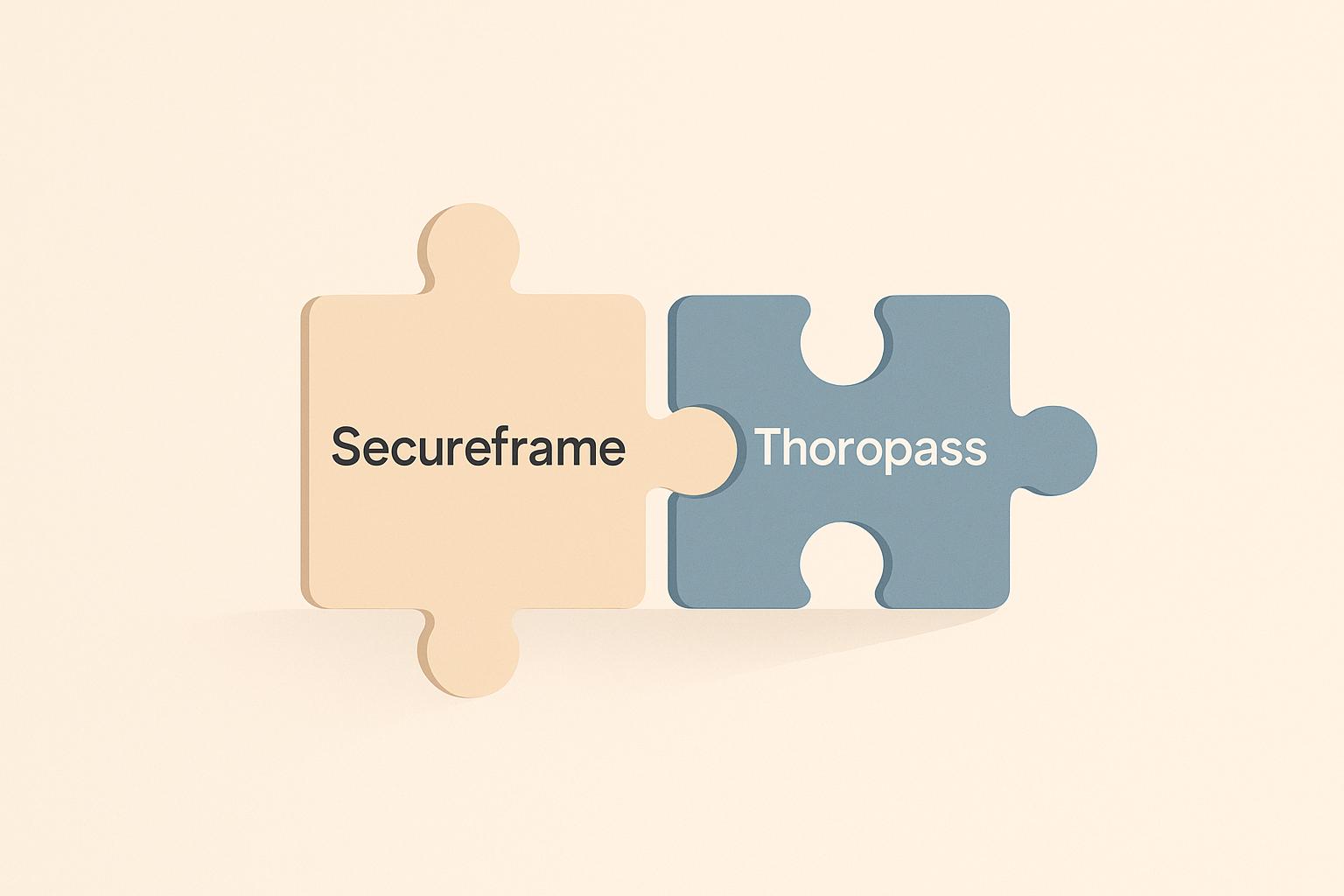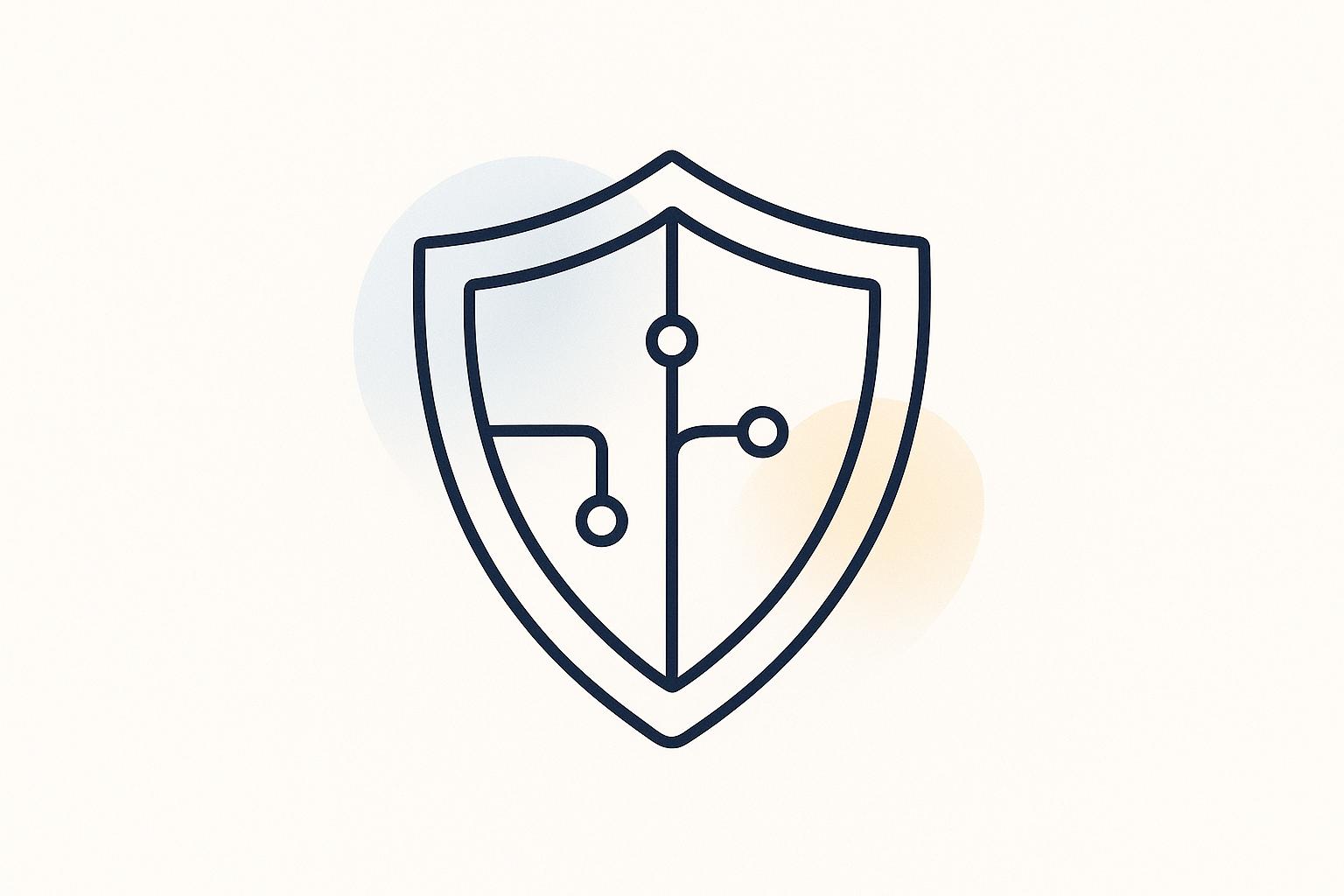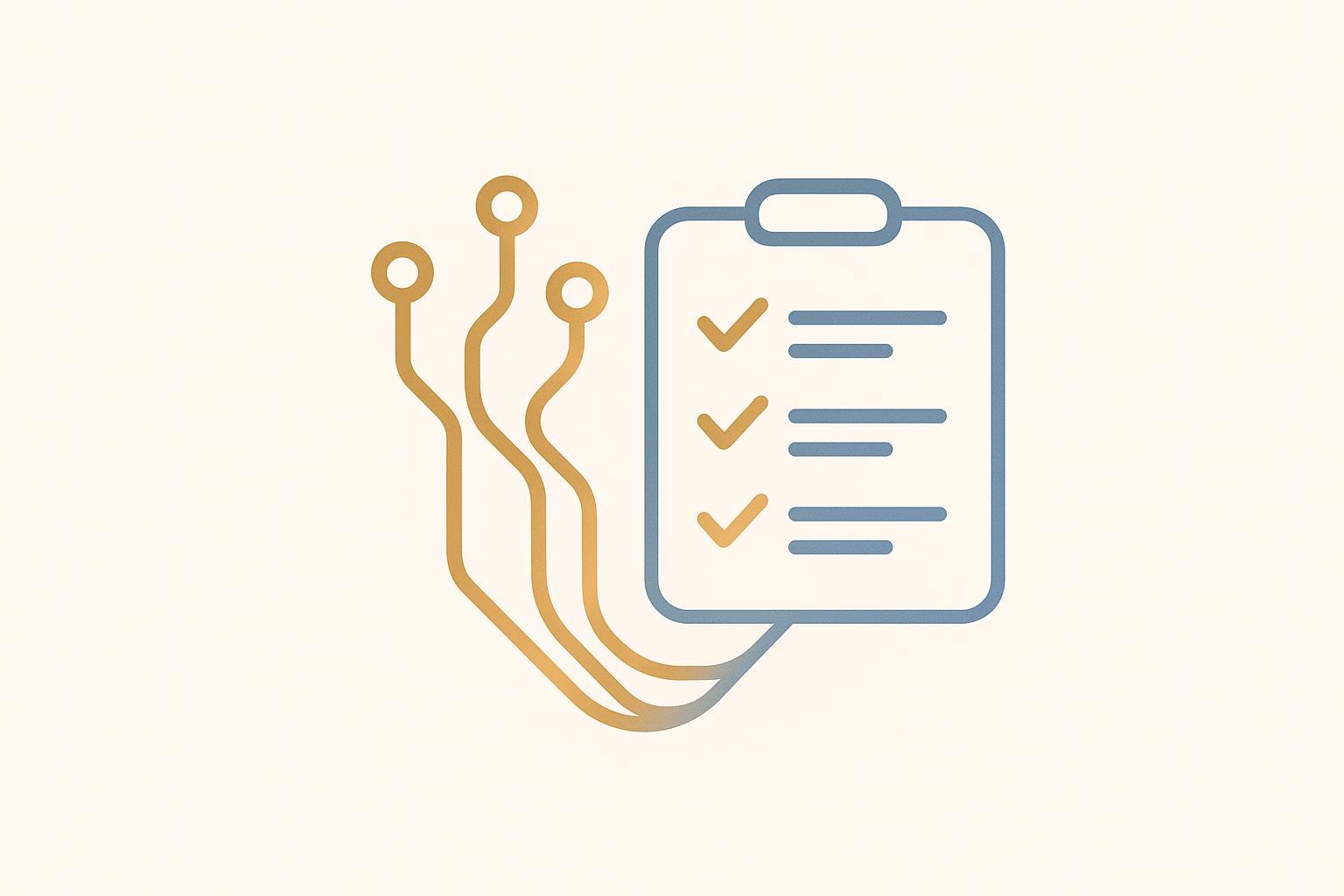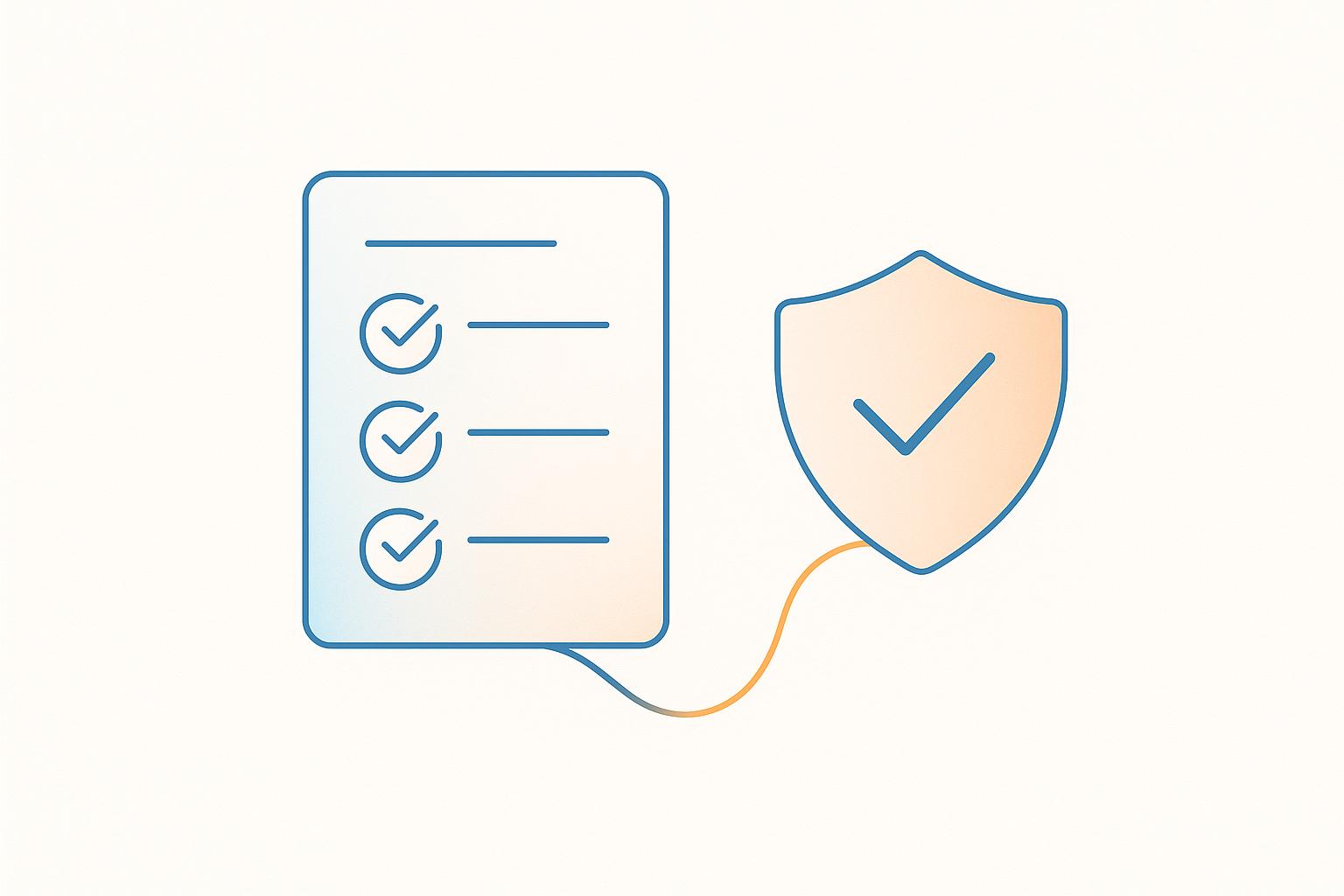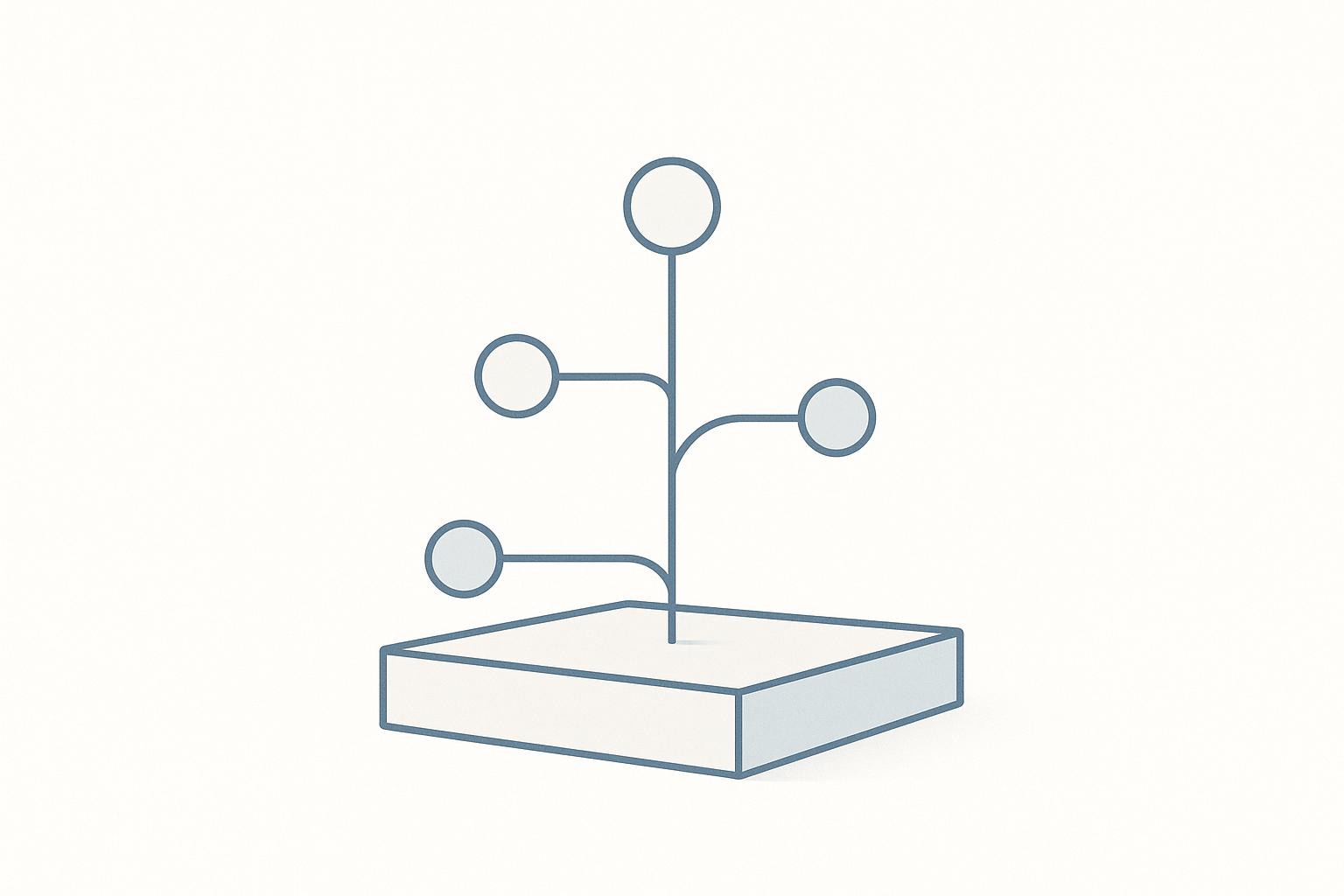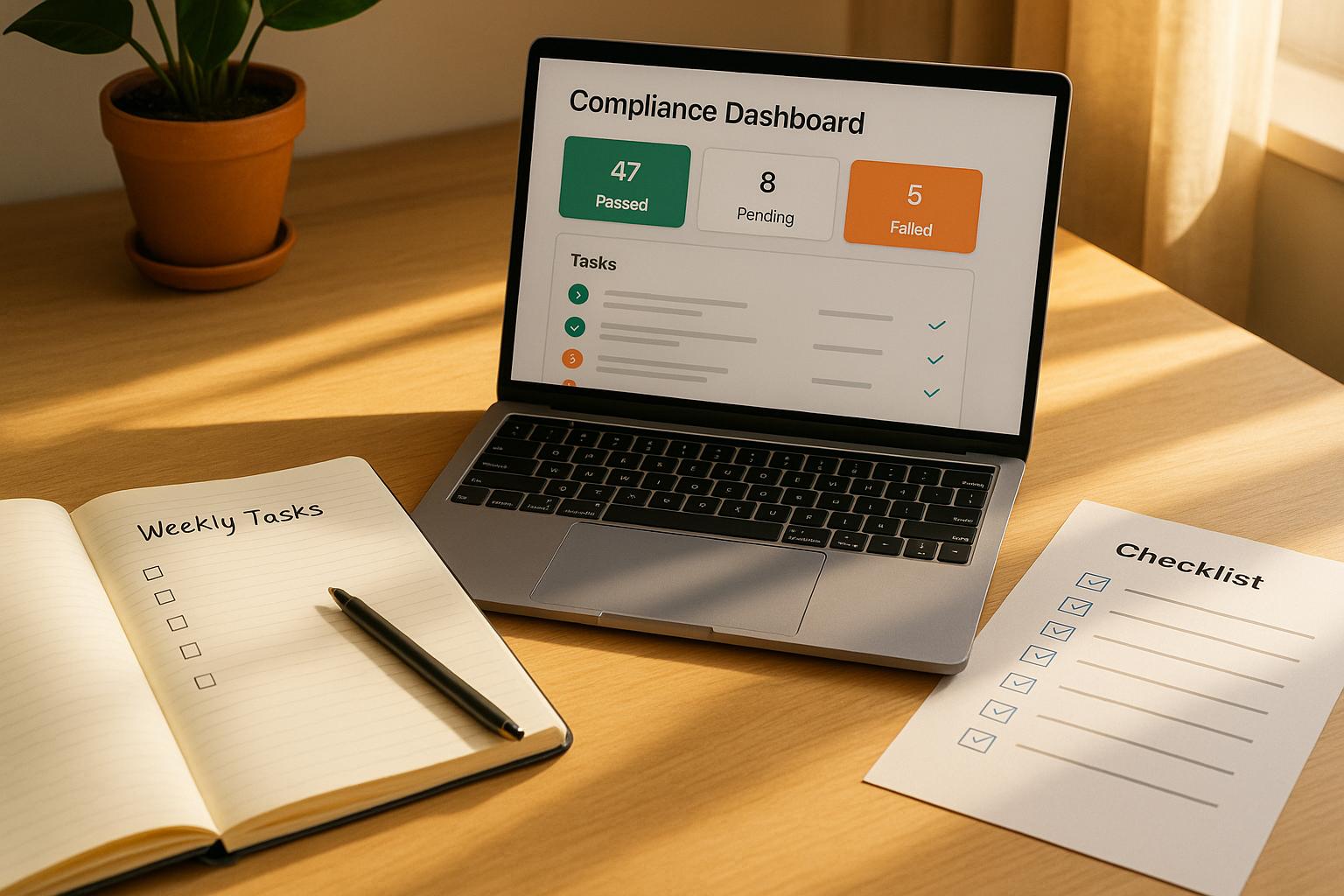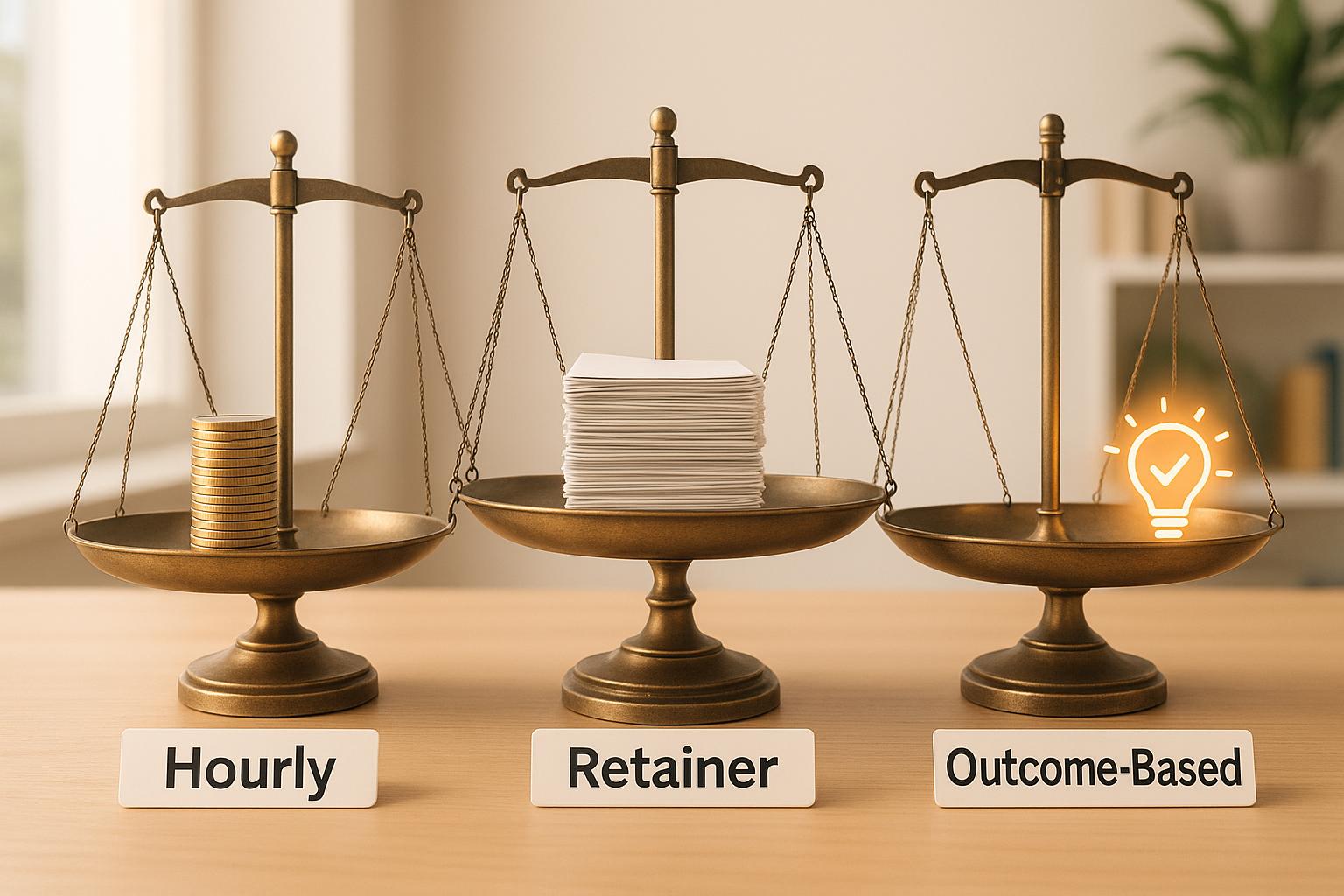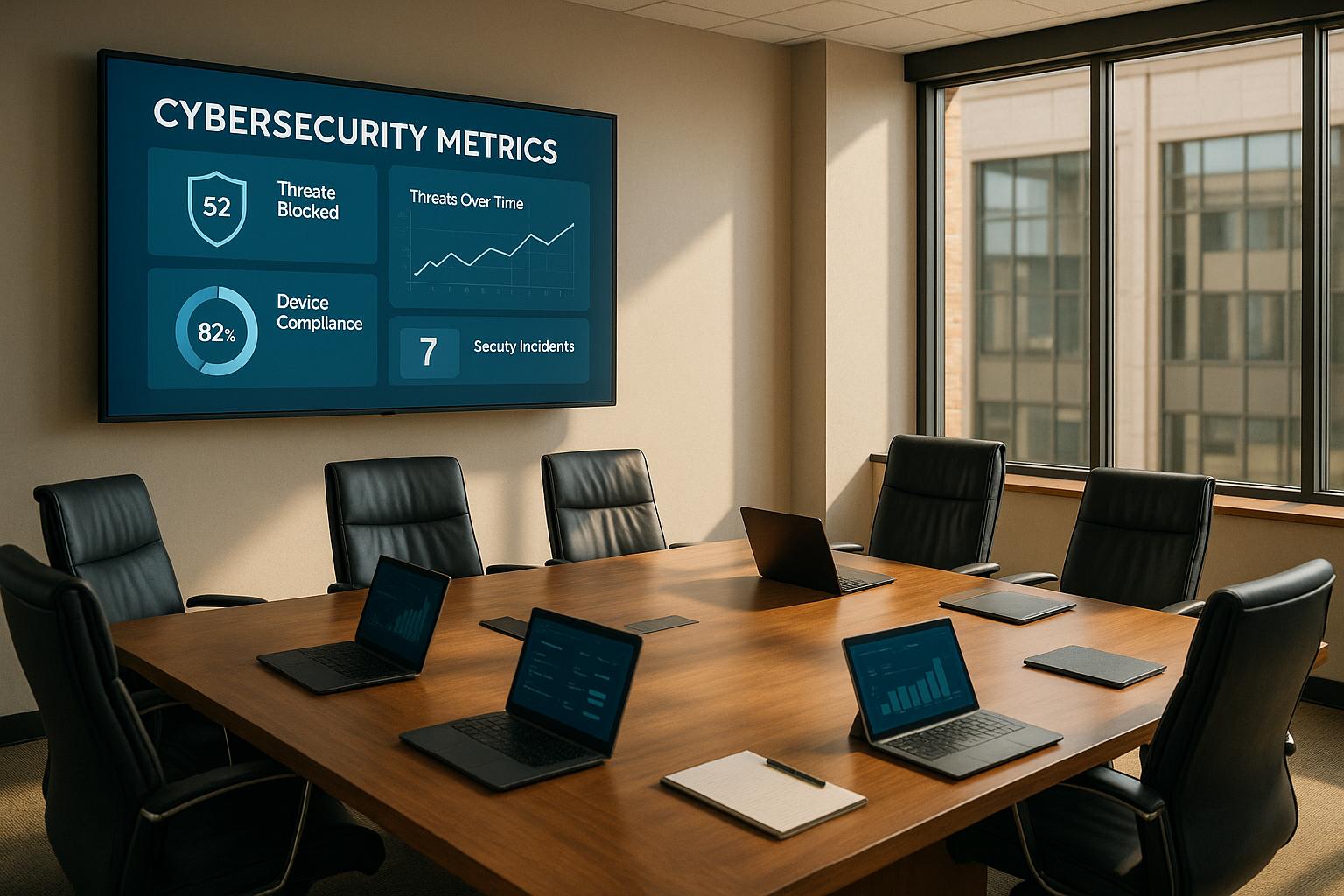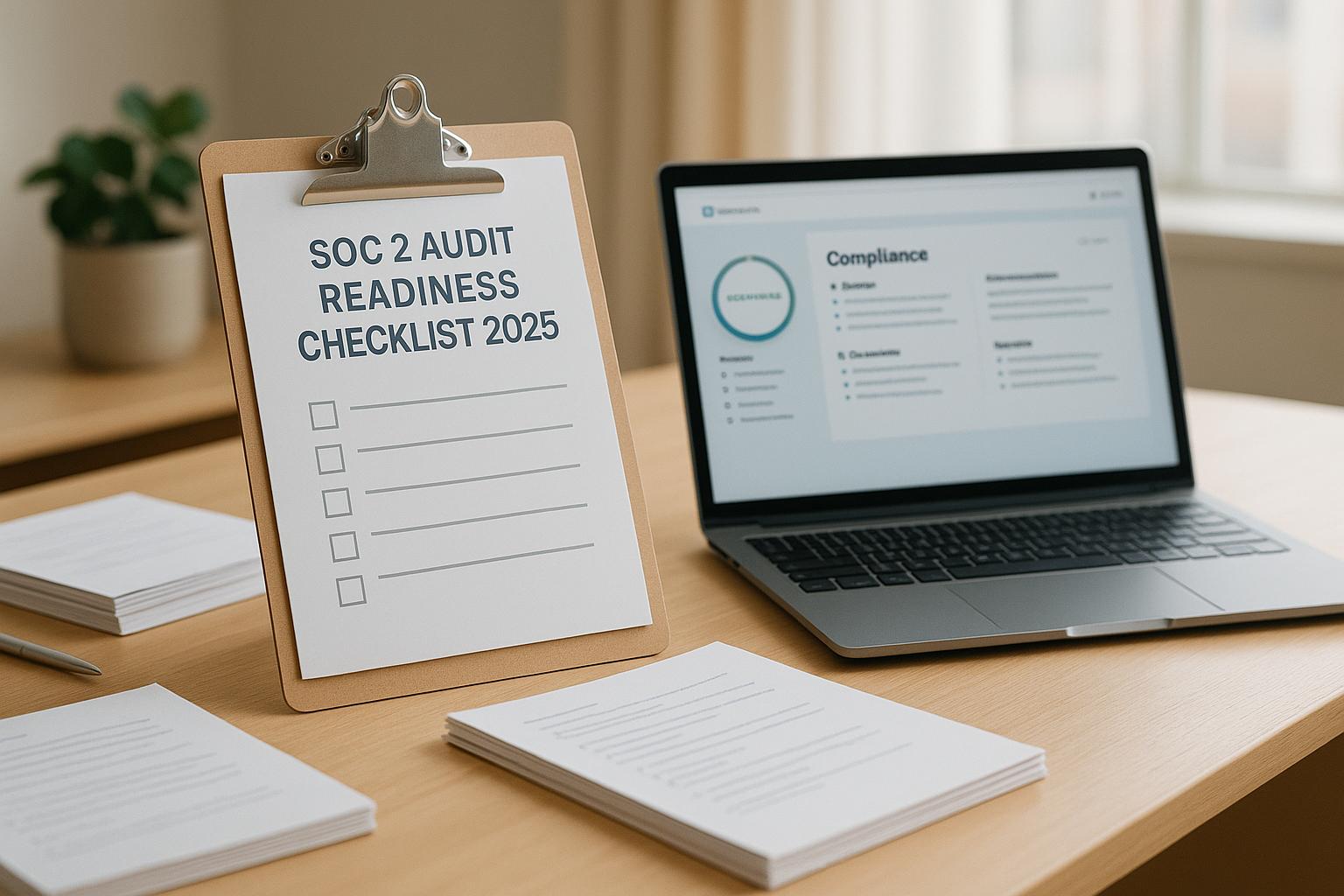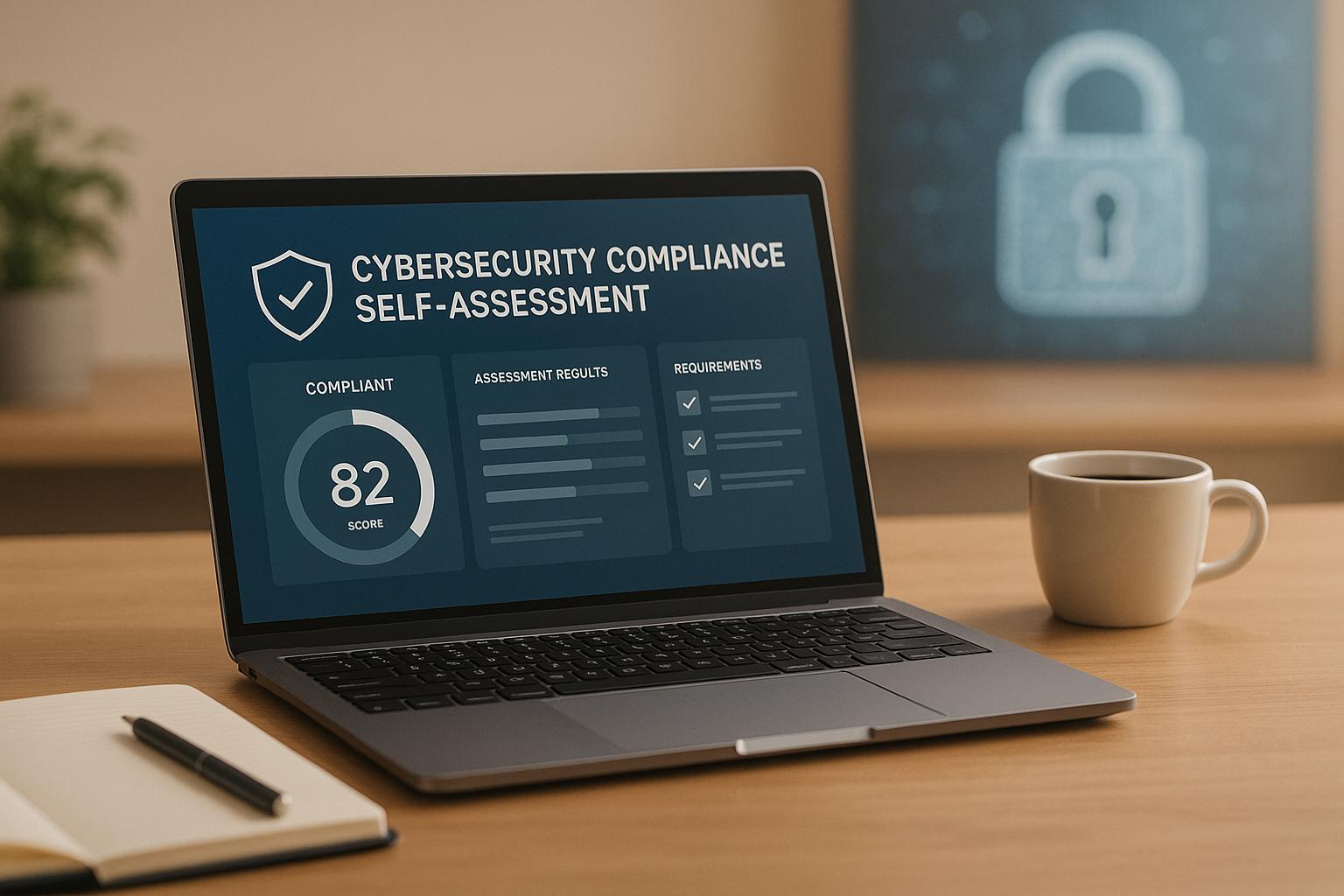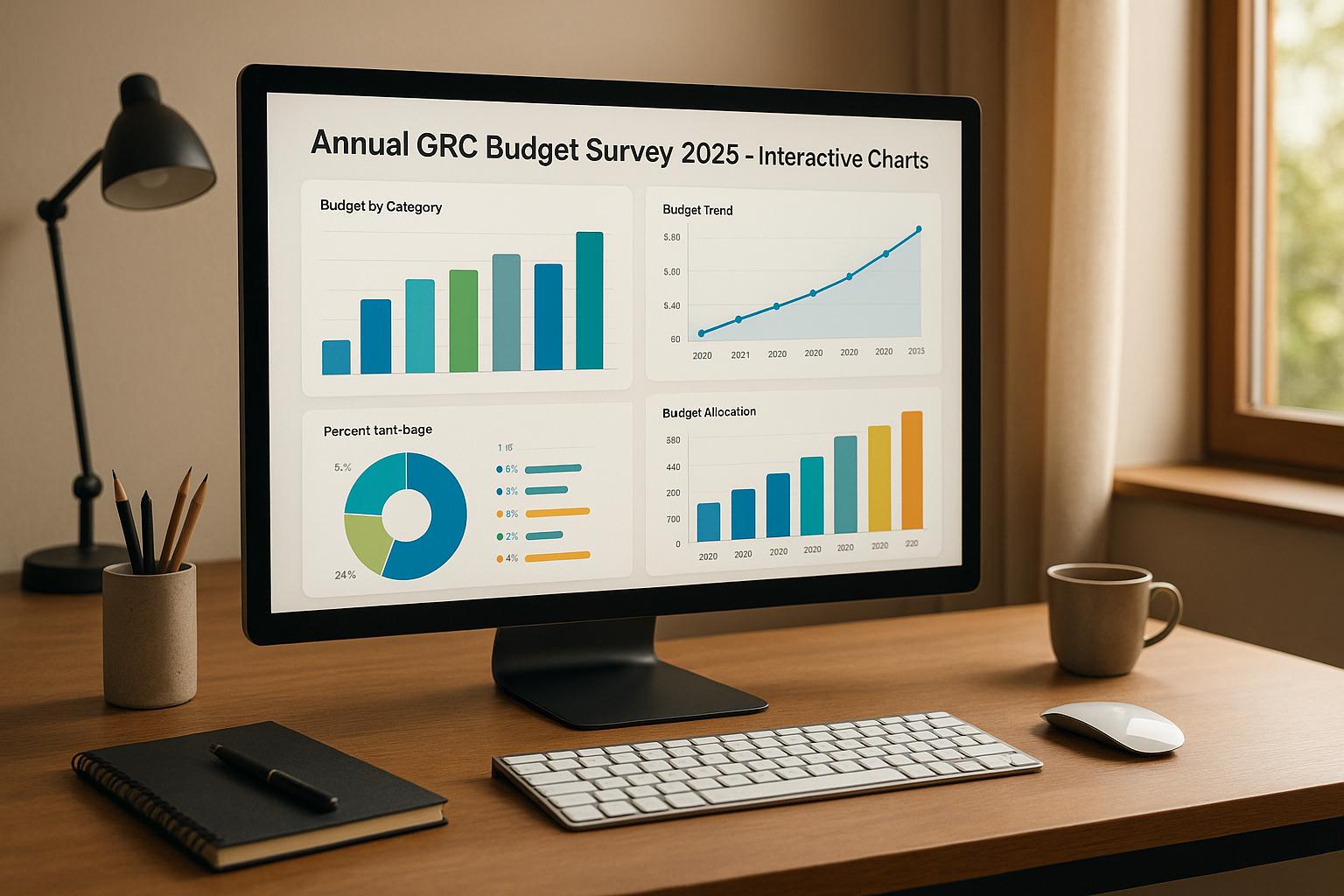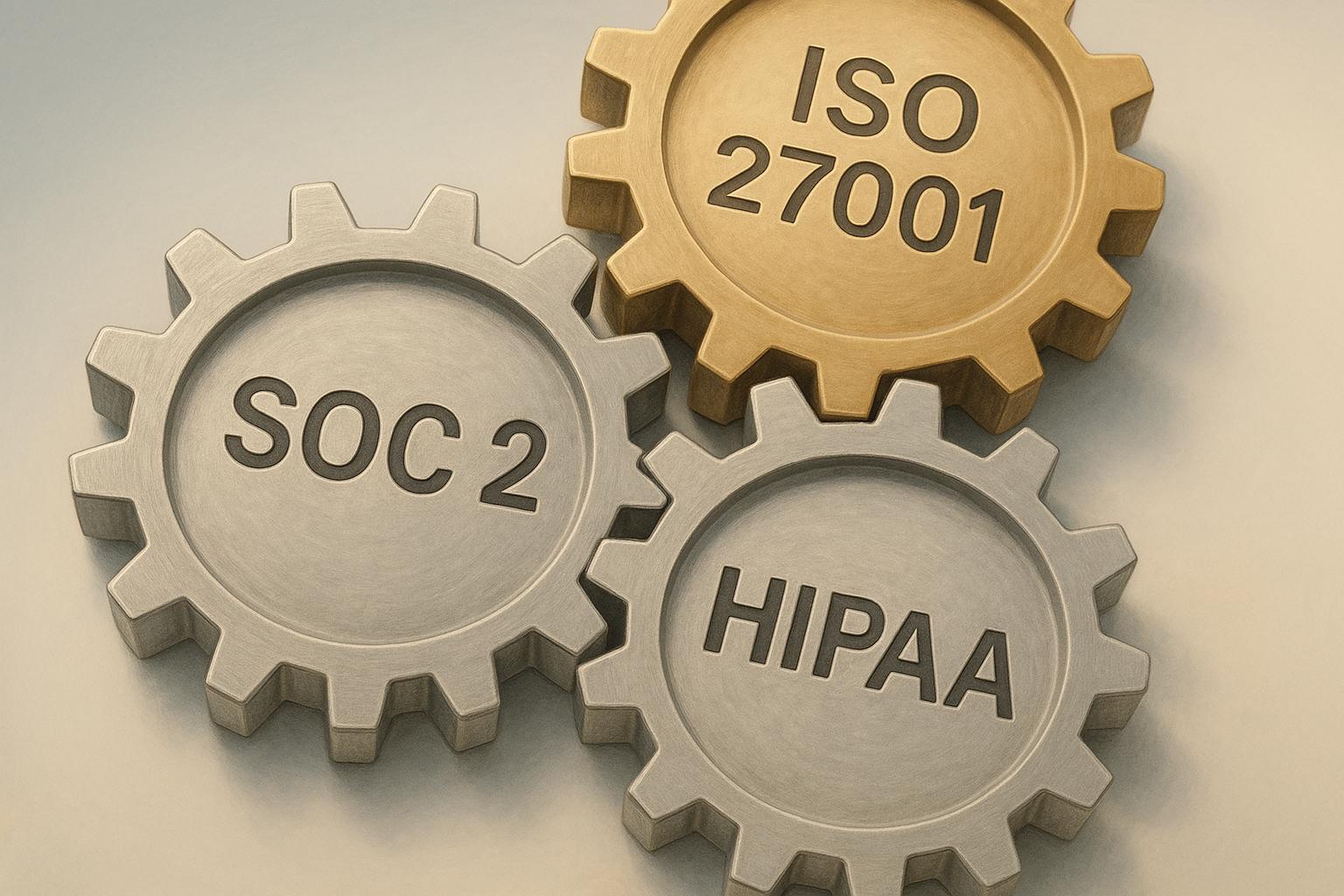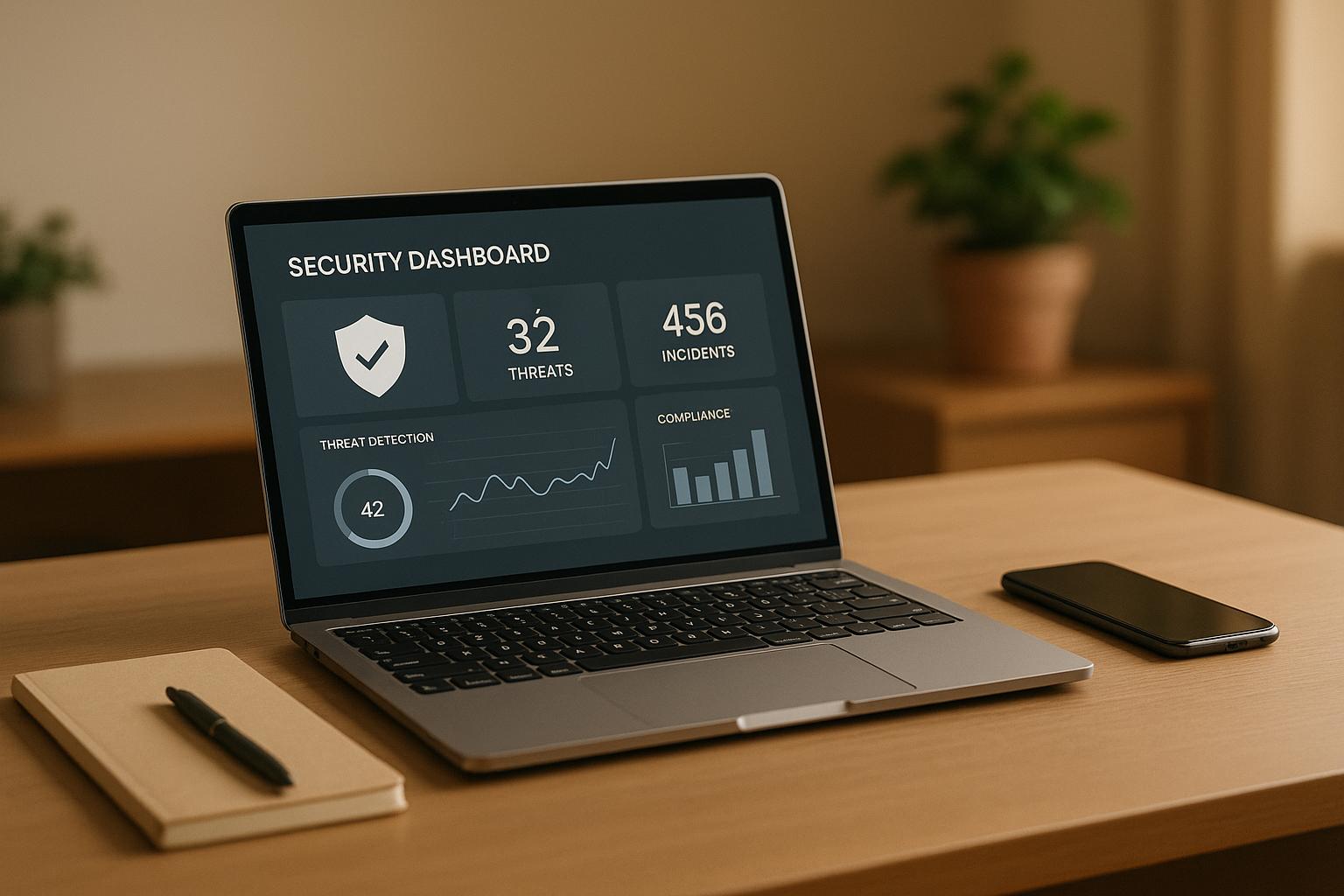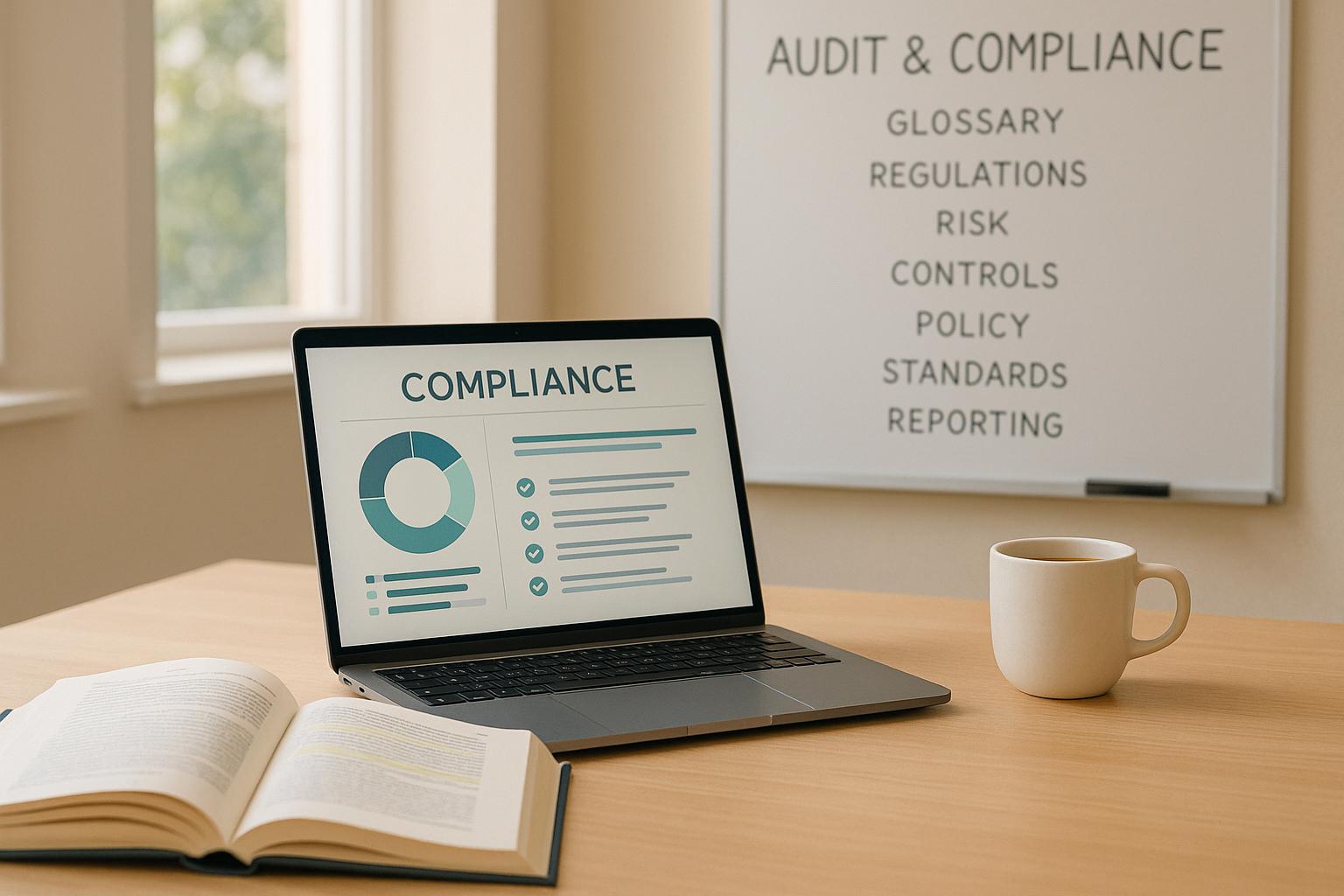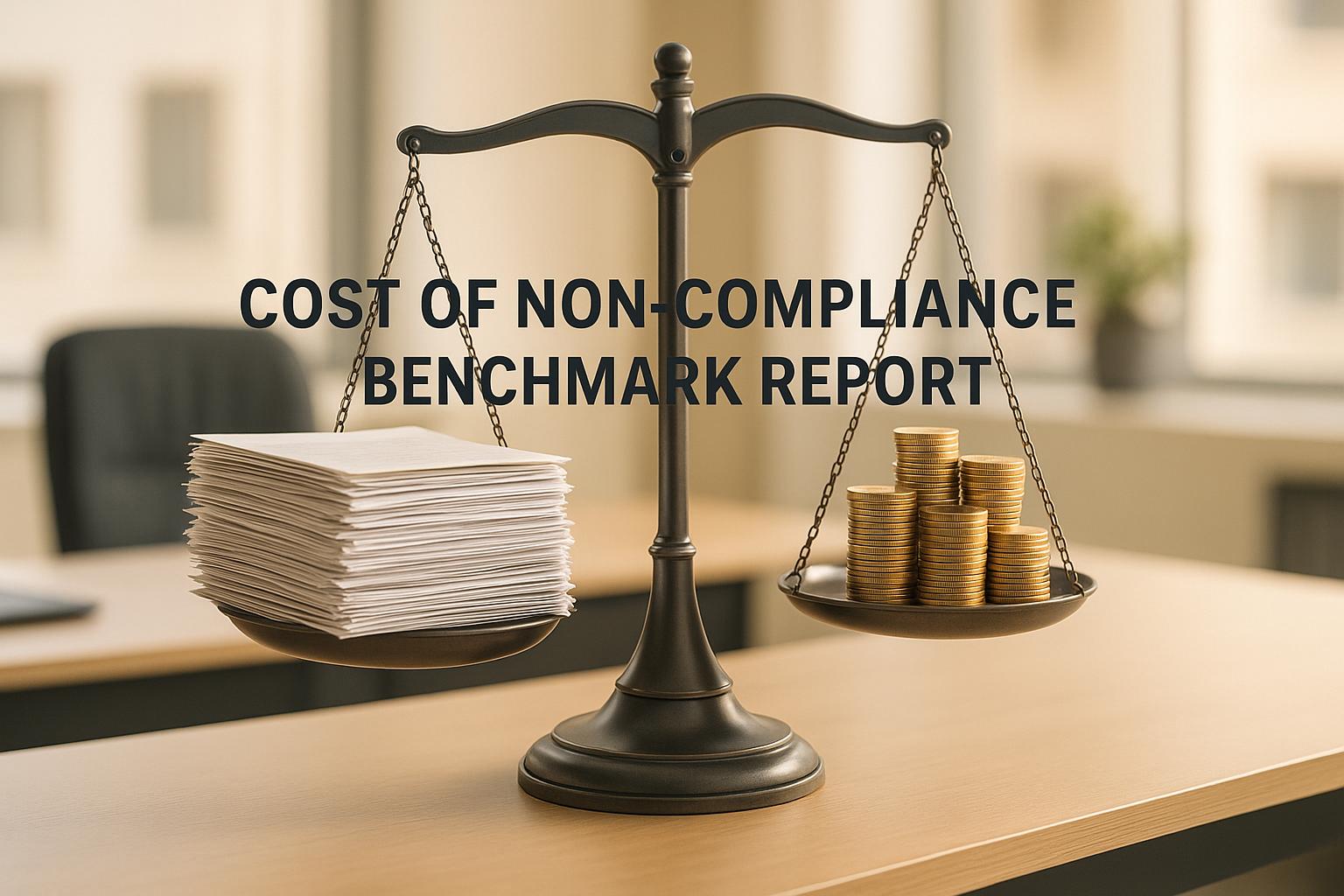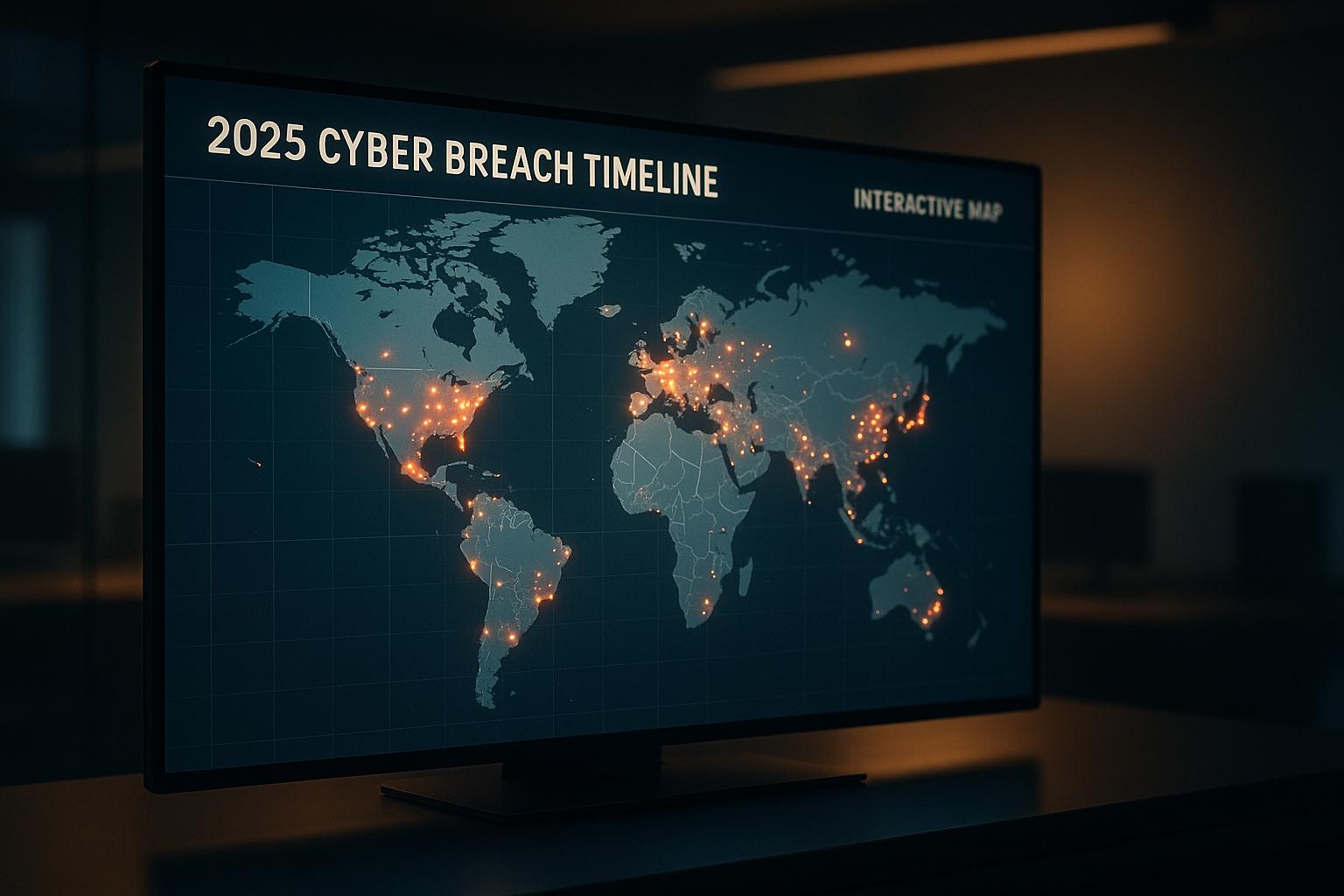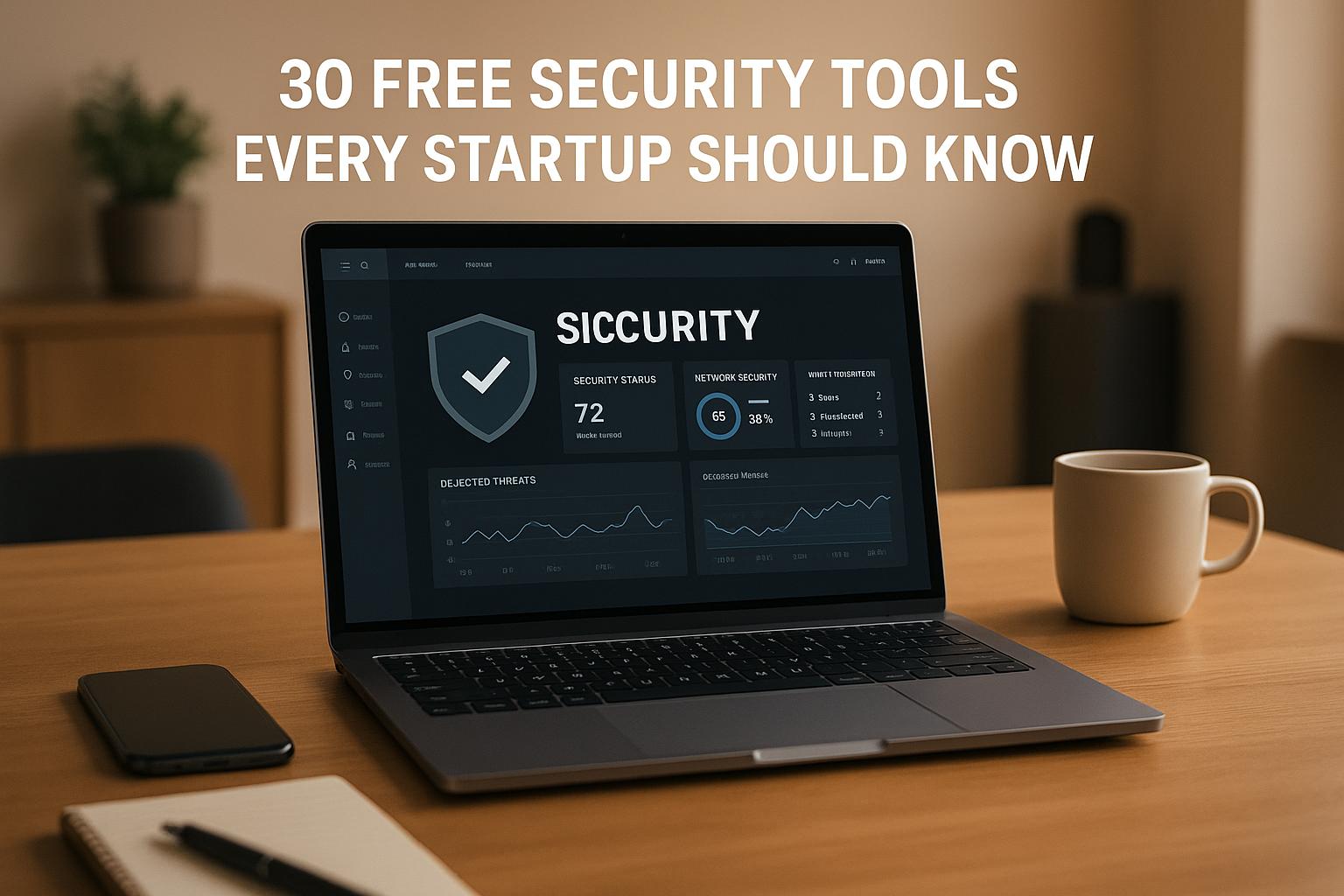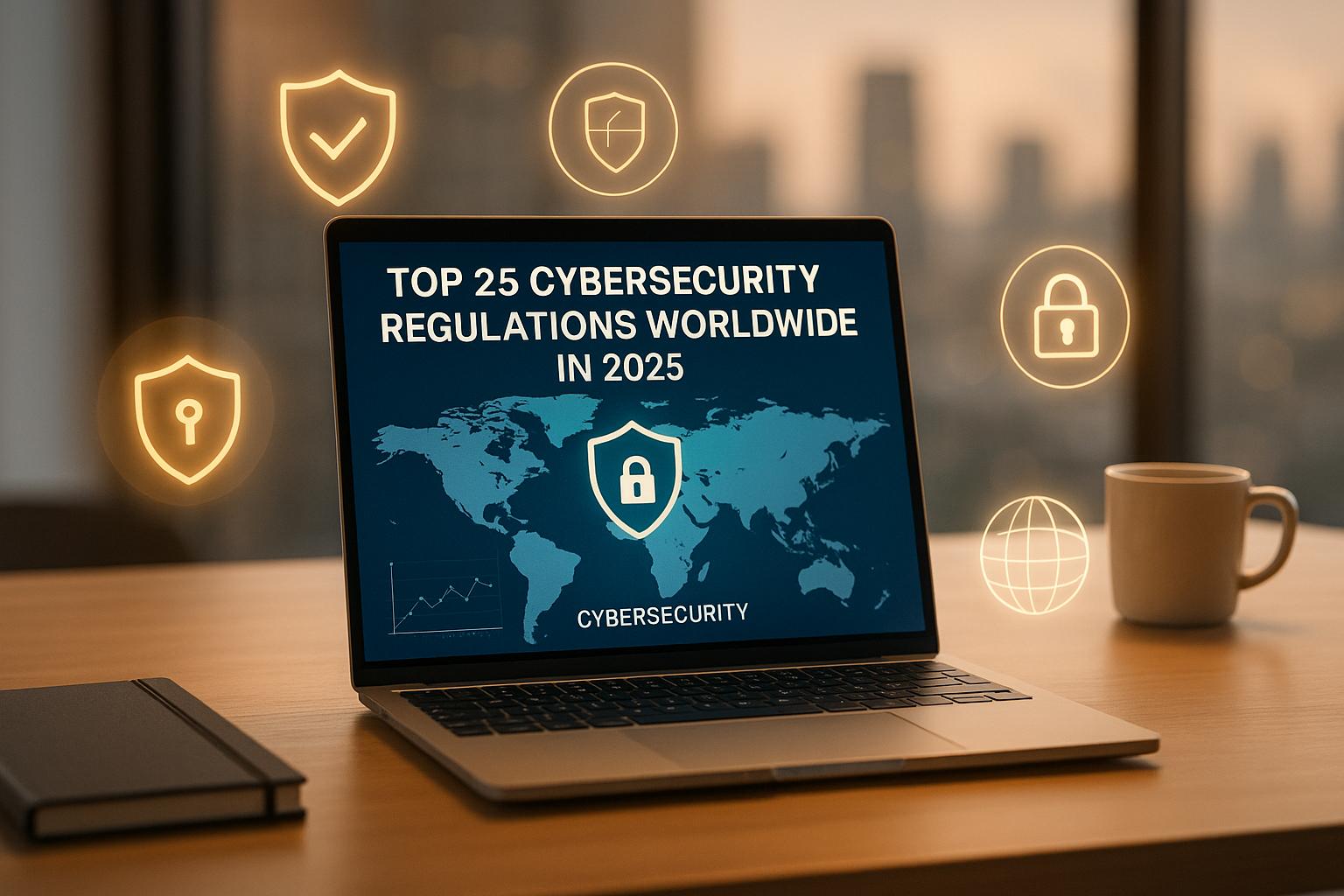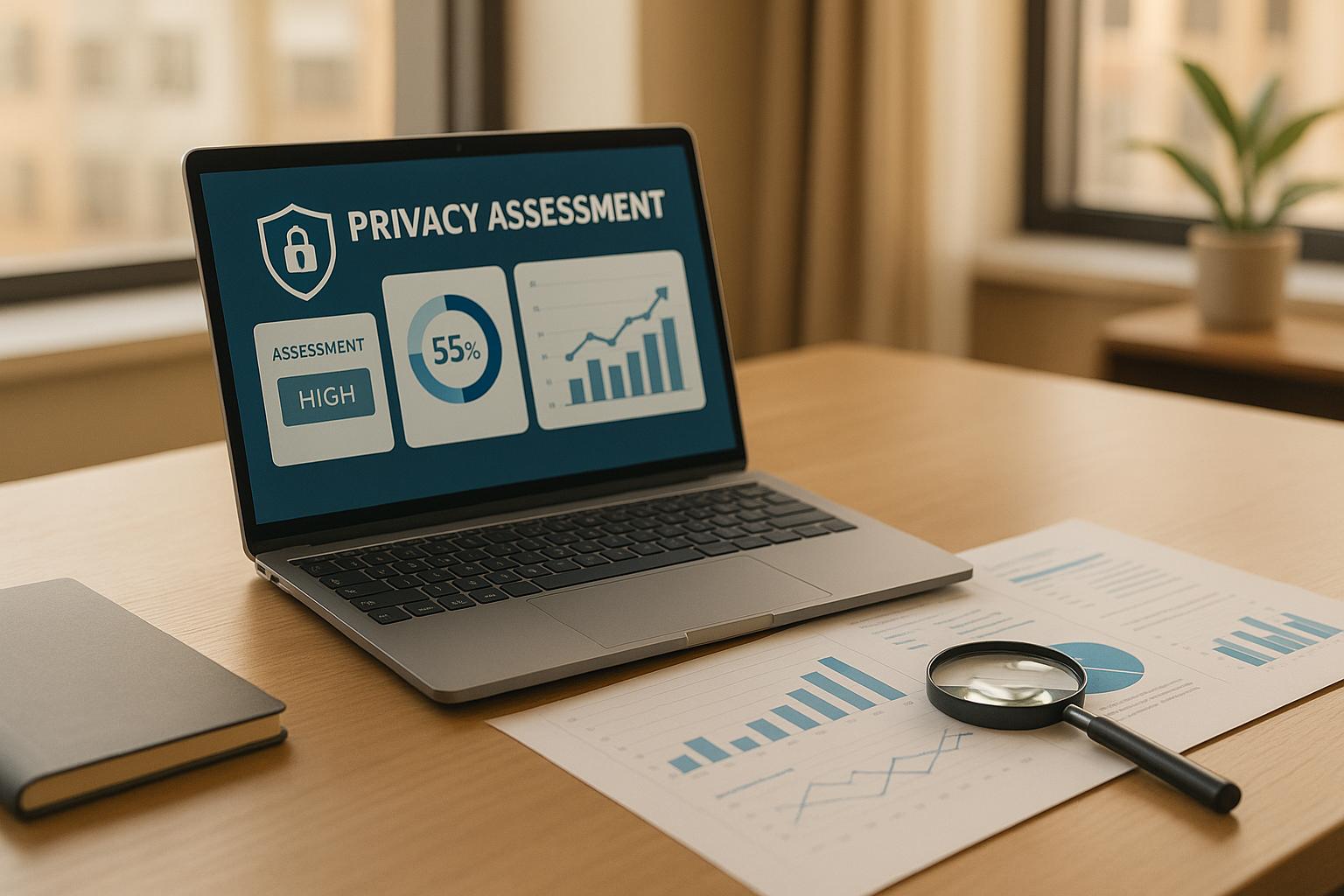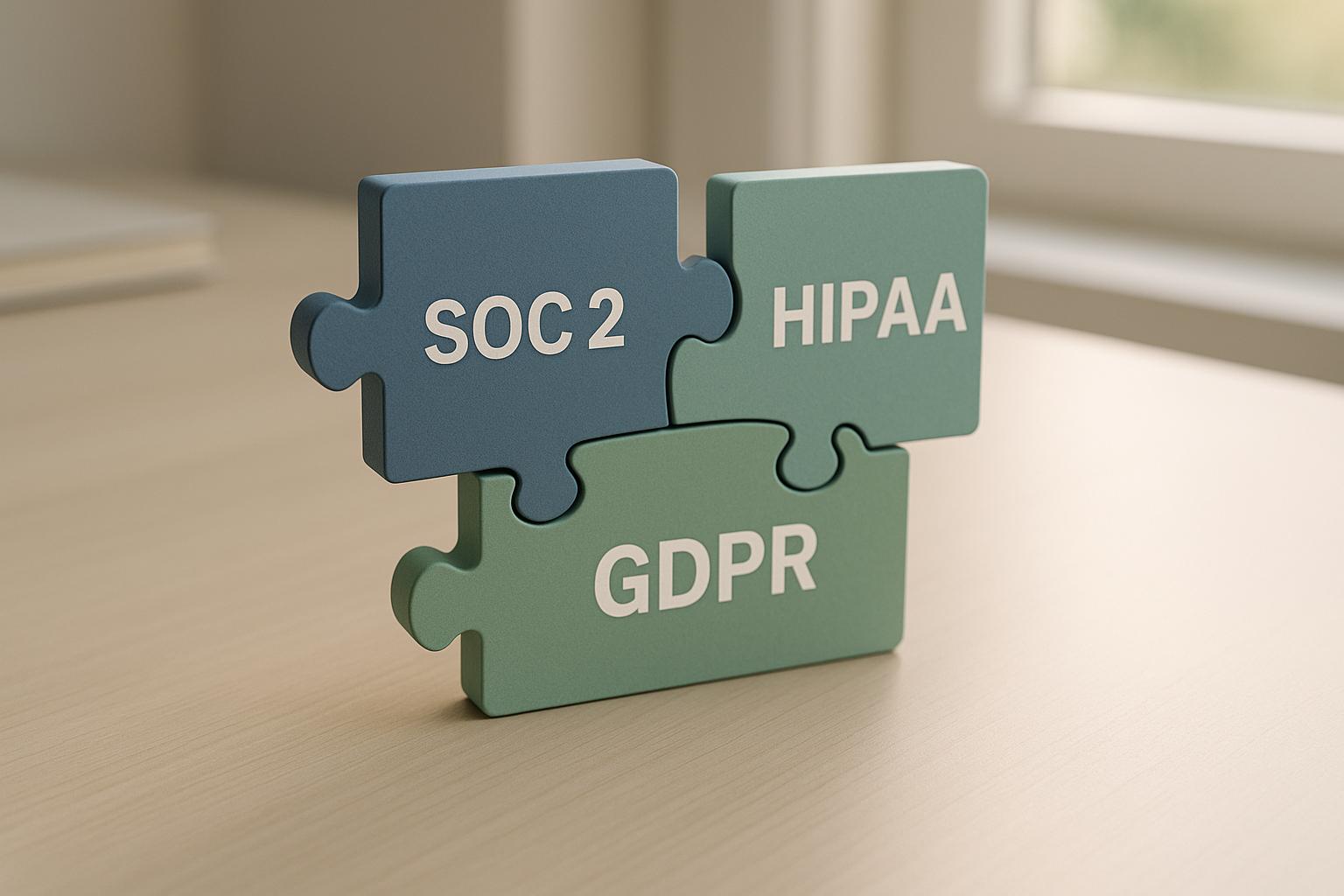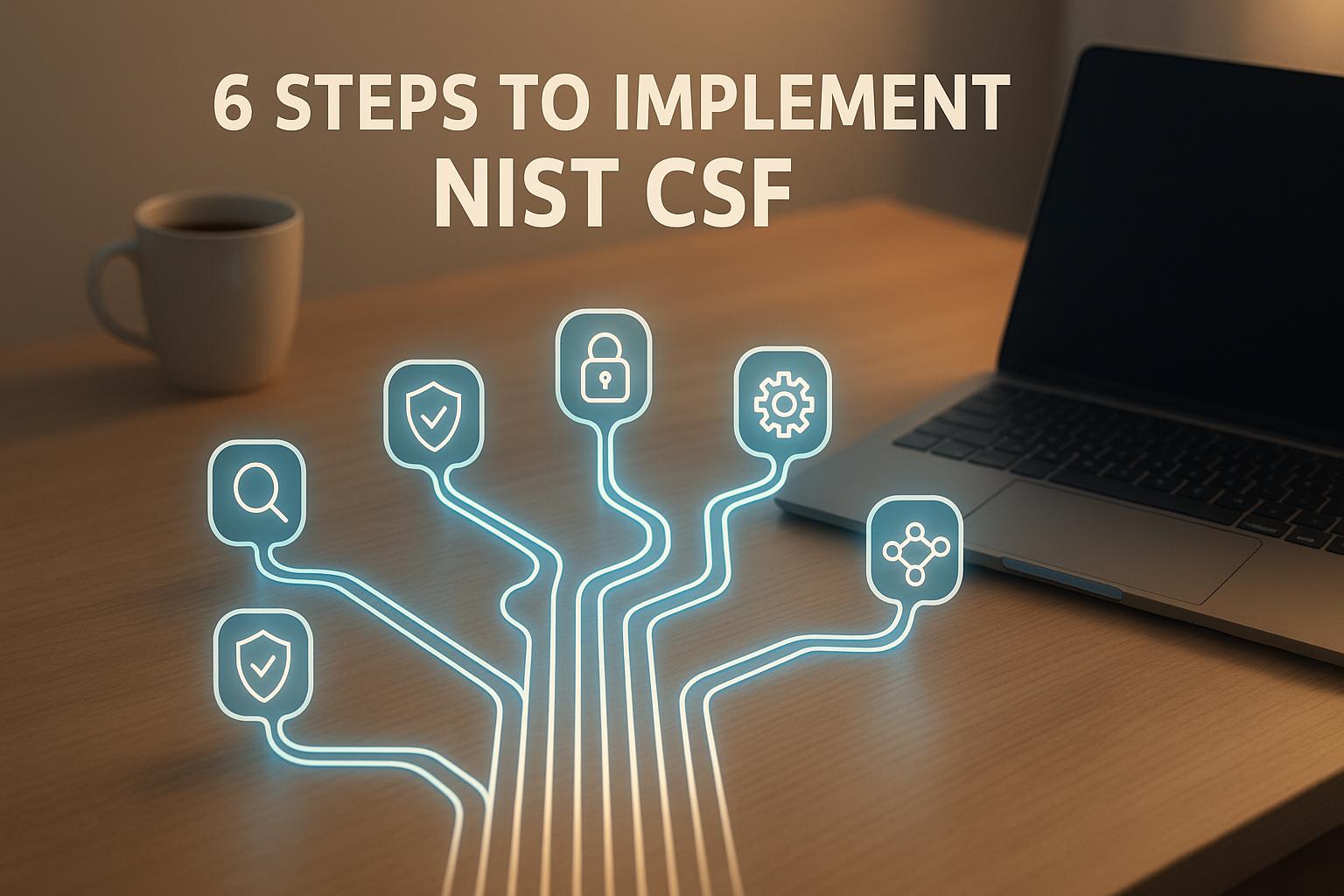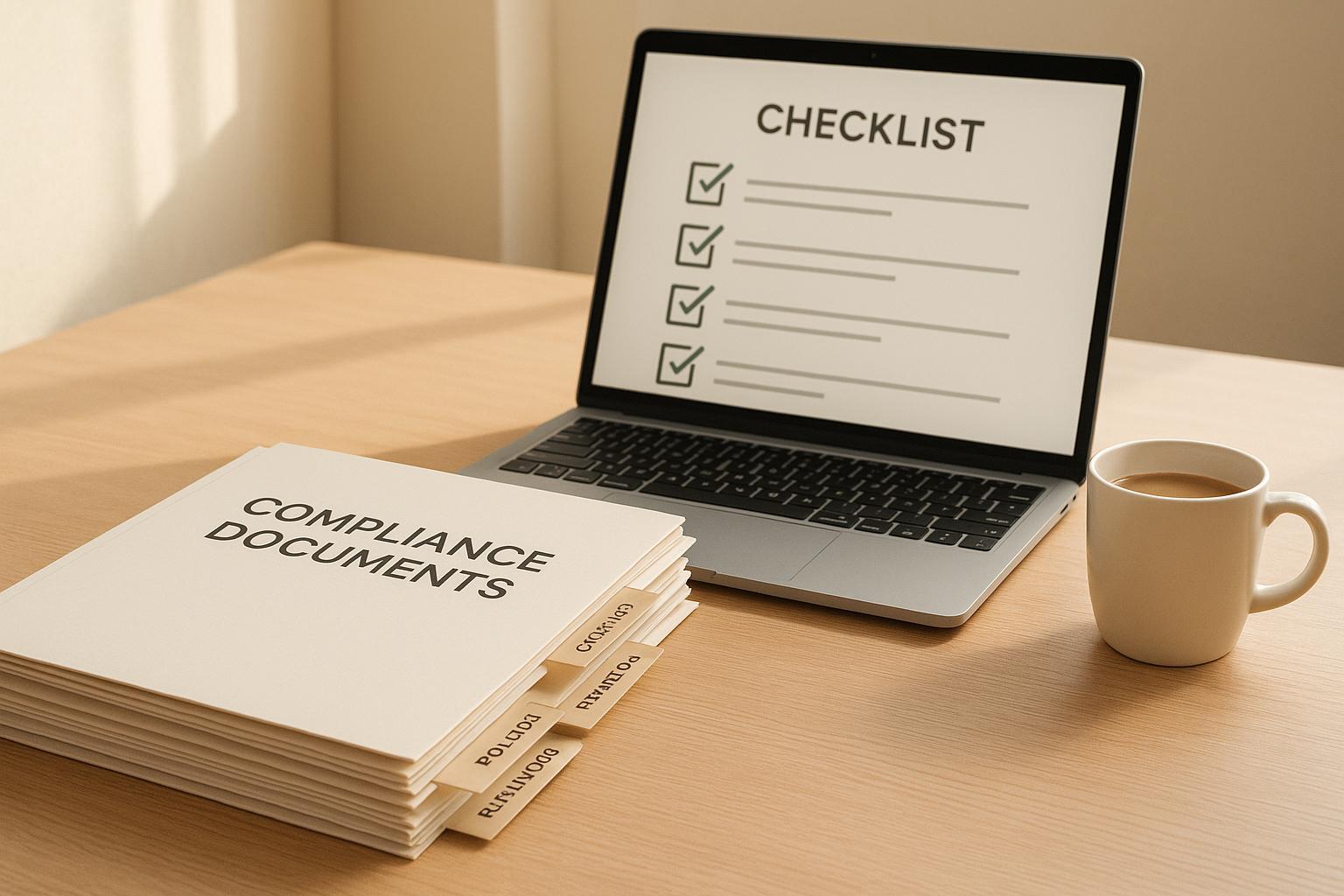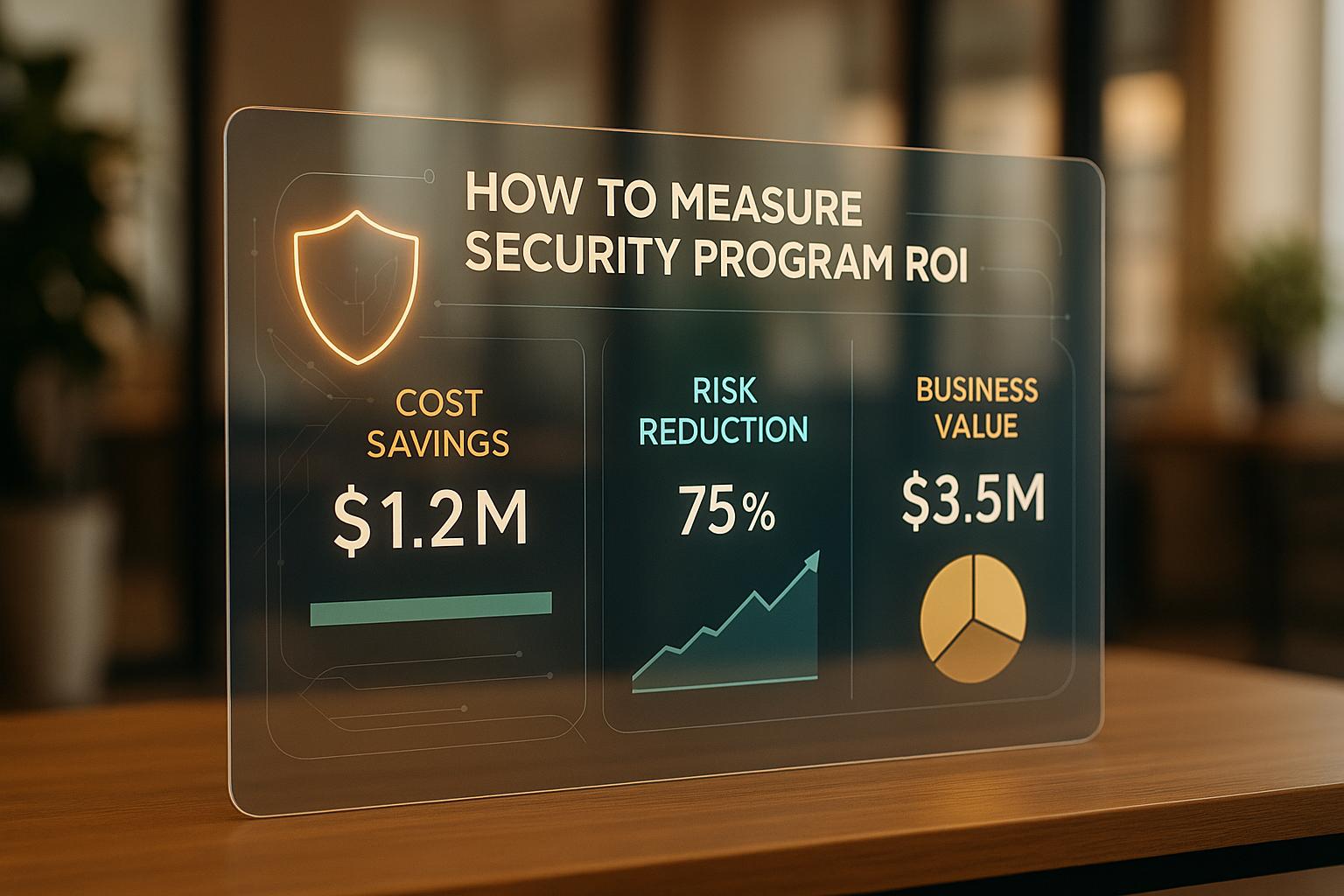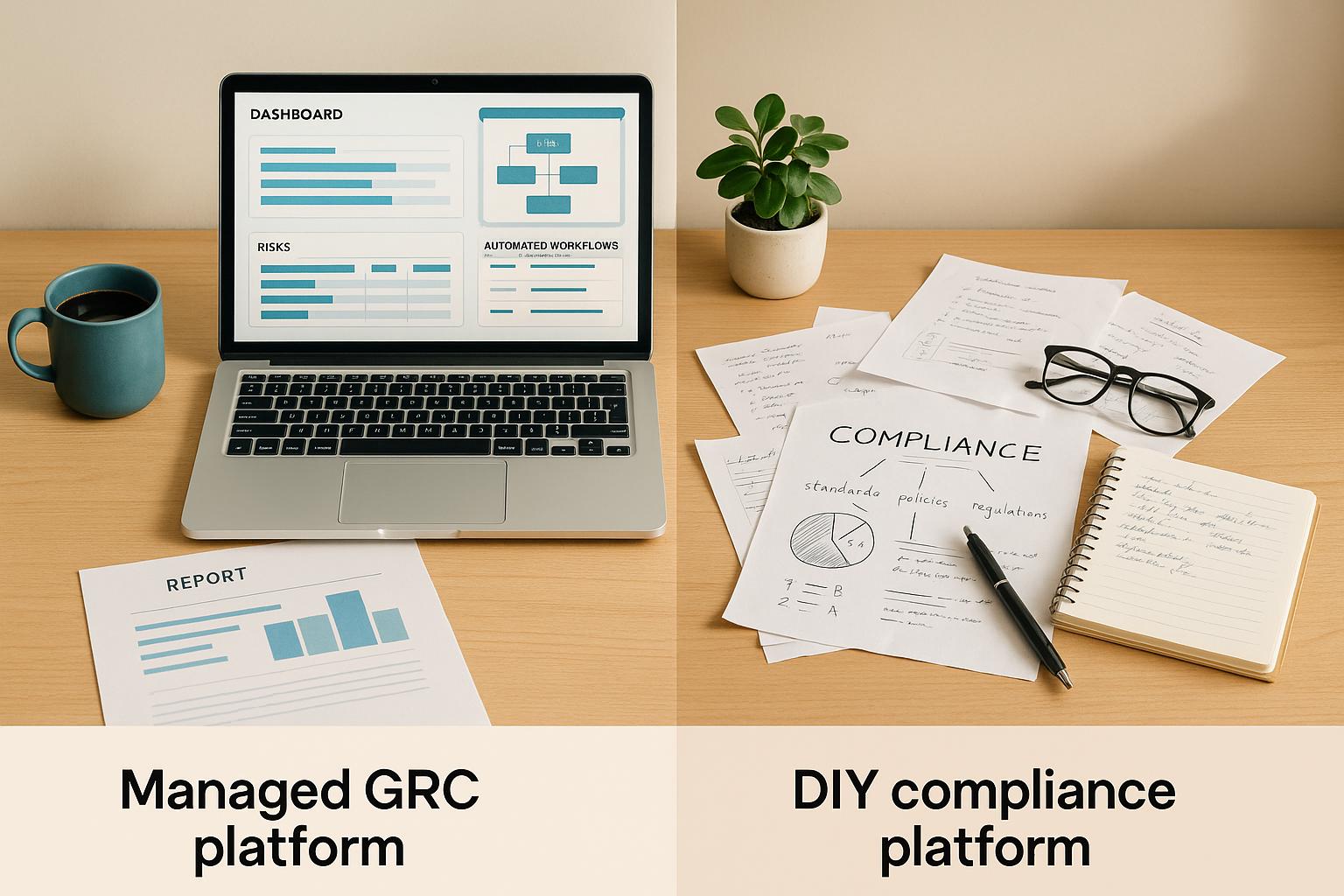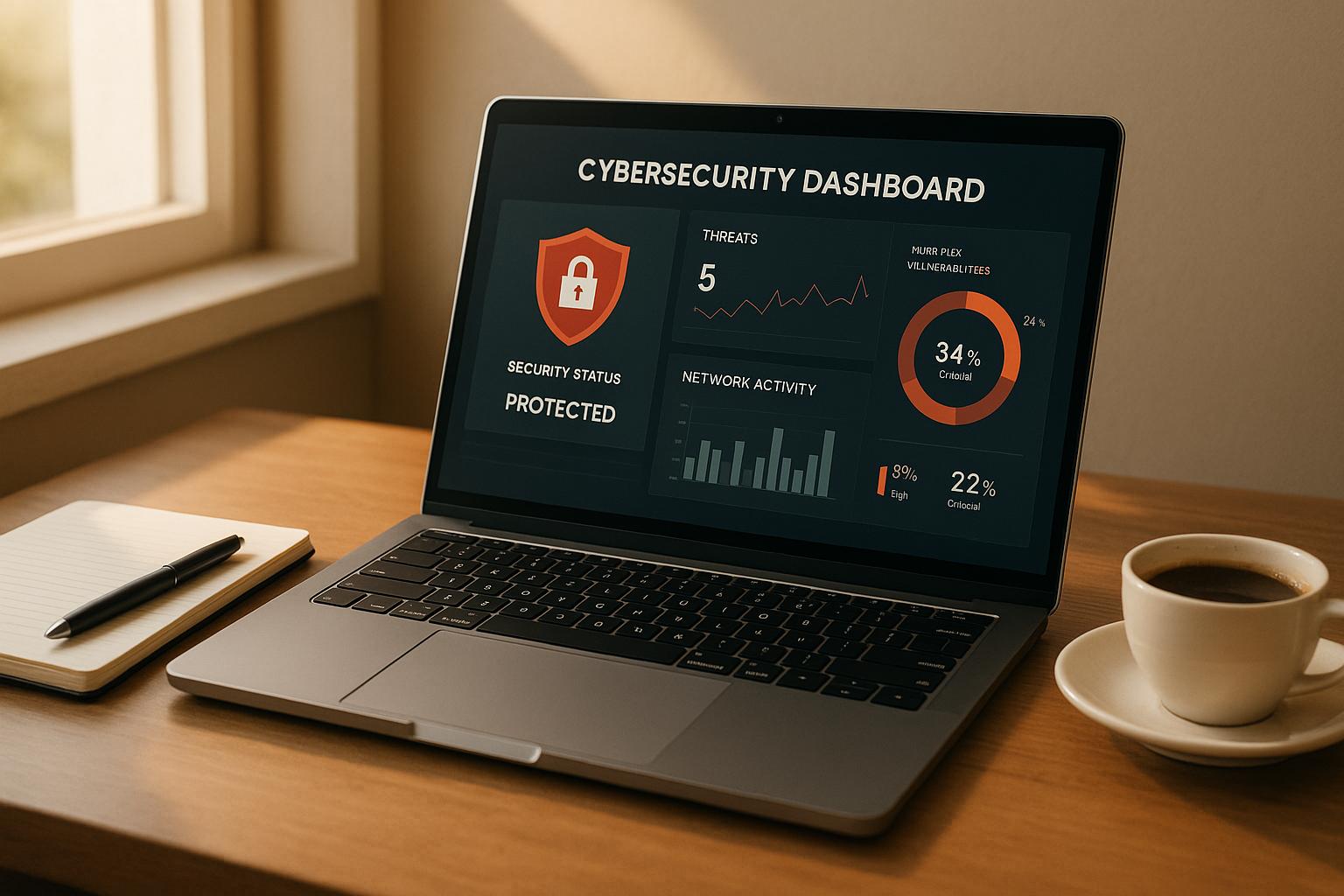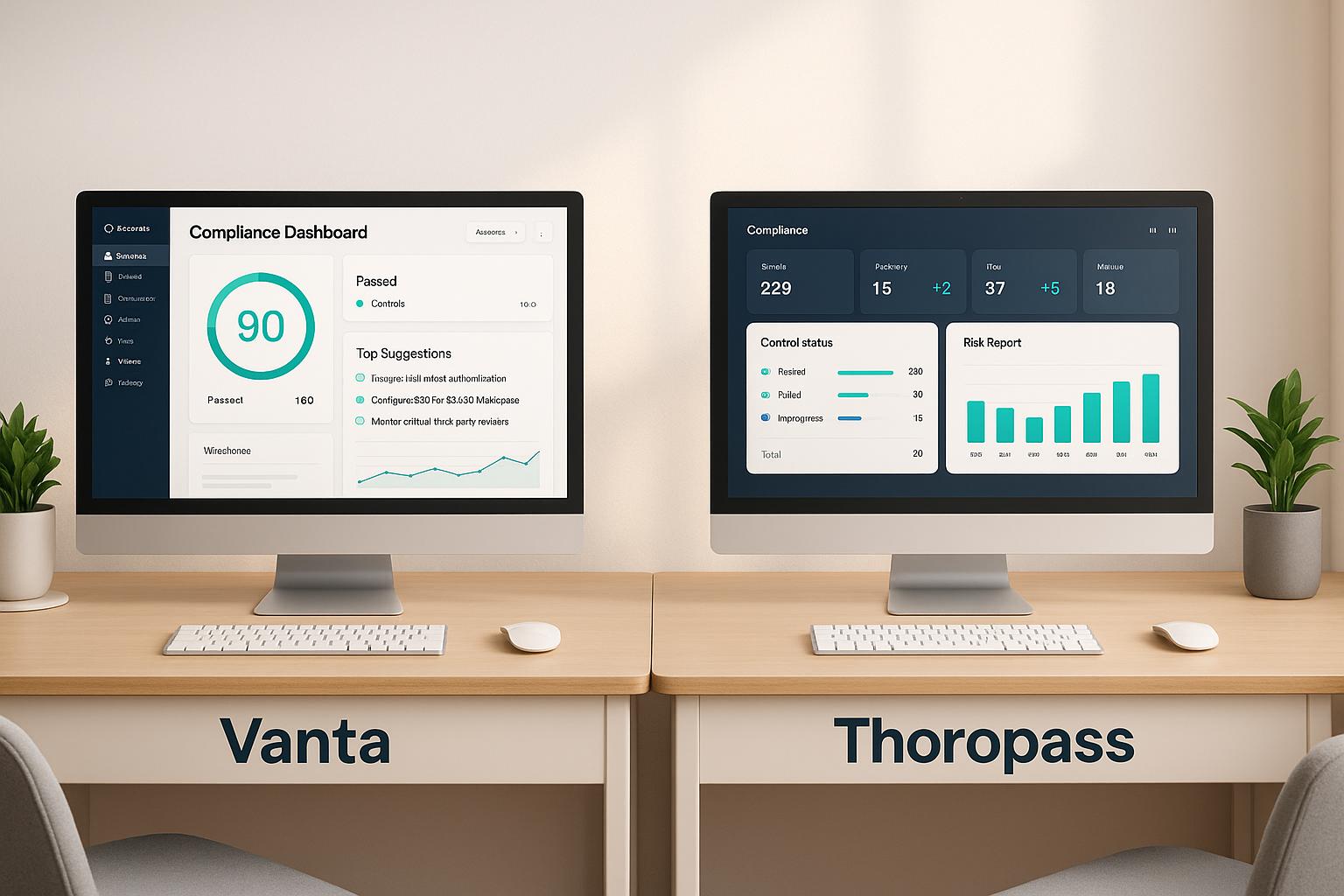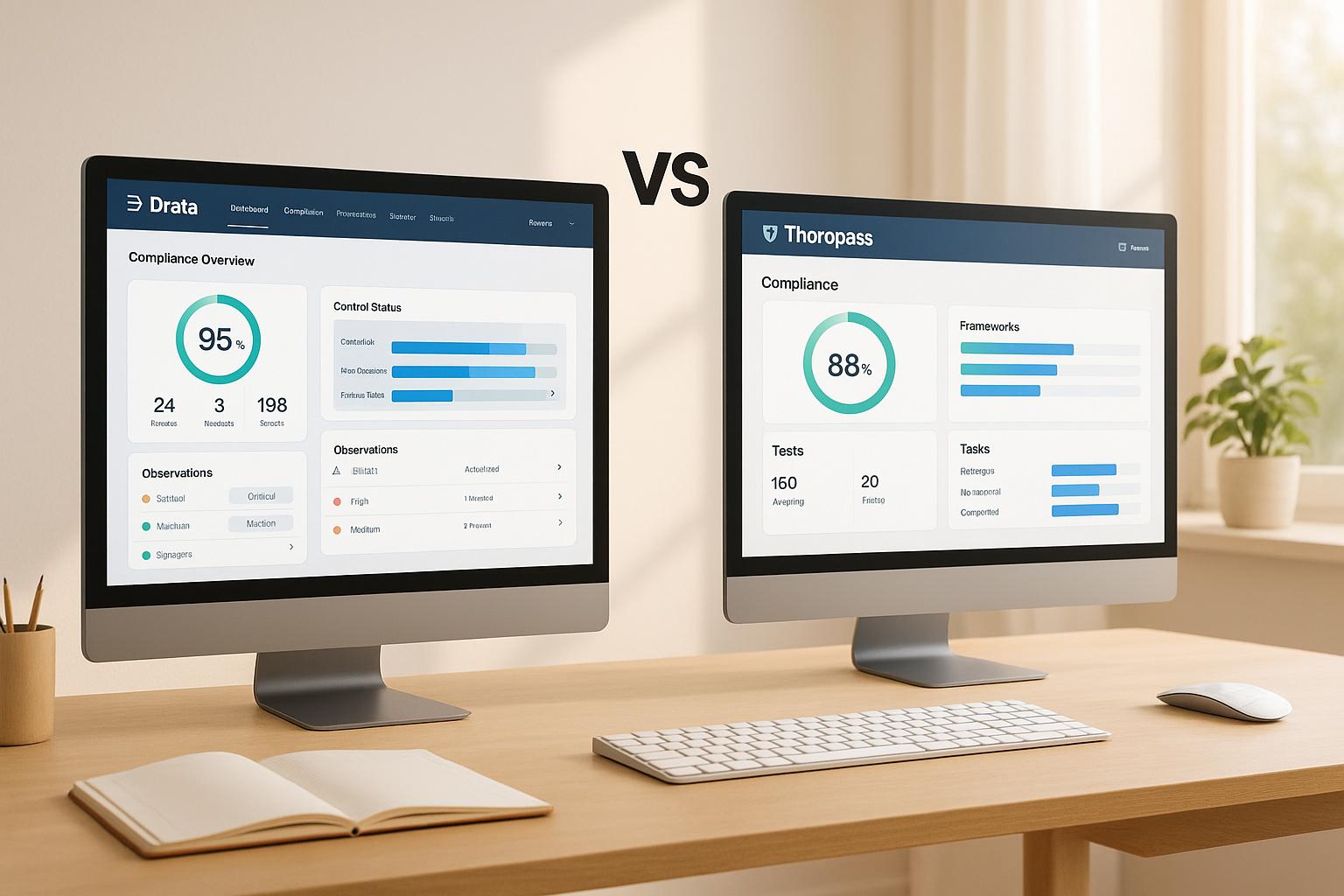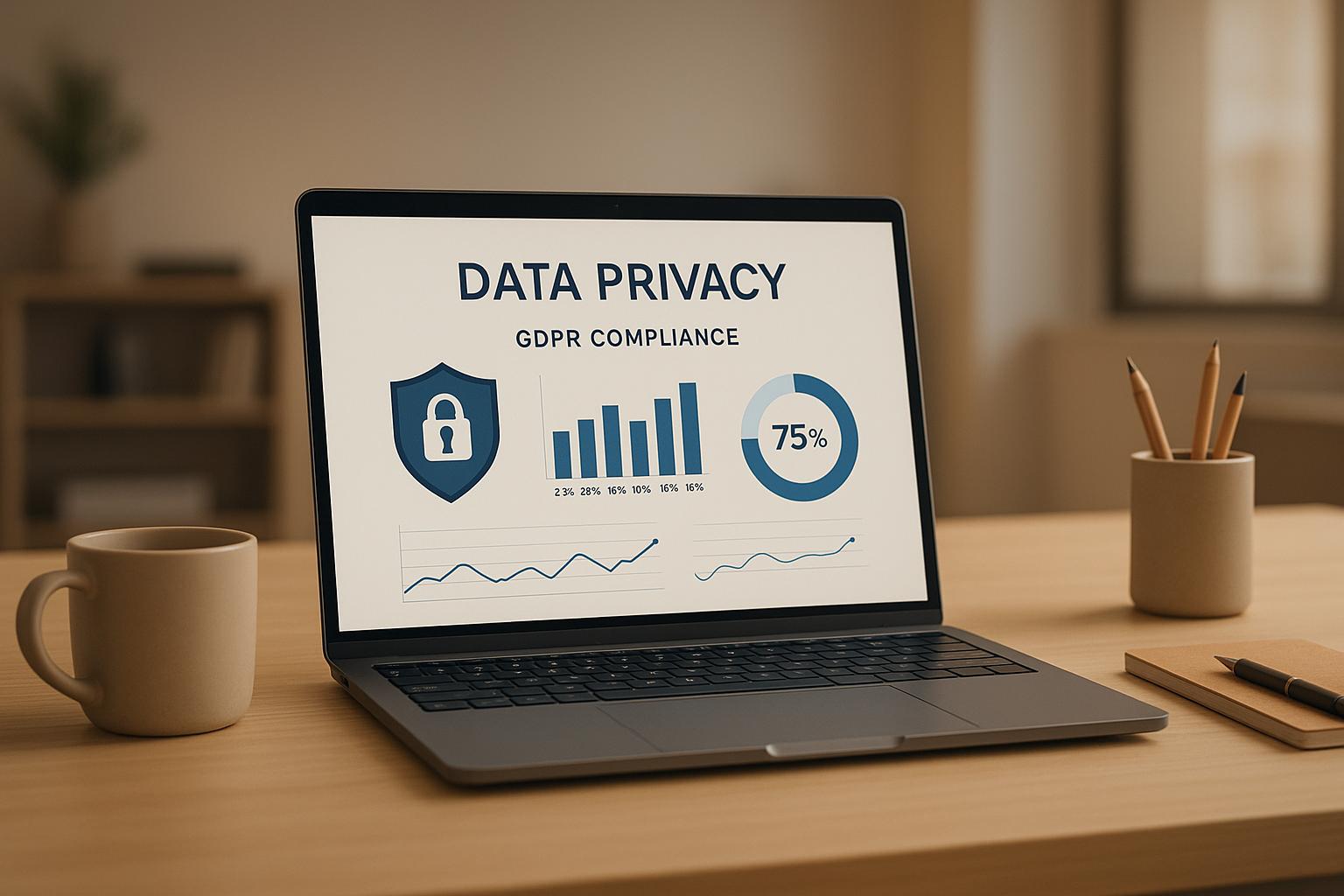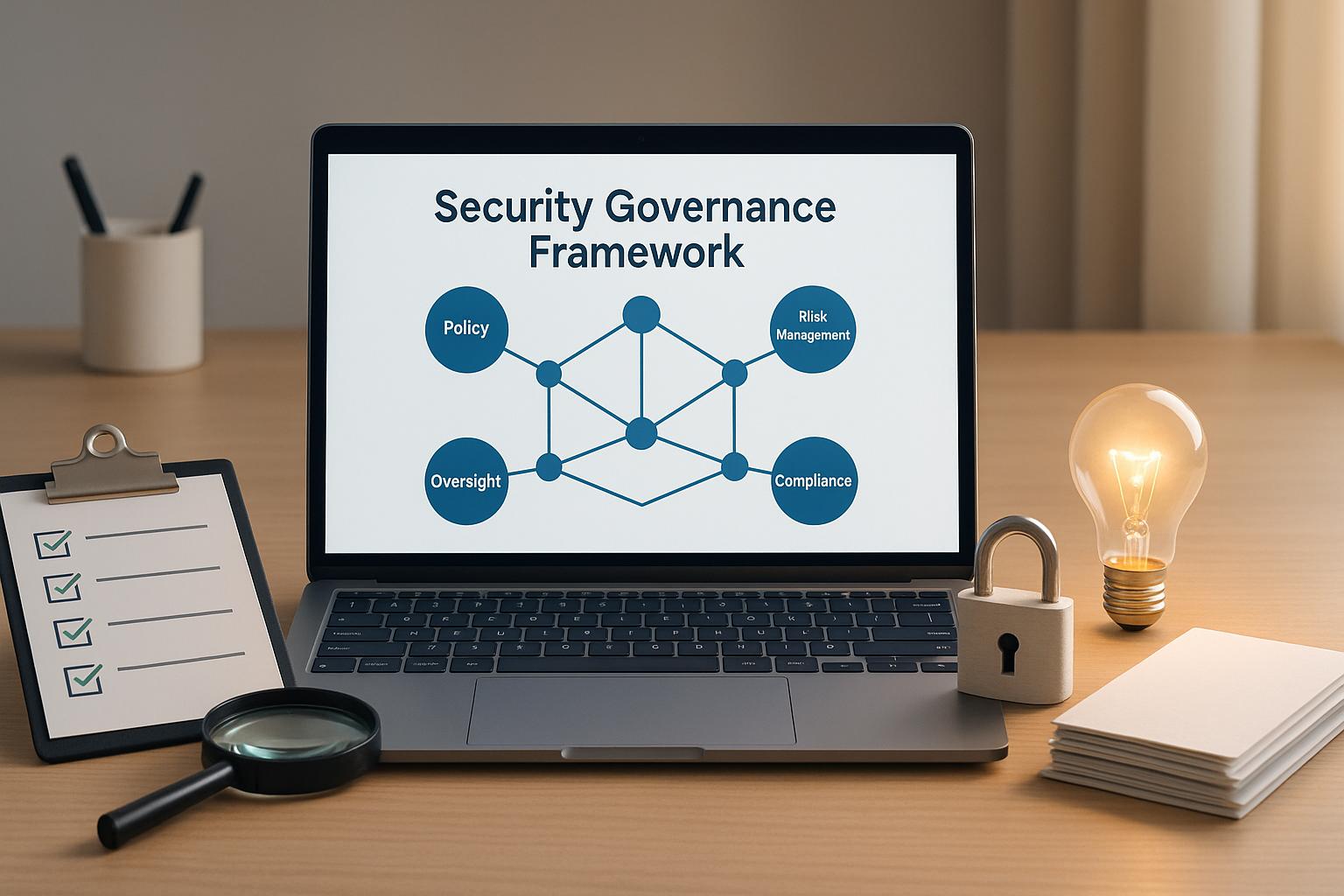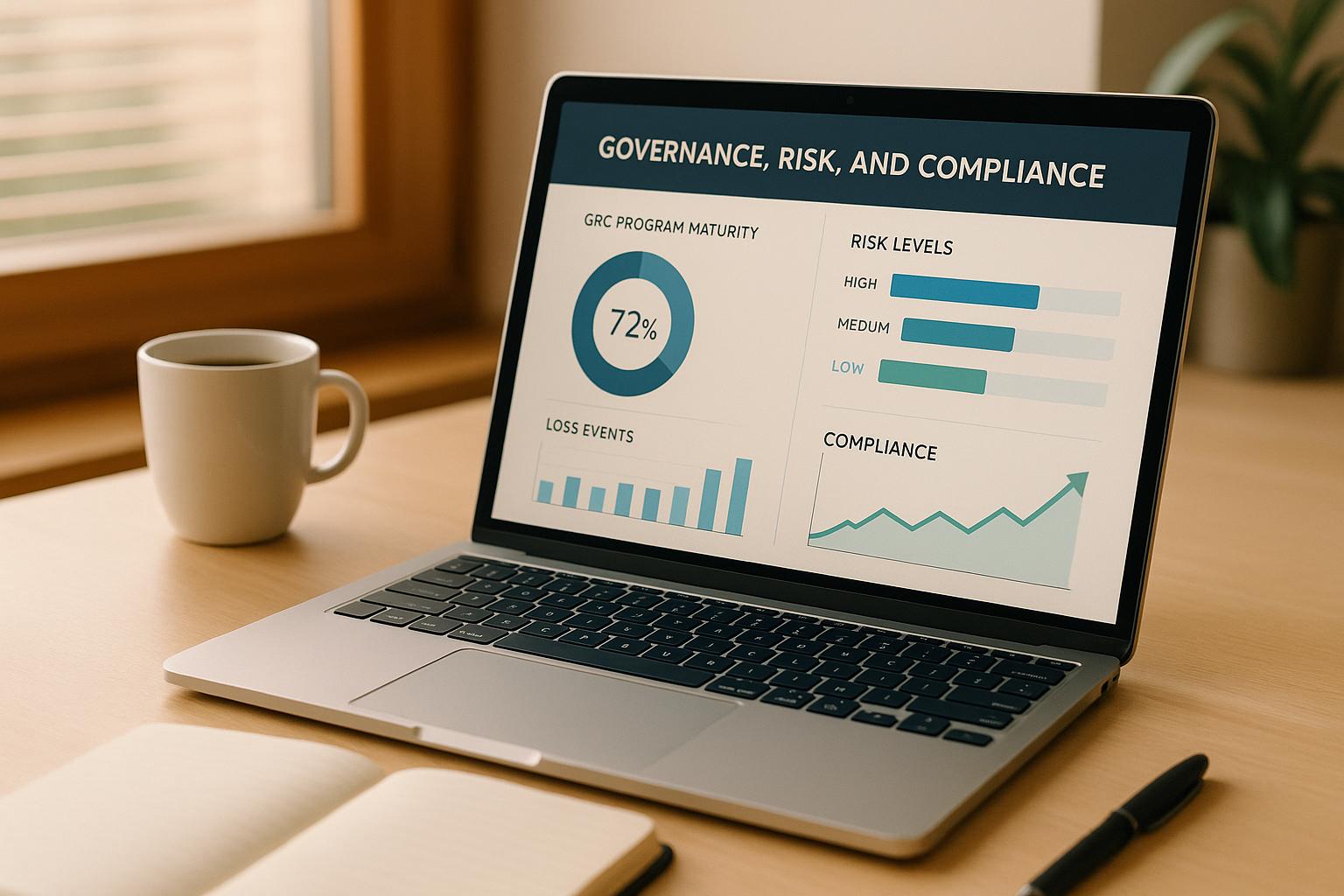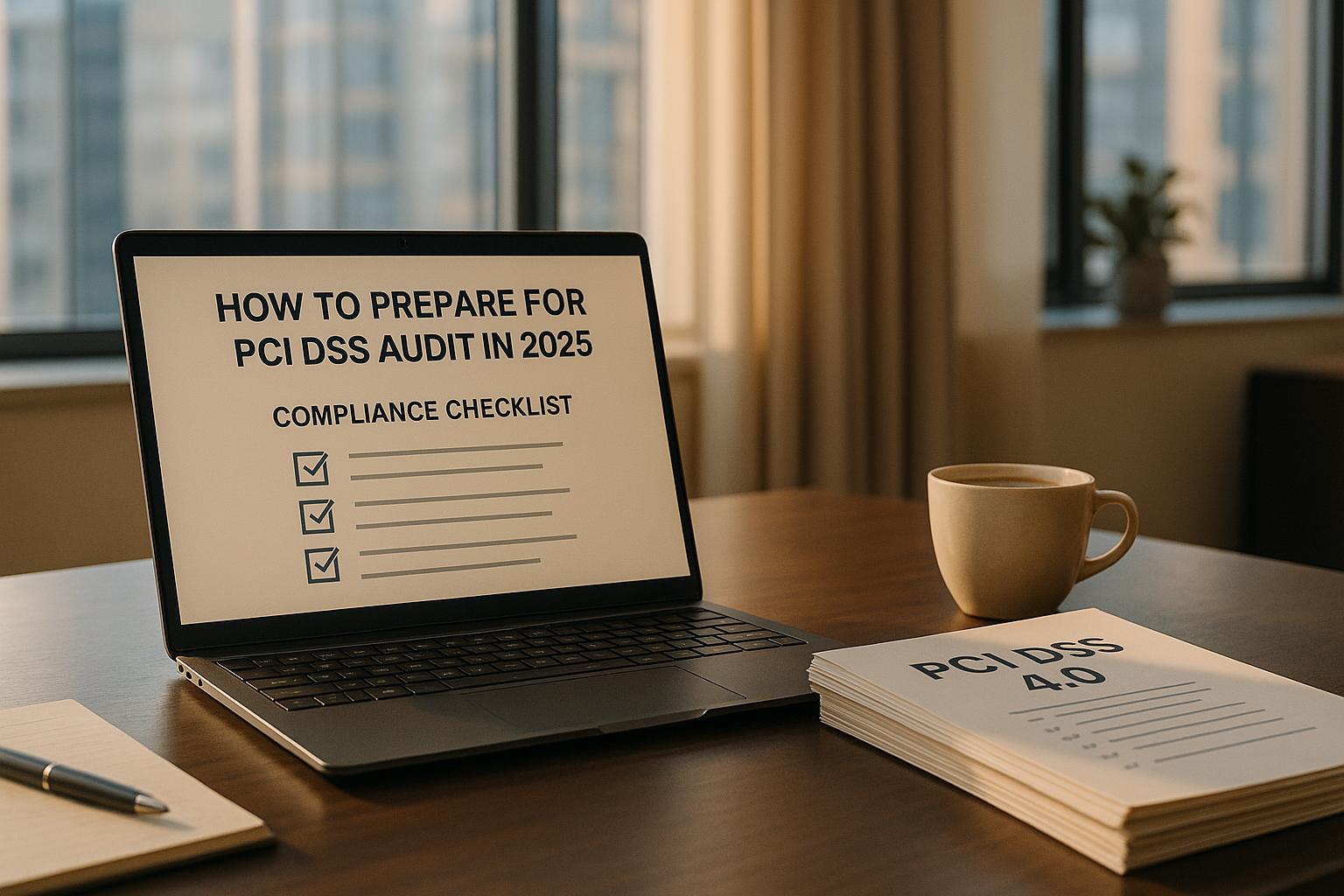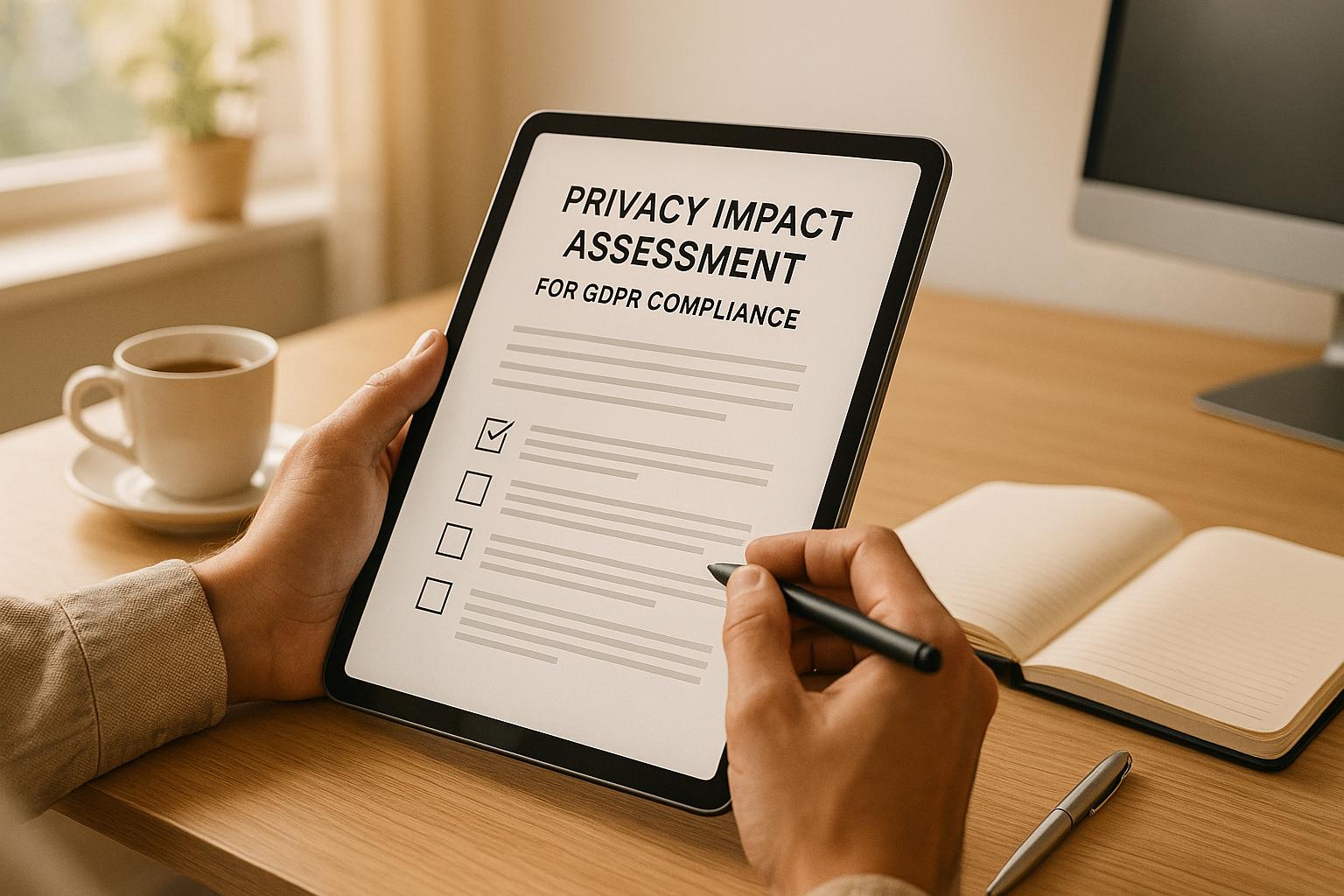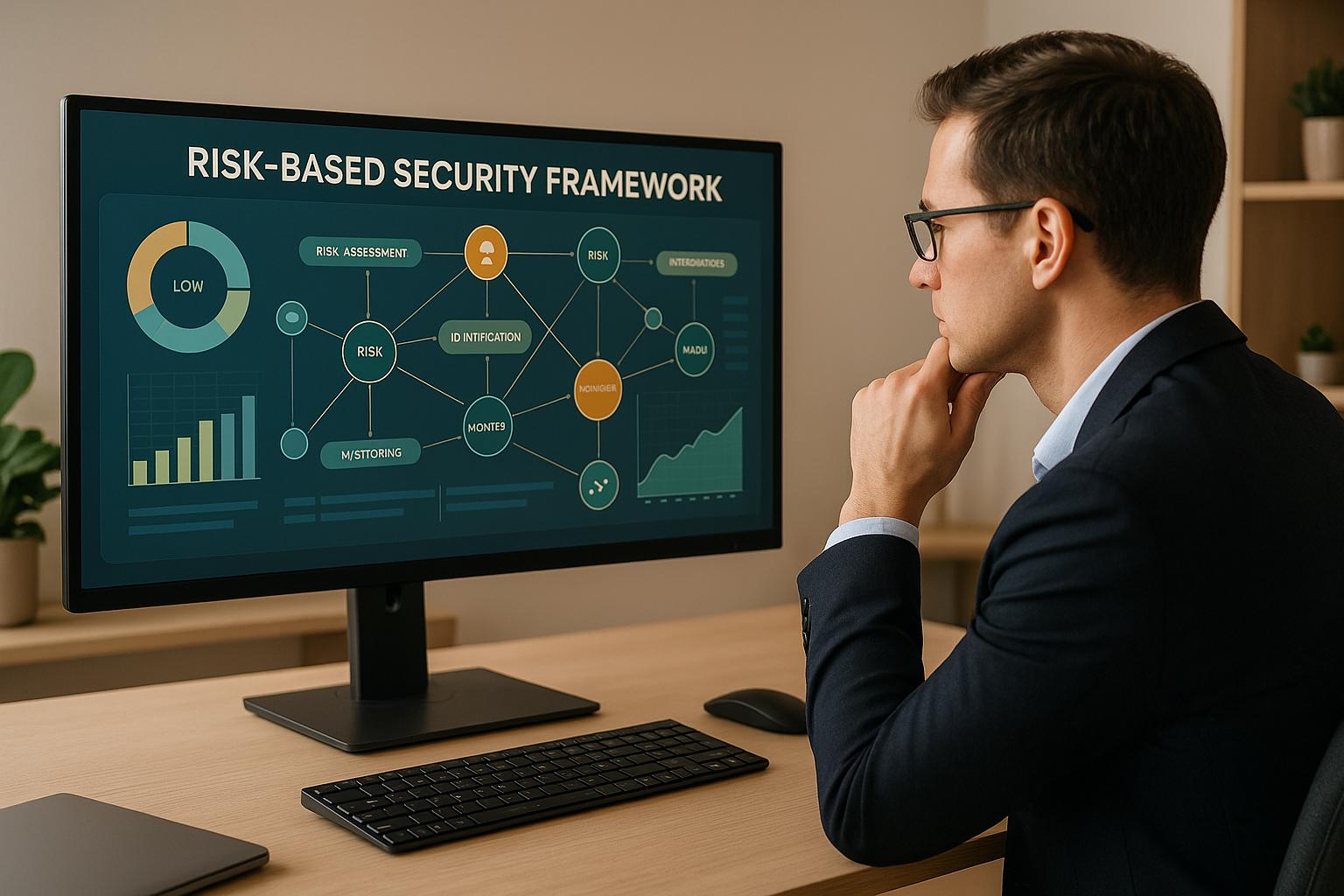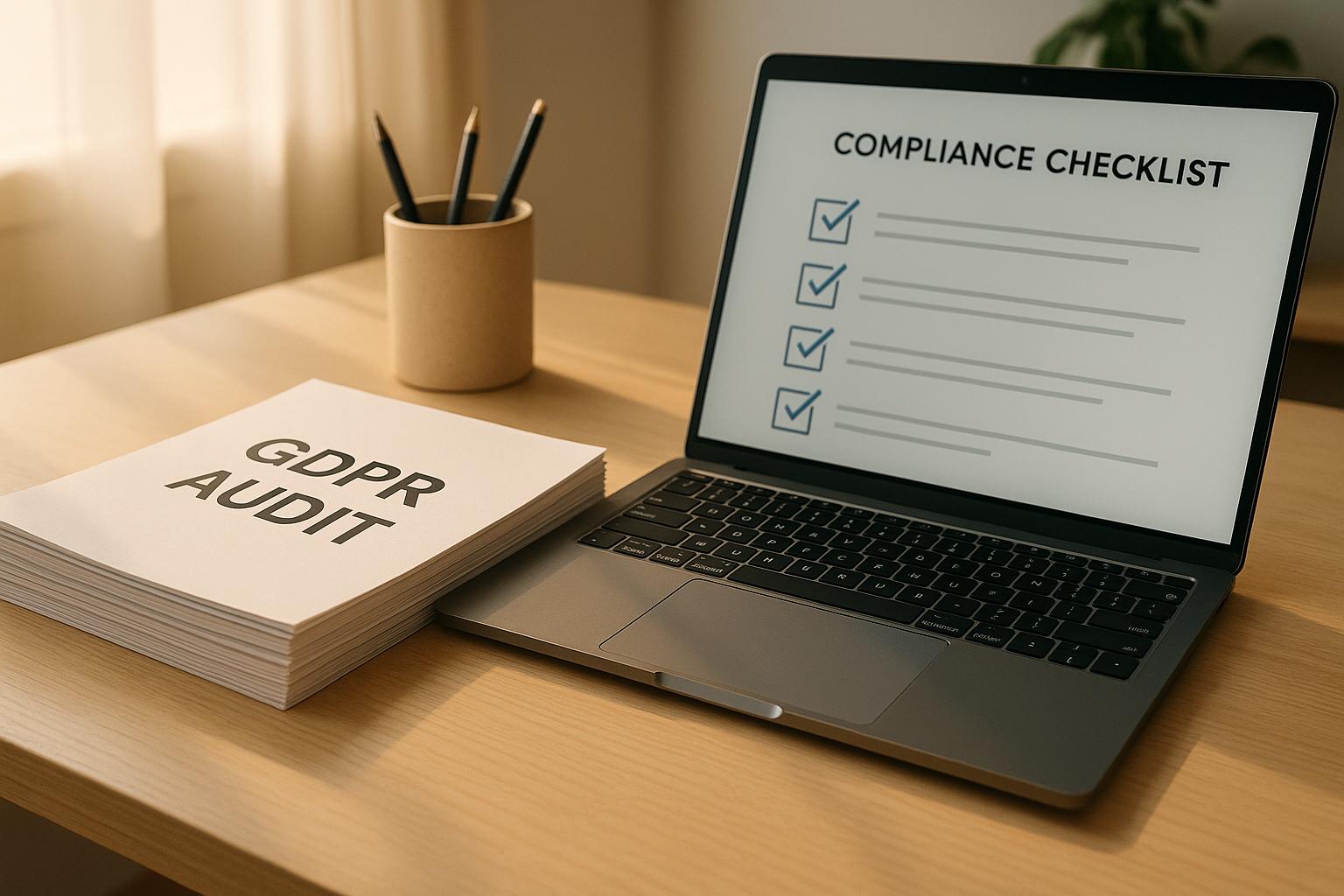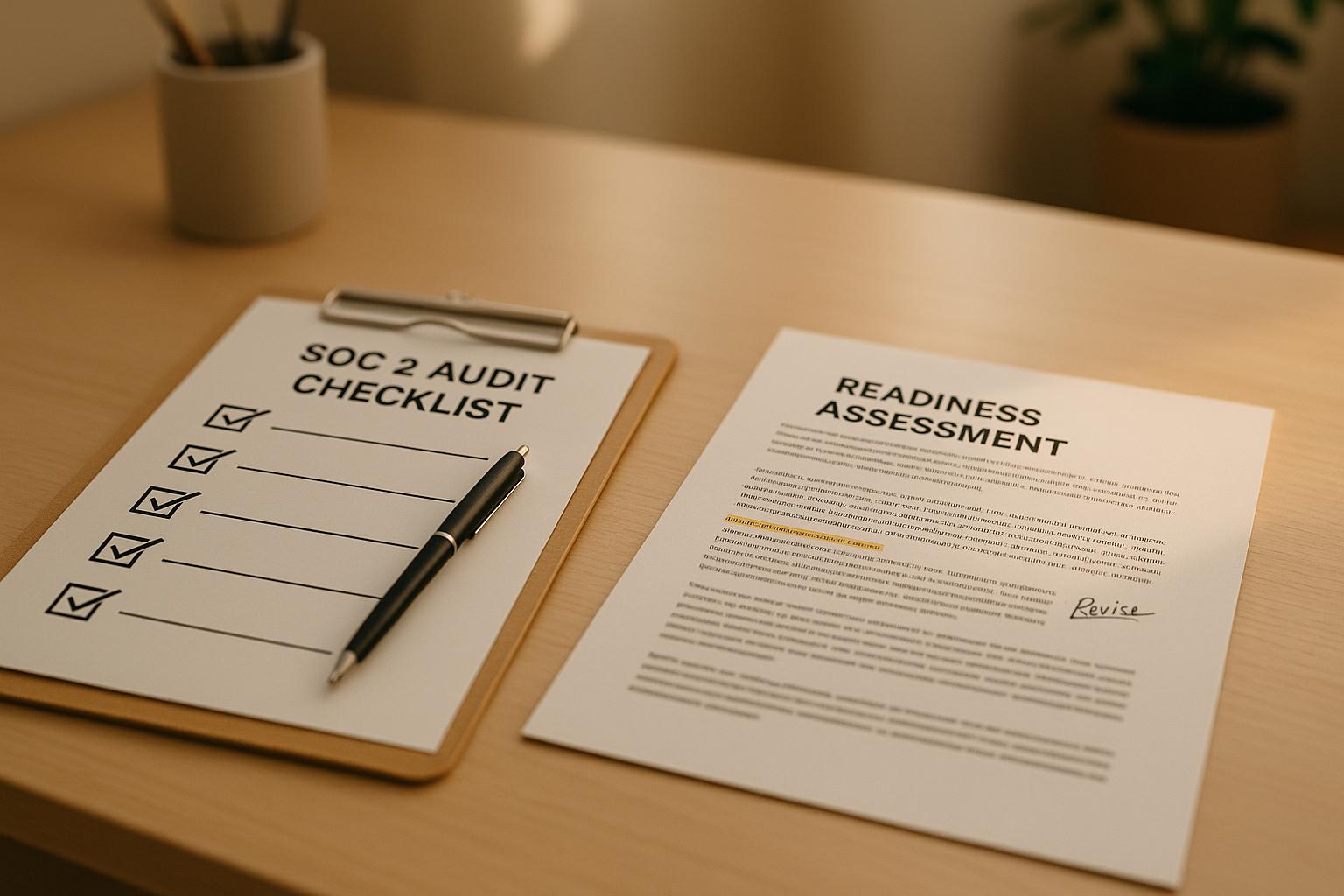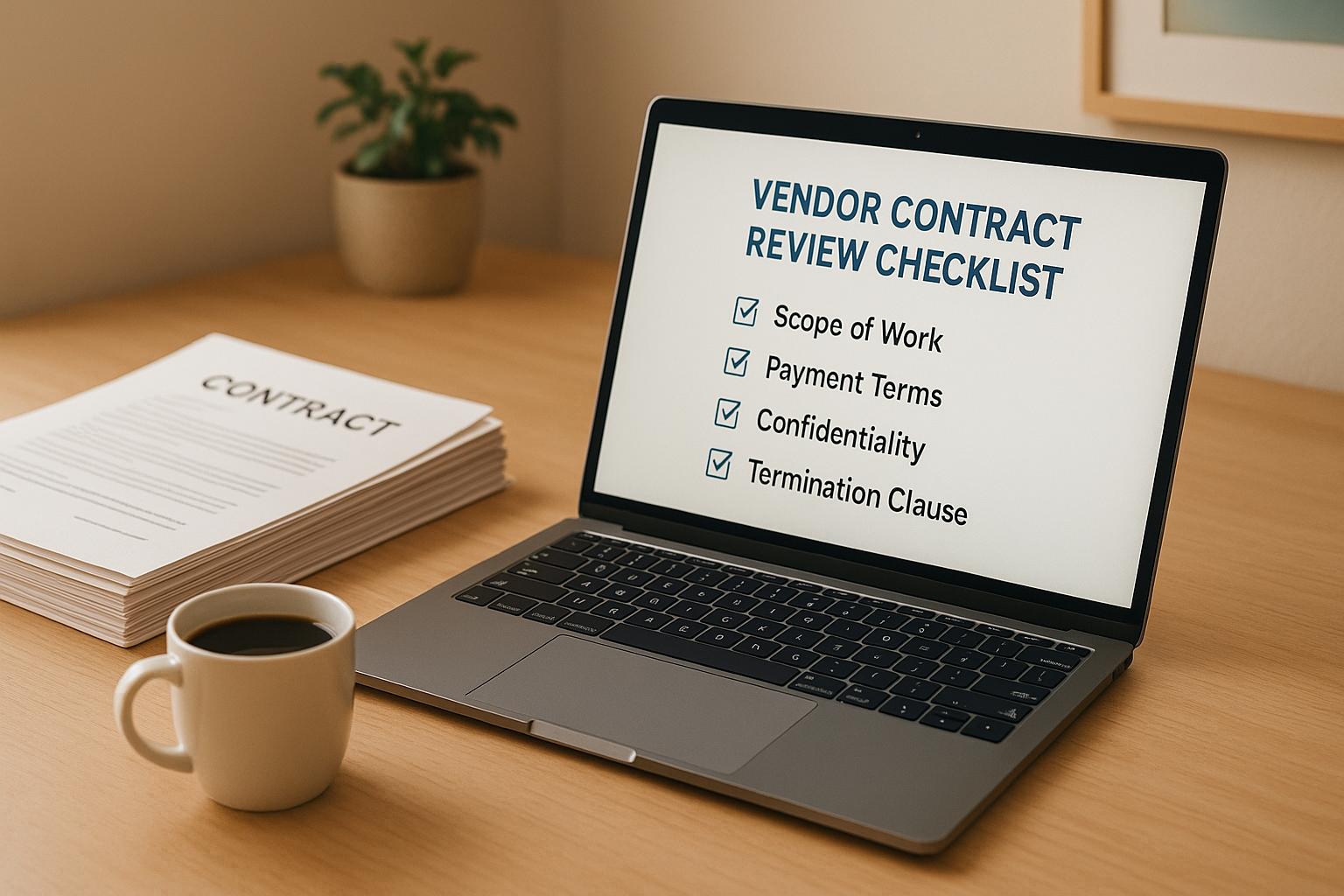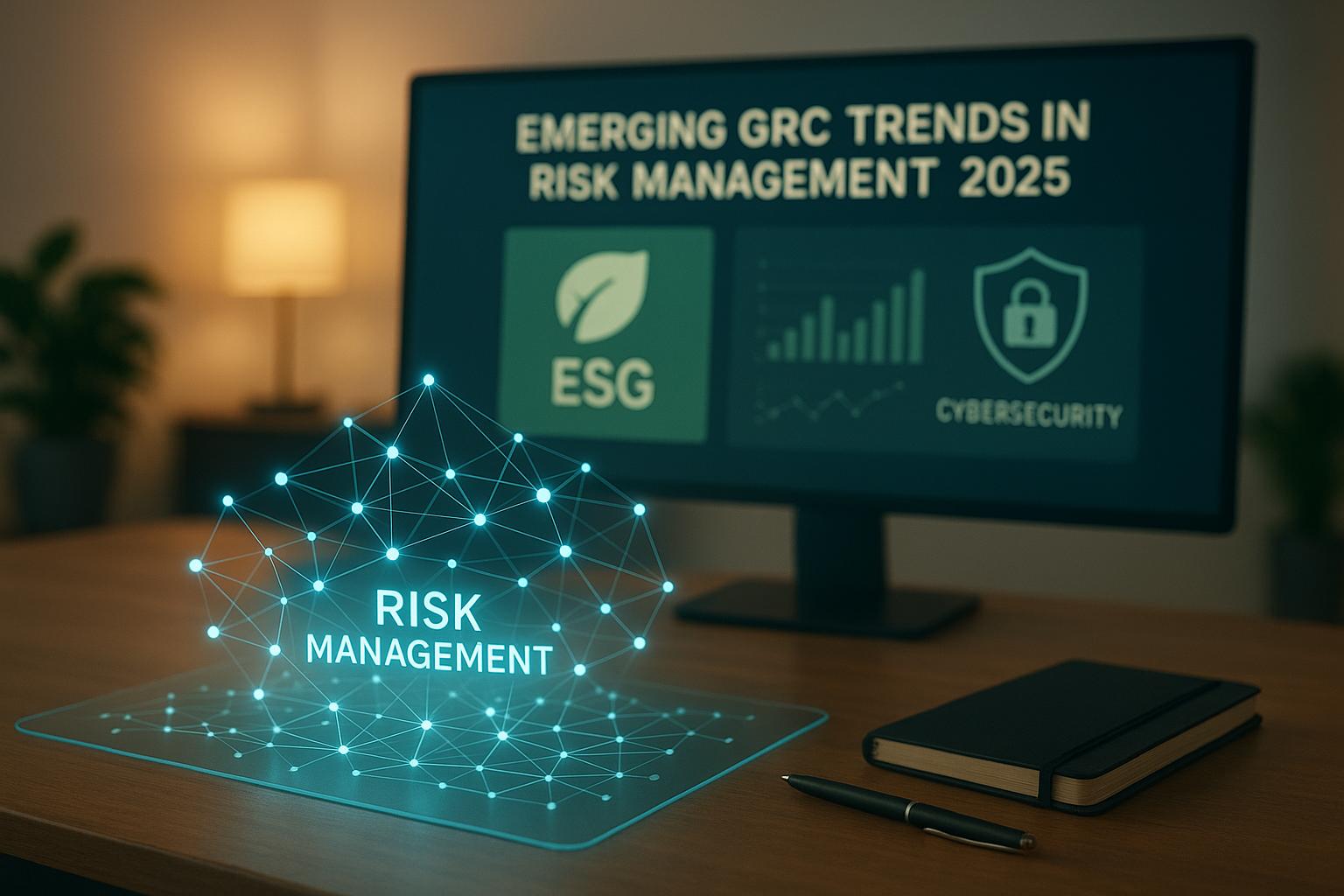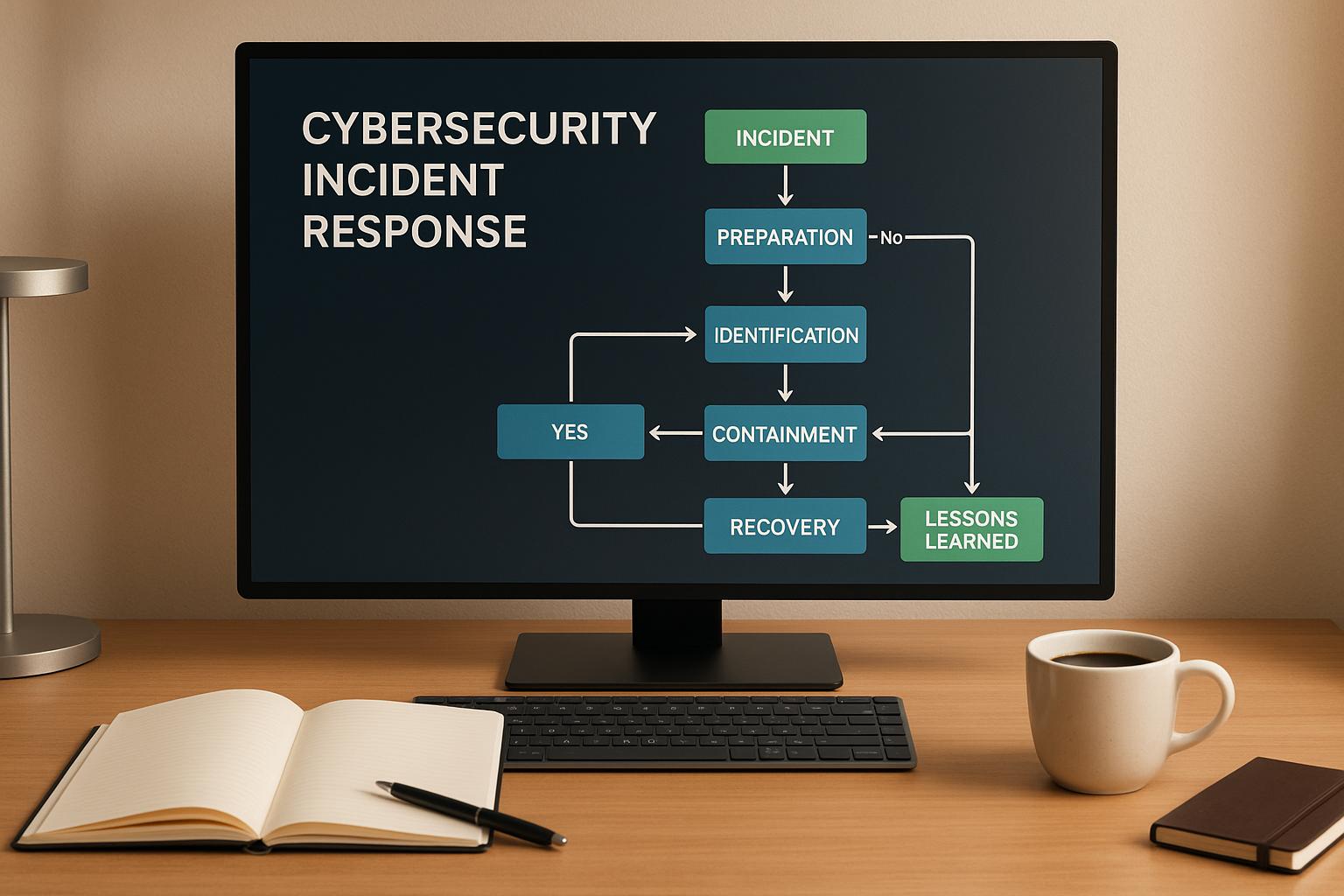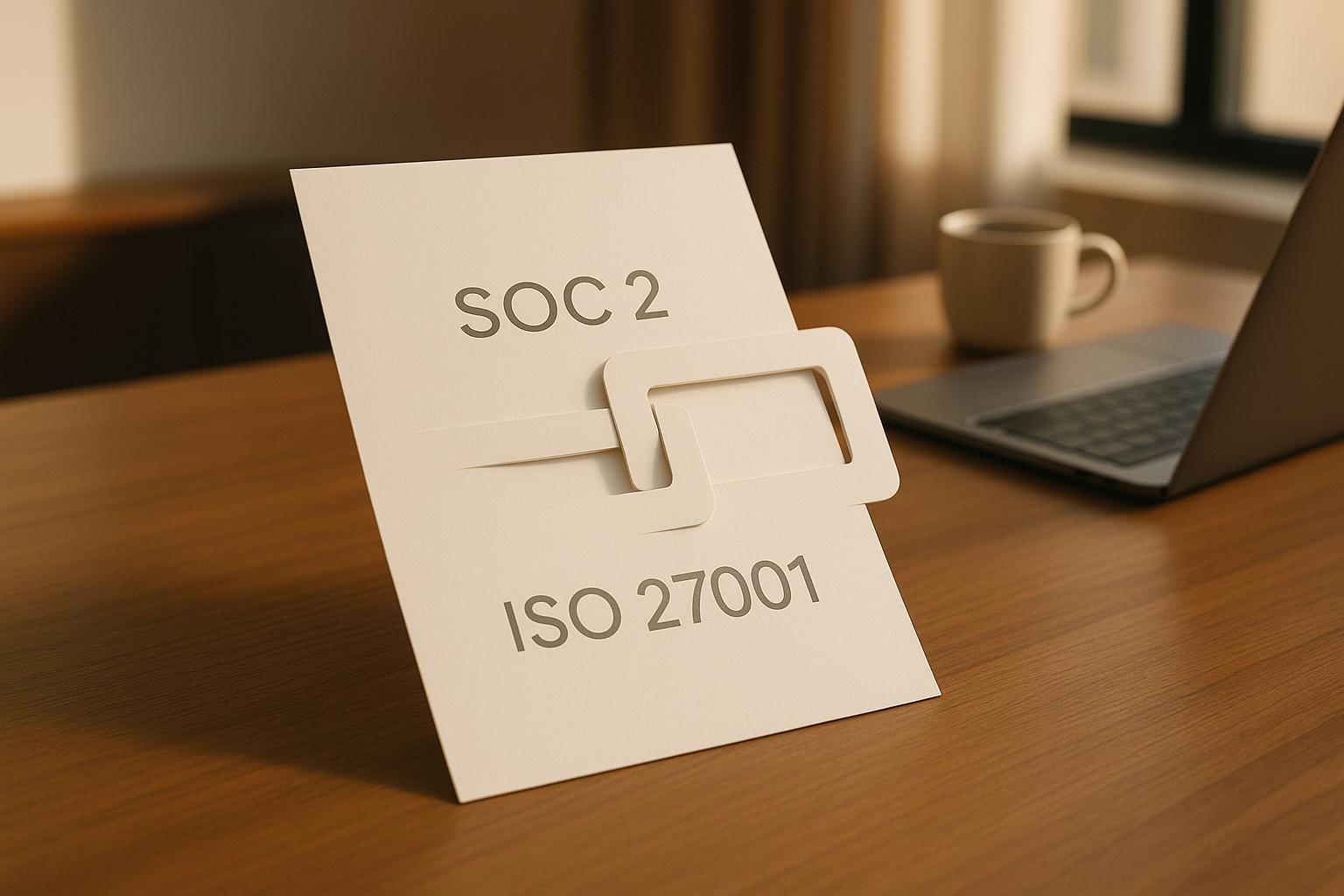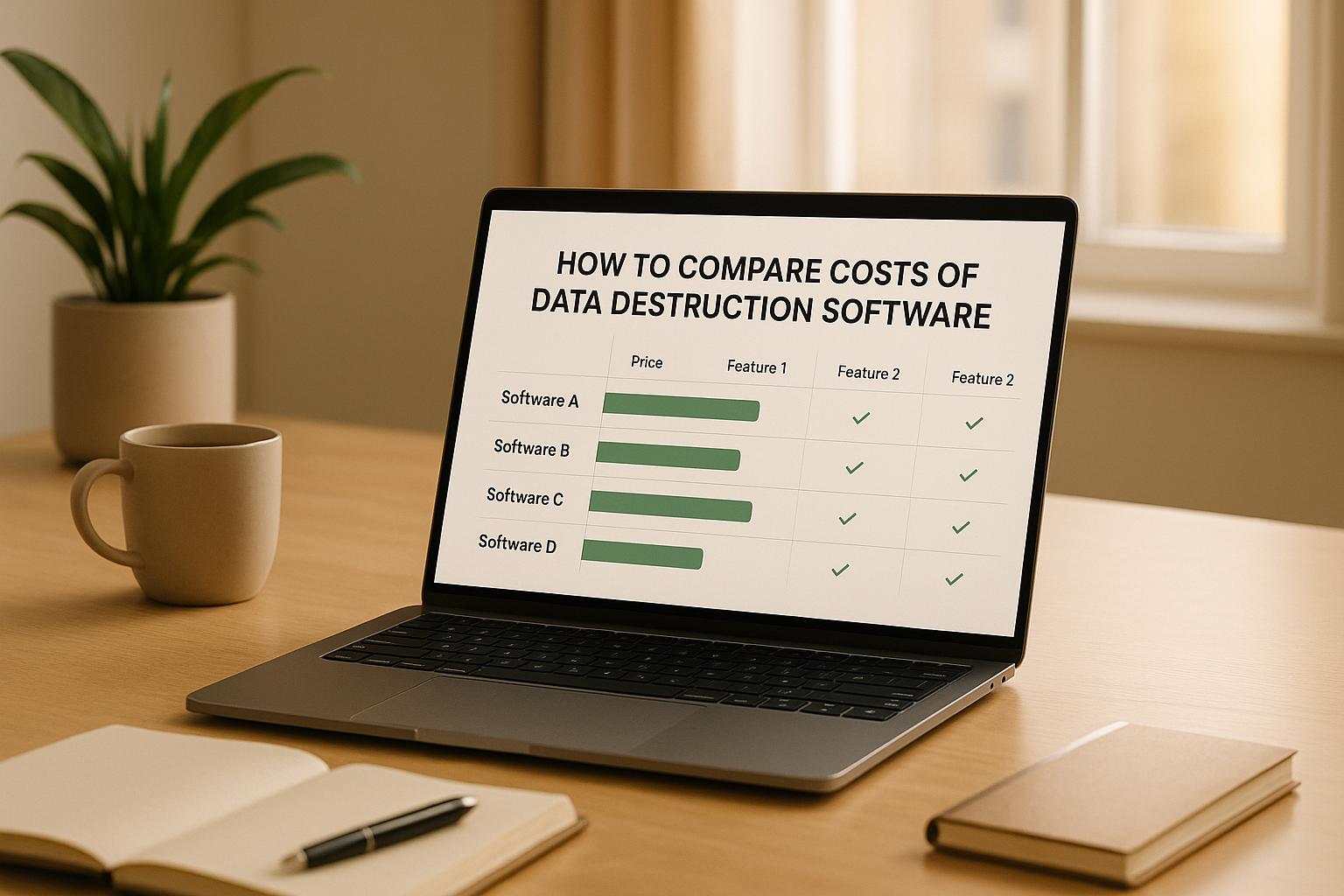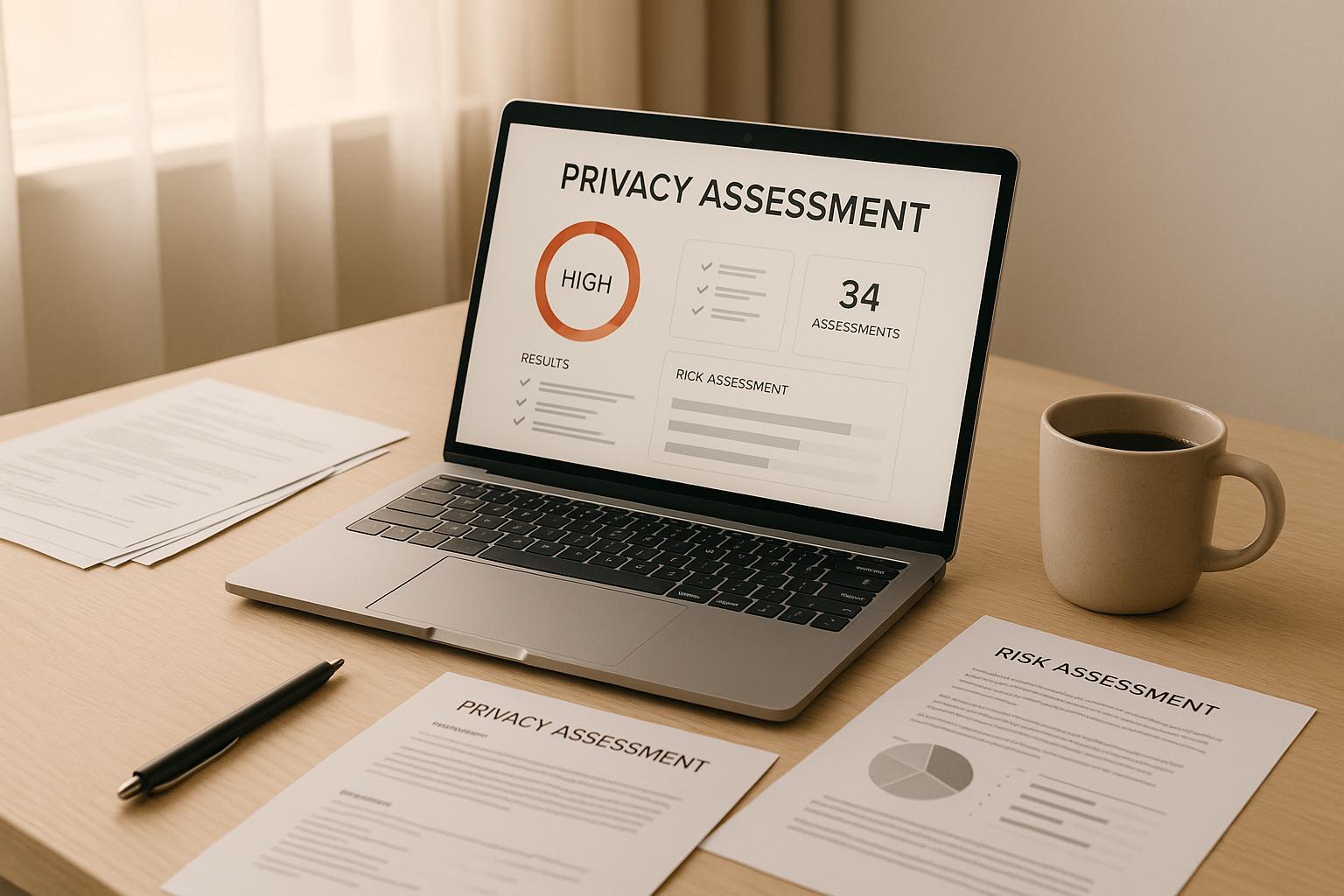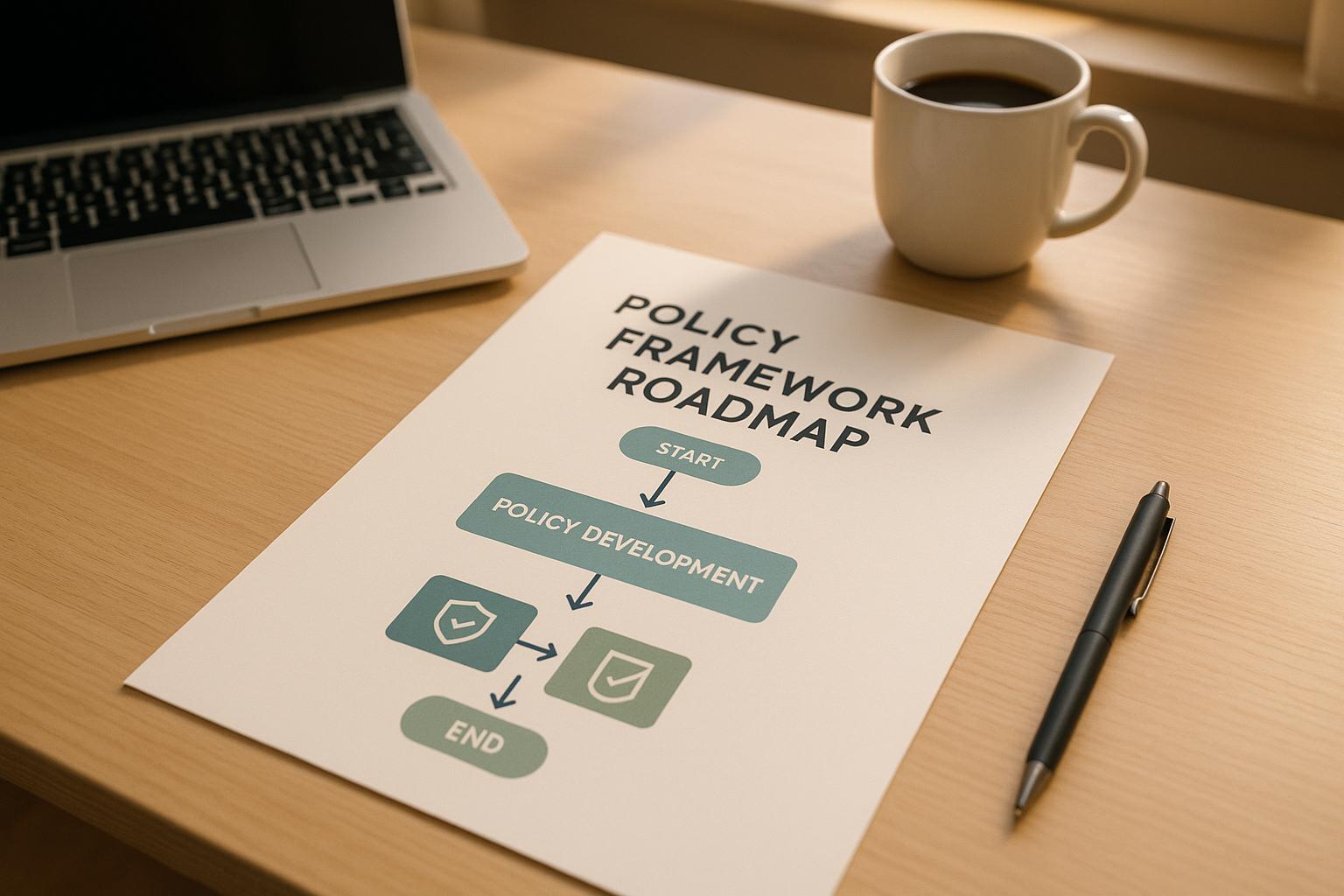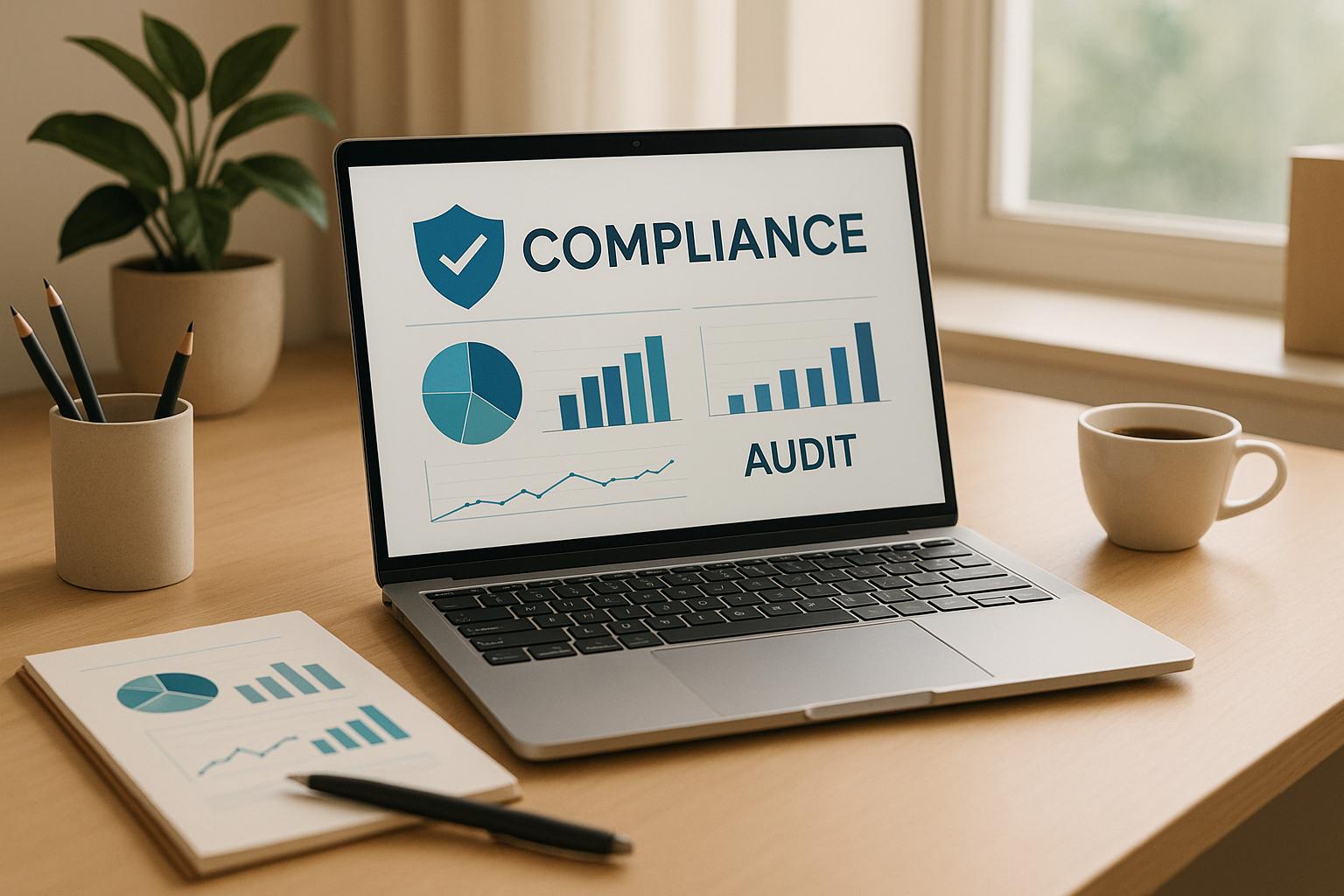
Outsourcing Governance, Risk, and Compliance (GRC) administration can save businesses time, reduce costs, and improve audit readiness. This article compares three popular providers - Cycore, Vanta, and Drata - focusing on their pricing, service level agreements (SLAs), and key performance indicators (KPIs).
Key Takeaways:
- Cycore offers flexible pricing tiers with human-driven services like virtual CISO (vCISO) and Data Protection Officer (vDPO). It's ideal for businesses needing tailored compliance support.
- Vanta emphasizes automation, integrating with 375+ tools to streamline compliance tasks but may involve higher costs due to add-ons.
- Drata balances automation and cost predictability with tiered pricing and continuous control monitoring.
Quick Comparison:
| Provider | Starting Price | Key Features | Best For |
|---|---|---|---|
| Cycore | Custom Quote | vCISO/vDPO, multiple frameworks, HITRUST | Businesses needing expert guidance |
| Vanta | $10,000/year | Compliance automation, vendor risk tools | Tech-savvy teams with complex needs |
| Drata | $7,500/year | Automated evidence collection, integrations | Mid-sized companies seeking simplicity |
Choosing the right provider depends on your compliance needs, budget, and priorities. Read on for a deeper dive into each solution.
What is GRC (Governance, Risk, and Compliance)? | Bridging the GRC Gap | Implementing GRC Solutions
1. Cycore
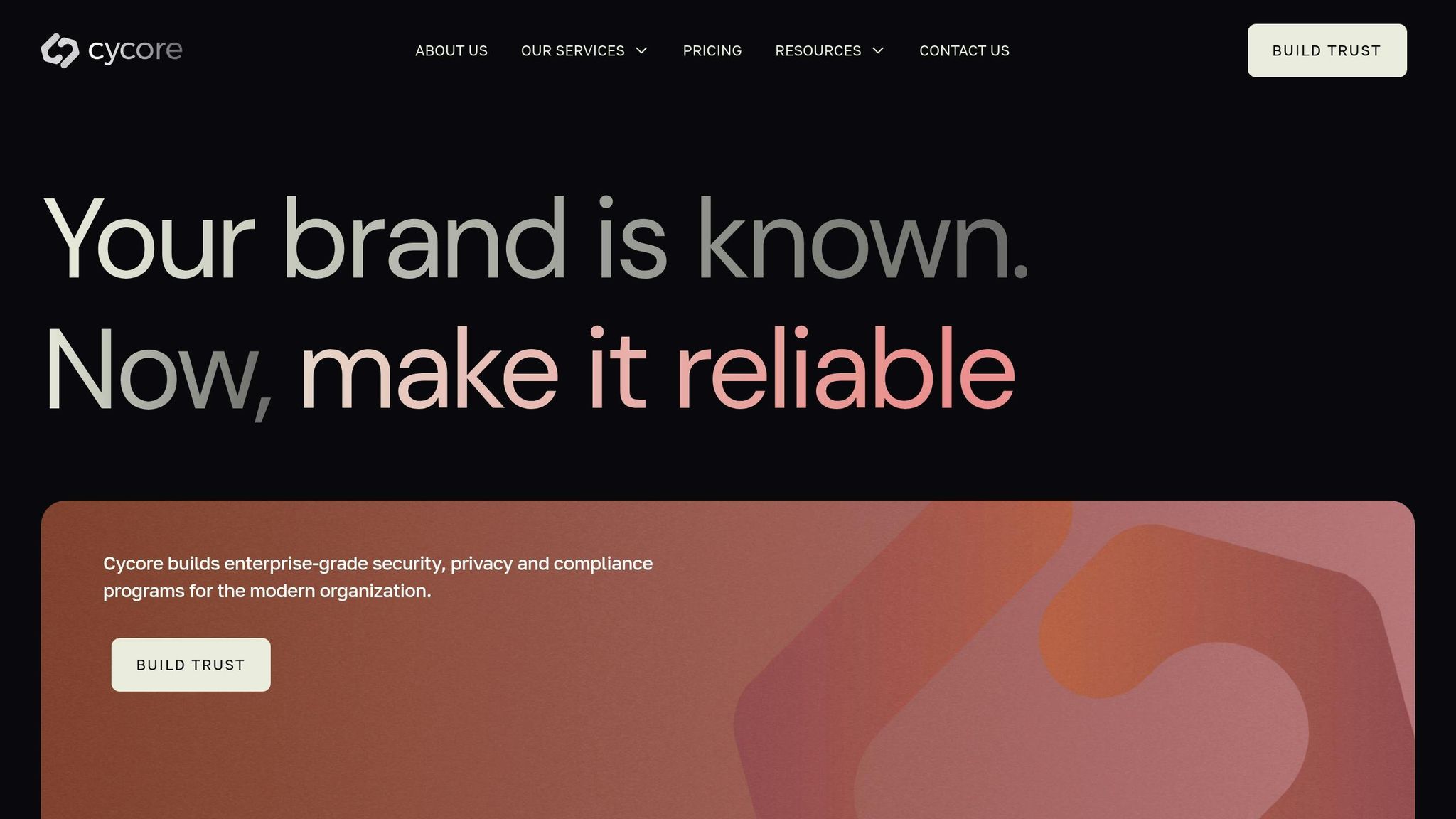
Cycore Secure offers outsourced GRC (Governance, Risk, and Compliance) management services designed to simplify compliance processes. Their expertise spans multiple frameworks like SOC 2, HIPAA, ISO 27001, and GDPR, with flexible pricing tiers tailored to meet varying business needs. Here's a closer look at how Cycore stands out in this space.
Cost Structures
Cycore uses a three-tier pricing model that minimizes many of the fixed expenses tied to maintaining an in-house compliance team. Studies show that outsourcing compliance can cut costs by 10% to 25%.
- Start-up Tier: Ideal for smaller companies, this tier includes basic GRC software administration for tools like Thoropass, Drata, and Vanta, along with virtual CISO (vCISO) services for one compliance framework. It’s a cost-effective option for businesses that need essential compliance support without hiring full-time staff.
- Mid-Market Tier: Designed for growing organizations, this tier supports multiple frameworks (SOC 2, HIPAA, ISO 27001, GDPR) and adds virtual Data Protection Officer (vDPO) services. It also includes advanced GRC administration for two tools, making it suitable for businesses managing more complex compliance needs.
- Enterprise Tier: This top-tier package provides comprehensive vCISO and vDPO services across various frameworks, including HITRUST. It supports up to four GRC platforms, offers quarterly penetration testing, continuous vulnerability management, and priority access to experts.
In-house compliance teams often face higher costs due to salaries, benefits, office space, software licenses, and training. Research from Harvard Business Review highlights that outsourcing non-core functions can reduce costs by 20% to 30%, with internal wages often being 2–2.5 times higher than outsourcing fees. Cycore’s pricing structure, combined with its service agreements, offers a compelling alternative to traditional in-house teams.
Service Level Agreements (SLAs)
Cycore’s SLAs are designed to simplify the entire compliance process. These agreements cover everything from initial setup and configuration to ongoing maintenance and updates of GRC tools.
- All tiers include initial compliance assessments and monthly reporting.
- The Mid-Market and Enterprise tiers add annual penetration testing and full audit support, ensuring clients remain ready to meet regulatory demands.
- Enterprise clients also benefit from HITRUST support, vendor management assistance, and customized security training programs. Additionally, they receive tailored security roadmaps that address specific industry risks and compliance challenges.
Performance under these SLAs is tracked using detailed KPIs, ensuring Cycore delivers measurable results.
Key Performance Indicators (KPIs)
Cycore uses a robust KPI framework to evaluate the success of its GRC services, turning compliance challenges into opportunities for improvement. These metrics provide insights into governance, risk management, and overall compliance readiness, helping organizations strengthen their security posture while building trust with auditors and clients.
- Governance KPIs: Track policy adherence, decision-making timelines, and board meeting participation to ensure alignment with both business goals and regulatory standards.
- Risk Management KPIs: Focus on risk exposure, mitigation effectiveness, and incident response times. With nearly half of organizations lacking a complete inventory of third-party network access, Cycore’s third-party compliance tracking is particularly valuable.
- Compliance Metrics: Include audit success rates, regulatory fines avoided, training completion rates, and incident reporting. These metrics address the issue that 74% of organizations find compliance overwhelming, offering clear visibility into areas needing improvement.
Cycore’s automated KPI tracking enables real-time monitoring of risk exposure and policy adherence. This streamlined, data-driven approach reduces manual workloads and helps businesses turn compliance into a competitive edge - whether by closing deals faster or building stronger client relationships. Notably, 42% of teams prioritize compliance training, and Cycore’s platform supports this focus through intuitive tracking and reporting tools.
2. Vanta
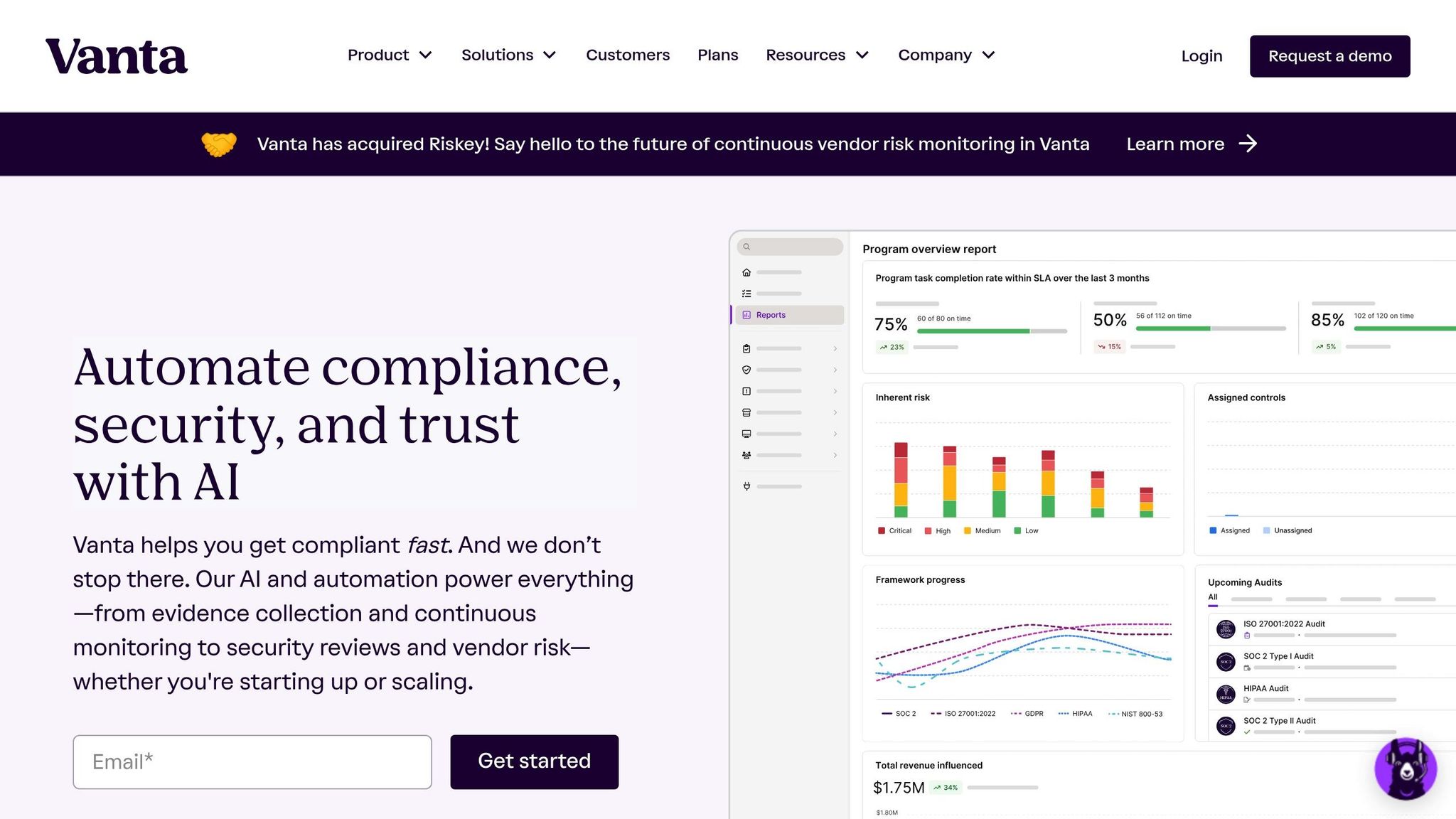
Vanta, much like Cycore, takes a unique approach to outsourced GRC (Governance, Risk, and Compliance) management, placing a strong emphasis on automation. This focus helps simplify compliance and risk management processes. Their platform is designed to automate compliance tasks through structured annual subscription plans, ensuring continuous monitoring and audit preparedness for frameworks like SOC 2, ISO 27001, HIPAA, and GDPR.
Cost Structures
Vanta's pricing for annual subscriptions ranges from $10,000 to $80,000, with smaller businesses benefiting from the more basic automation options at the lower end of the scale.
However, estimating costs upfront can be tricky, as custom quotes require consultation with Vanta's sales team. Additional charges may apply for features like advanced questionnaire automation, multiple workspaces, or branded Trust Center options. Implementation fees are negotiable, and committing to multi-year agreements can lead to discounted rates.
Users have shared their experiences with Vanta's pricing and value. Financial Controller Mickey V. described it as a "perfect compliance automation tool at a high price". CEO William T. praised the platform, saying, "The software is intuitive, the policies alone are worth the cost, and I'm impressed by how Vanta continually expands coverage and functionality".
This transparent pricing model reflects Vanta's dedication to maintaining continuous compliance, as outlined in its Service Level Agreements (SLAs).
Service Level Agreements (SLAs)
Vanta's SLA is centered around automated evidence collection and continuous monitoring for compliance frameworks like SOC 2, ISO 27001, HIPAA, and GDPR. Their approach integrates best practices into existing systems, minimizing implementation time while ensuring organizations remain audit-ready.
Key Performance Indicators (KPIs)
Vanta enhances its SLAs by providing organizations with measurable KPIs through its Vendor Risk Management (VRM) solution. This tool offers a centralized vendor inventory, customizable risk assessments, visual dashboards, automated security reviews, and system integrations.
The VRM metrics offer actionable insights into third-party risks and vendor reliability, helping organizations make informed decisions about vendor selection and risk mitigation. For instance, Kapiche, a Vanta client, successfully reduced the time spent on vendor security assessments from one full day to just one hour per week.
Deloitte's 2023 global TPRM report underscores the value of a "track-and-react" approach in building effective VRM strategies. To maximize the benefits of Vanta's VRM tool, organizations should tailor benchmarks to their size, strategic priorities, and regulatory requirements. Key areas of focus include data security, resource efficiency, process effectiveness, team productivity, and vendor risk categorization.
sbb-itb-ec1727d
3. Drata
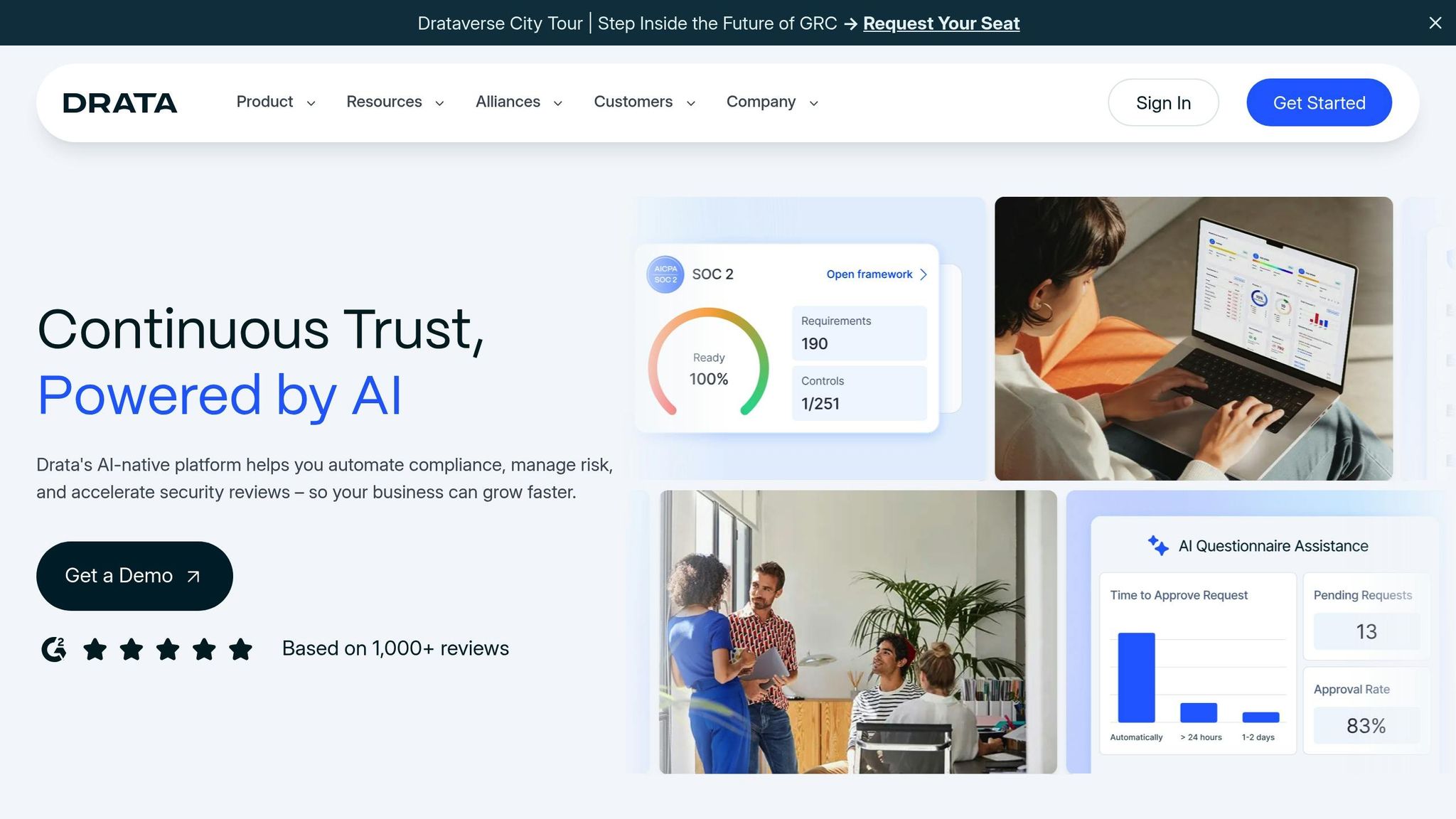
Drata simplifies governance, risk, and compliance (GRC) management by automating evidence collection and supporting a wide range of compliance frameworks. With over 20 pre-built frameworks - including SOC 2, ISO 27001, HIPAA, GDPR, and PCI DSS - it’s a versatile solution for organizations tackling diverse compliance challenges. Below, we break down Drata's pricing options and its standout SLA and KPI features.
Cost Structures
Drata uses a tiered pricing model designed to meet the needs of organizations of different sizes:
- Essential Plan: Starts at $7,500 per year, ideal for smaller organizations with basic compliance needs.
- Foundational Plan: Begins at $15,000 per year, catering to medium-sized businesses that require more advanced features.
- Advanced Plan: Custom pricing ranging from $10,000 to over $50,000, tailored for enterprise-level clients with complex requirements.
Market data from Vendr shows that Drata's pricing typically falls between $10,500 and $43,850 per year, with the median buyer spending around $25,000 annually. The average contract size is approximately $34,385 per year, and buyers often save an average of 23% through negotiation .
"Drata recently updated their packaging. It used to be based on a platform fee, specific framework add-ons, and additional a la carte SKUs. They now bundle that into tiers."
- Company with 201–1000 employees
Cost savings are possible by committing to annual or multi-year contracts. Timing negotiations during slower sales periods, such as summer or after the winter holidays, can also yield better deals.
Service Level Agreements (SLAs)
Drata’s SLAs are designed to ensure continuous compliance readiness, providing peace of mind for organizations. Its SLA framework revolves around continuous control monitoring, utilizing tools like the Evidence Library and Audit Hub to identify and address potential control failures or deficiencies.
Drata also connects organizations with pre-vetted auditing firms through its Auditor Alliance network, streamlining the audit process and improving reliability. The platform’s AI-powered security questionnaire tool speeds up response times while maintaining accuracy, and its Trust Center highlights key compliance and security achievements for stakeholders.
Integrations with cloud service providers, identity management platforms, and version control systems enhance Drata’s monitoring capabilities. Its dashboard offers real-time compliance updates, enabling organizations to stay proactive in addressing potential issues.
Key Performance Indicators (KPIs)
Drata’s KPI framework tackles common compliance challenges with a focus on efficiency and risk management. For example, 74% of organizations find compliance burdensome, and 42% rank compliance training as a top priority. Drata’s metrics help organizations measure progress in areas like cost savings, risk reduction, and operational efficiency.
Manual evidence collection is a significant pain point, with 18% of respondents citing it as their biggest challenge and 21% struggling with limited staff resources. Drata’s automated evidence collection addresses these issues, freeing up resources for other priorities.
Its monitoring features are particularly valuable given that 48% of organizations lack a complete list of third parties with network access. Drata’s anomaly detection and monitoring tools ensure compliance visibility and help mitigate risks before they escalate.
Advantages and Disadvantages
When choosing a provider, it's essential to weigh their strengths and weaknesses against your compliance needs and budget. Here's a detailed comparison of three major players:
| Provider | Advantages | Disadvantages |
|---|---|---|
| Cycore | • Combines vCISO, vDPO, and GRC tool administration in one service model • Offers scalable plans for businesses of all sizes • Supports multiple frameworks with custom GRC tool integration • Blends human expertise with technology-driven solutions • Provides ongoing security and privacy compliance monitoring |
• Pricing details are not publicly available; requires consultation • Enterprise plan supports a maximum of four GRC tools |
| Vanta | • Integrates with over 375 tools, providing an extensive ecosystem • Reduces audit preparation time by 82%, as reported by users • Delivers a documented ROI exceeding 525% (per IDC research) • Features a user-friendly interface with a clean design • Offers API capabilities for significant automation |
• Costs are 80–100% higher than competitors due to add-ons • Hidden fees for extra modules, integrations, and support • Prioritizes simplicity over depth, limiting advanced use cases • Some users report slow customer service response times • Full automation (90%) requires complete integration adoption, leaving some manual tasks |
| Drata | • Quick implementation with responsive customer support • Automates evidence collection with over 270 integrations • Features a clear, intuitive interface • Provides real-time compliance updates with continuous control monitoring |
• Annual pricing ranges from $15,000 to $100,000, which may be steep for smaller businesses • While feature-rich, the platform can lack intuitiveness • Users have reported system bugs and unreliable reports affecting audits • Some feedback suggests overselling of capabilities without fully meeting expectations |
While these summaries provide a snapshot, deeper insights into pricing, service level agreements (SLAs), and key performance indicator (KPI) tracking reveal further distinctions.
Pricing Transparency Comparison
Vanta's pricing structure can make budgeting tricky due to hidden costs and the need for custom quotes. On the other hand, Drata's higher starting price offers a more predictable cost structure, which can be beneficial for long-term planning.
SLA and Performance Guarantees
Each provider takes a unique approach to service delivery. Cycore emphasizes a human-driven model with personalized vCISO and vDPO services. Vanta focuses on automated real-time monitoring but has faced some criticism for customer service delays. Drata, meanwhile, highlights continuous control monitoring and automated oversight.
KPI Tracking Capabilities
When it comes to KPI tracking, the choice largely depends on the organization's specific needs. Vanta excels with its extensive integrations, but its full potential is only realized when its ecosystem is fully adopted. A GRC and IT director from a medium enterprise shared their perspective:
"Vanta is far better in my opinion. The integrations and way it handles compliance is so much better than the others."
– Director of GRC and IT, Medium Enterprise Internet Software & Services Company
These insights, alongside earlier analyses, provide a clearer picture for selecting a GRC provider. The decision ultimately hinges on whether cost efficiency, feature depth, or service quality aligns best with your organization's goals.
Conclusion
Selecting the right GRC outsourcing partner comes down to understanding your specific needs, budget, and compliance objectives. Each provider offers distinct strengths tailored to different business scenarios.
Cycore stands out with its personalized approach, offering vCISO and vDPO services tailored to multiple frameworks. Vanta shines in automation, providing seamless integrations for complex technical environments. Drata offers a balanced solution, combining compliance automation with straightforward, predictable pricing - an excellent choice for mid-market companies.
The importance of scalable and expert-driven GRC outsourcing continues to grow. With 94% of senior executives acknowledging that scalable GRC teams are crucial for business success, and 80% of companies grappling with modern risks, outsourcing has become a necessity rather than an option.
Choosing the right partner not only addresses these challenges but also creates a competitive edge. For U.S. organizations, Cycore delivers tailored expertise, Vanta leads in advanced automation, and Drata provides a cost-effective, balanced approach to compliance. Look for a provider with a proven track record in your industry and a strong grasp of regulatory requirements - organizations with an incident response team, for example, save an average of $2.66 million per data breach.
FAQs
What should businesses consider when selecting a GRC outsourcing provider like Cycore?
When selecting a GRC outsourcing provider like Cycore, it's important to weigh a few critical factors to ensure the partnership aligns with your business needs. Start by looking at their industry expertise and track record - this will help you gauge whether they fully understand the compliance challenges and requirements specific to your field.
Another key consideration is scalability. As your business grows, your compliance needs might expand too, so the provider should be equipped to handle that evolution.
Don’t overlook the cost structure - it should fit within your budget while still delivering the services you need. Security features are also crucial to safeguard sensitive data, and the provider should offer solutions that integrate smoothly with your current systems.
Lastly, take a close look at their approach to communication, their ability to deliver customized reporting, and whether they take a proactive stance in addressing challenges. These elements can make a big difference in how well they support your business.
How can outsourcing GRC administration to a provider like Cycore help save money compared to managing it in-house?
Outsourcing GRC administration to Cycore can save your organization a considerable amount of money by removing the need to recruit and train an in-house team. Instead, Cycore offers access to expert professionals, advanced technologies, and efficient workflows, all designed to lower operational costs.
Through automation and cost efficiencies, Cycore delivers effective GRC management at a much lower price than maintaining internal resources. This means your team can concentrate on what they do best - your core business - while staying compliant with standards like SOC 2, ISO 27001, and GDPR.
What advantages do Cycore's vCISO and vDPO services offer for businesses with complex compliance requirements?
Cycore's vCISO (Virtual Chief Information Security Officer) and vDPO (Virtual Data Protection Officer) services offer businesses expert-level support in navigating the complexities of compliance and security. Whether you're dealing with frameworks like SOC 2, ISO 27001, or GDPR, these services are tailored to fit the unique needs of your organization.
What makes Cycore stand out is the ability to provide specialized expertise without the expense of hiring full-time staff. These flexible solutions grow alongside your business, helping you manage risks effectively while simplifying compliance processes. With Cycore handling your security and regulatory responsibilities, you can concentrate on what you do best - running your business - while ensuring your sensitive data stays protected and your regulatory obligations are met.





